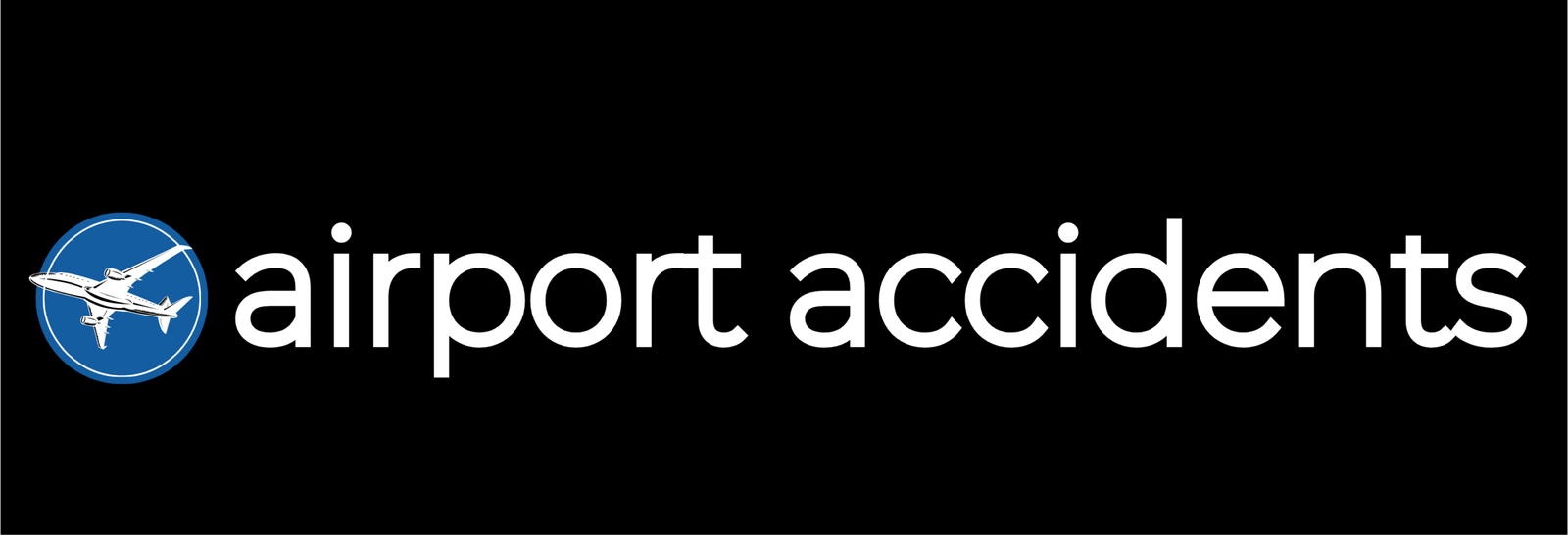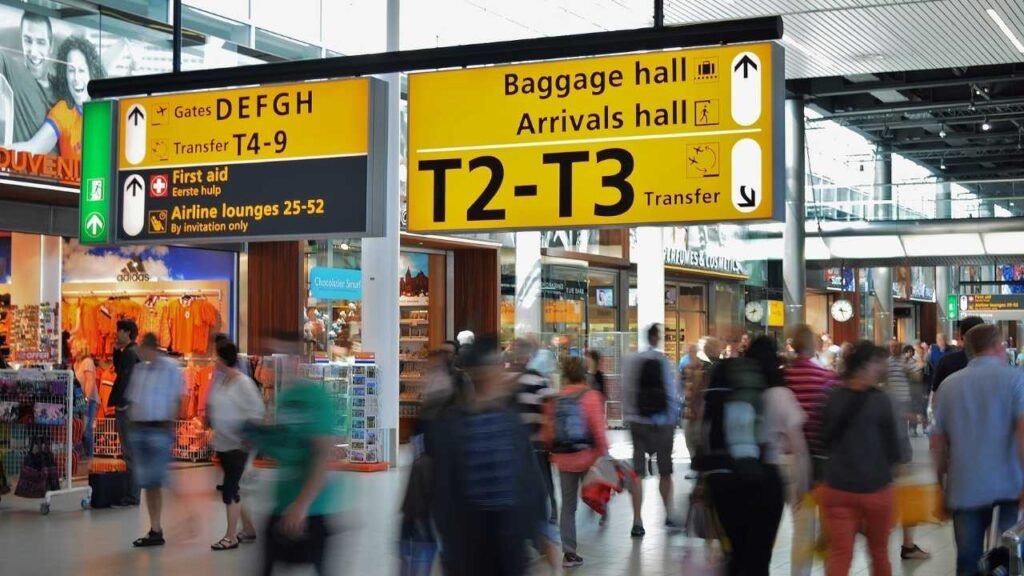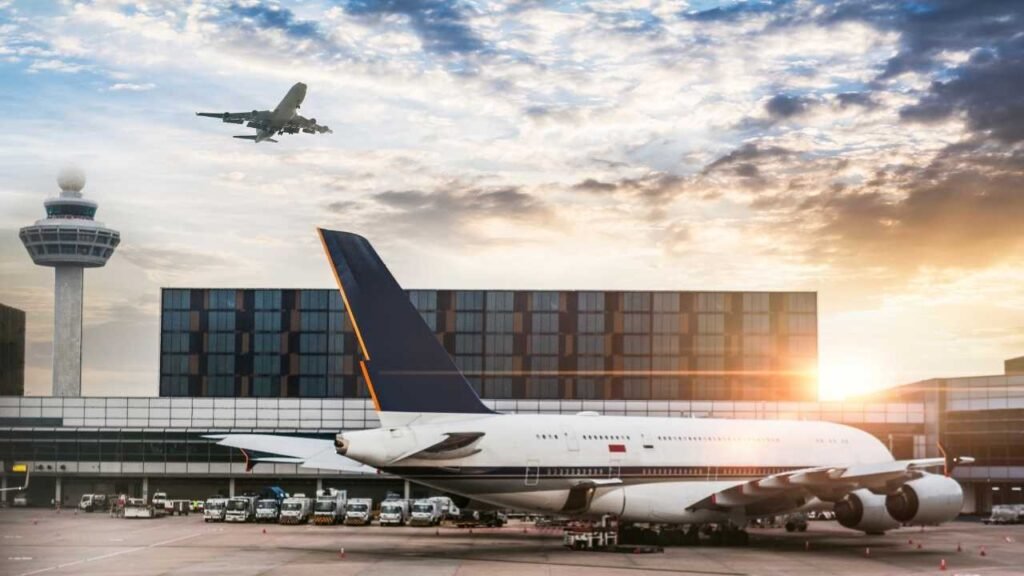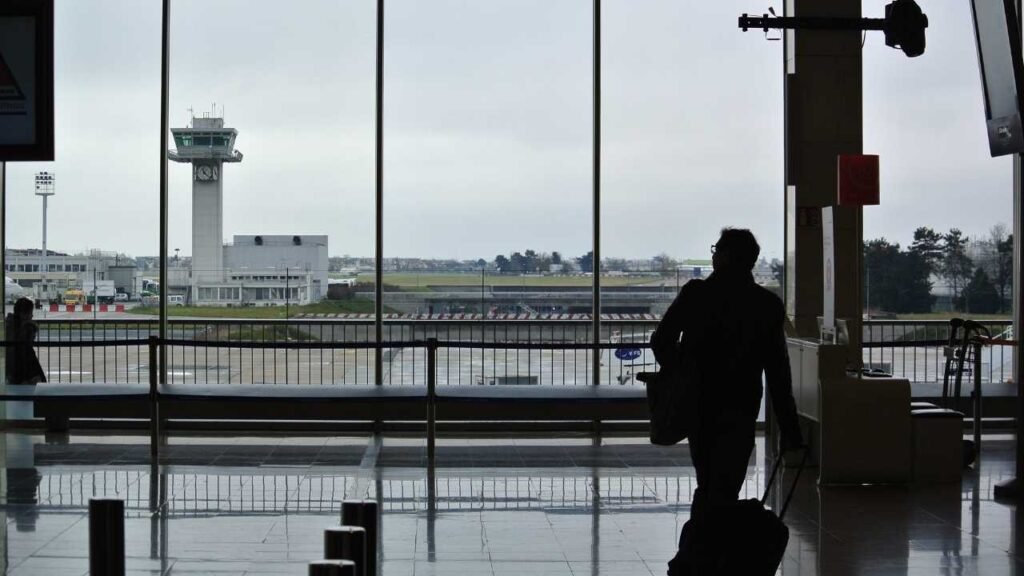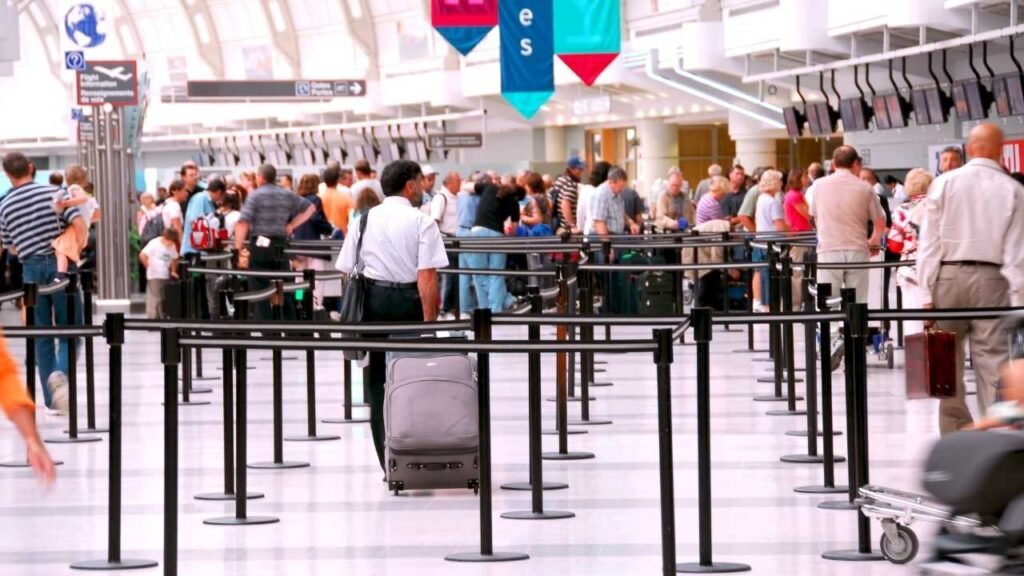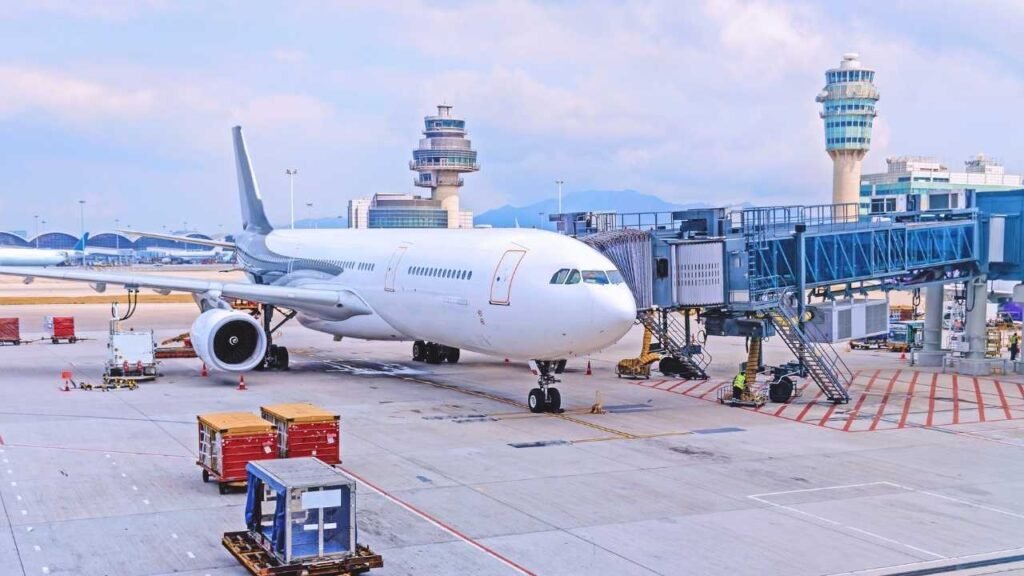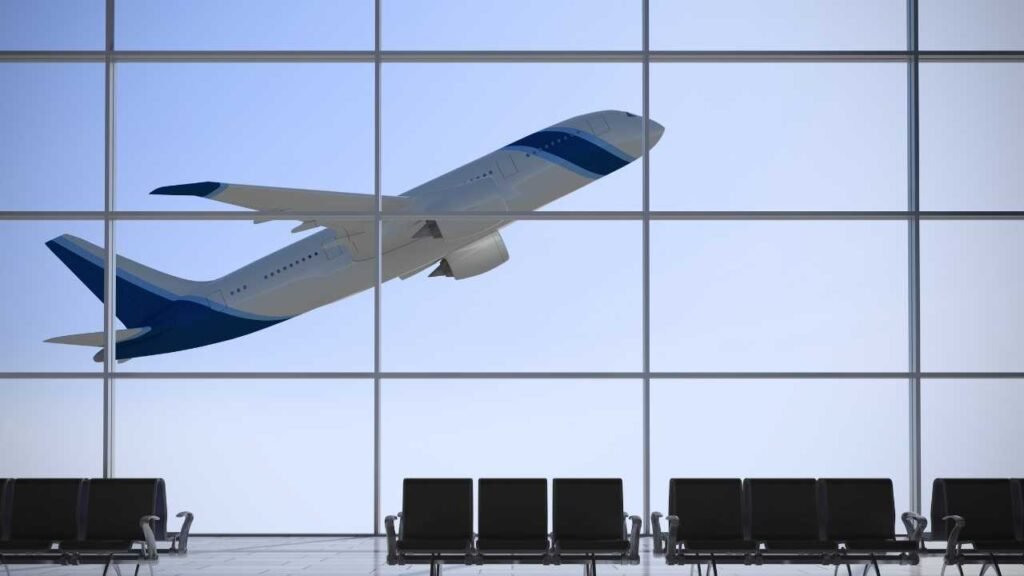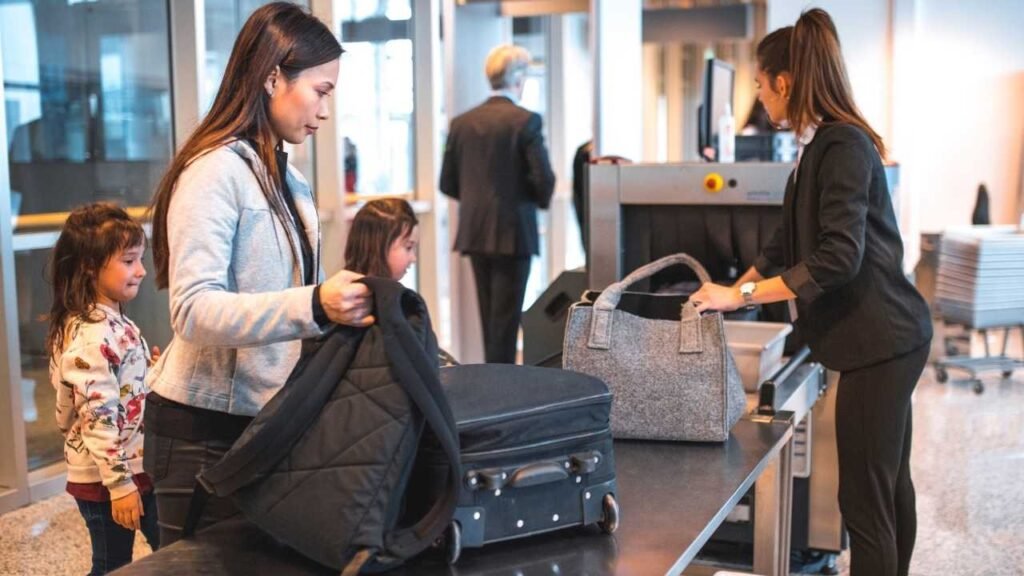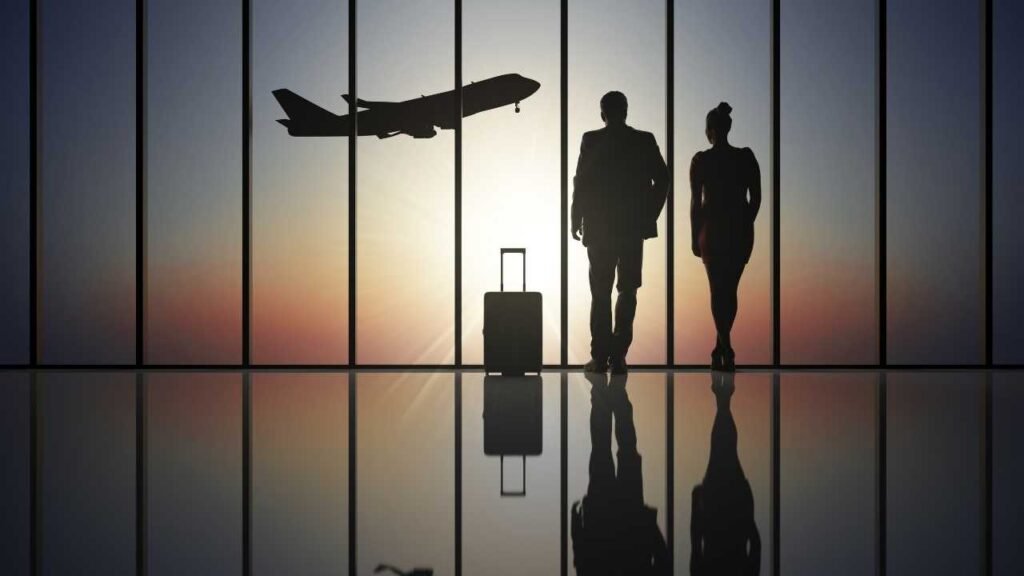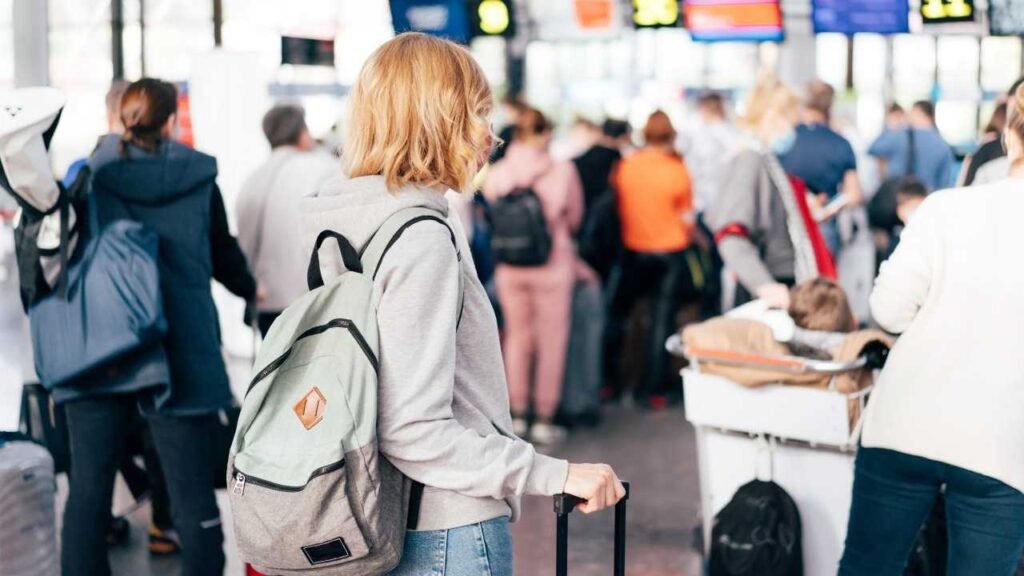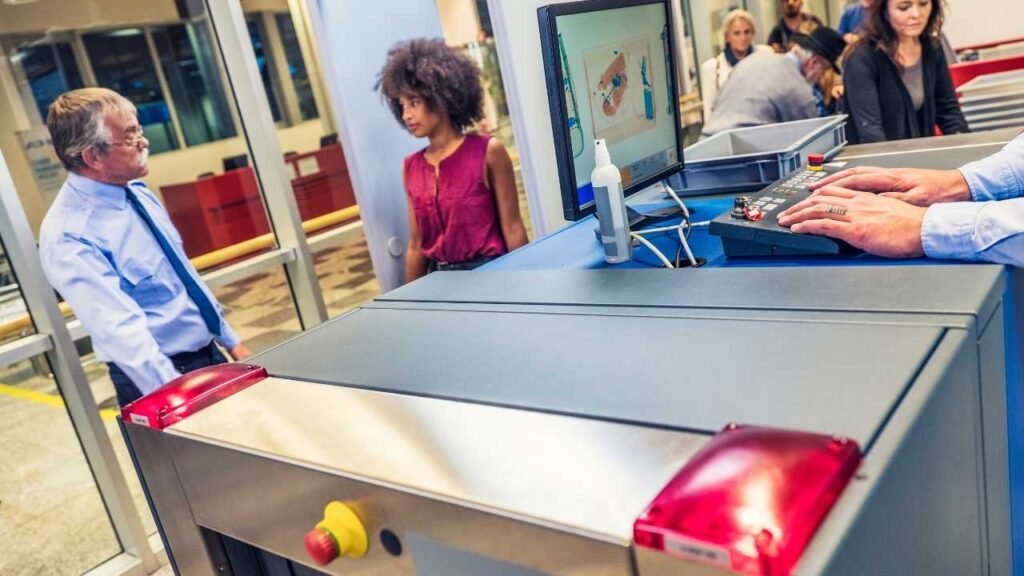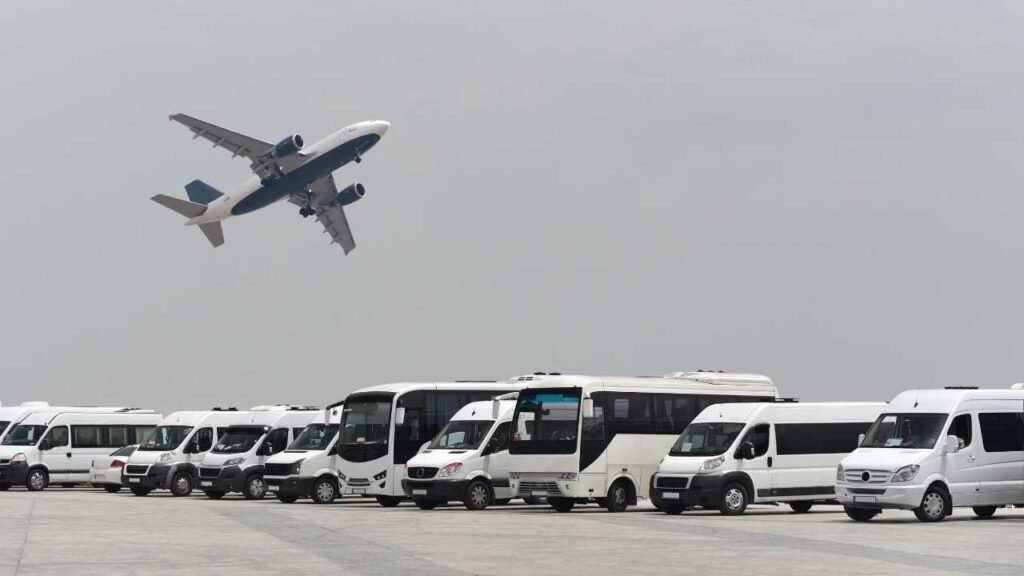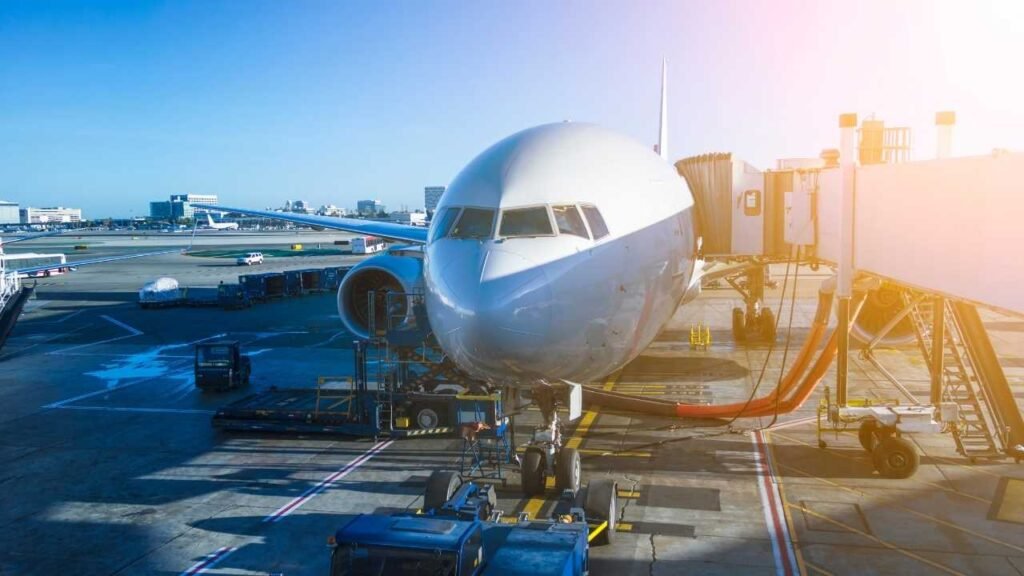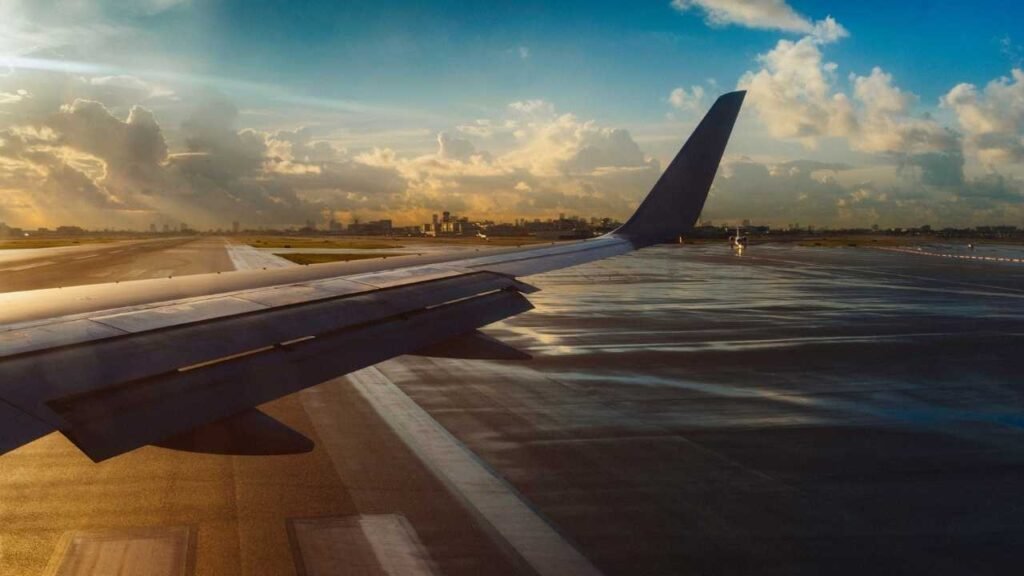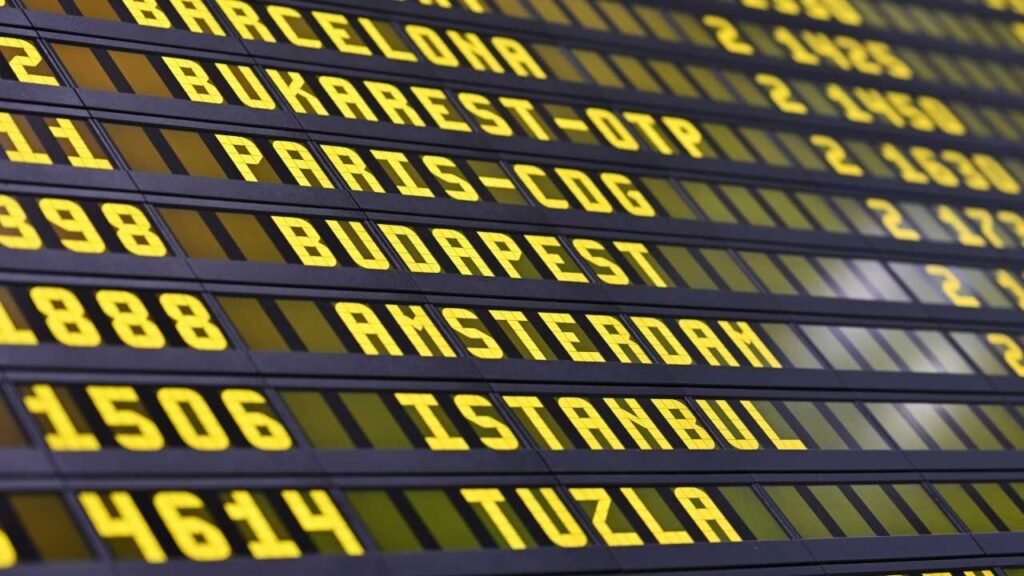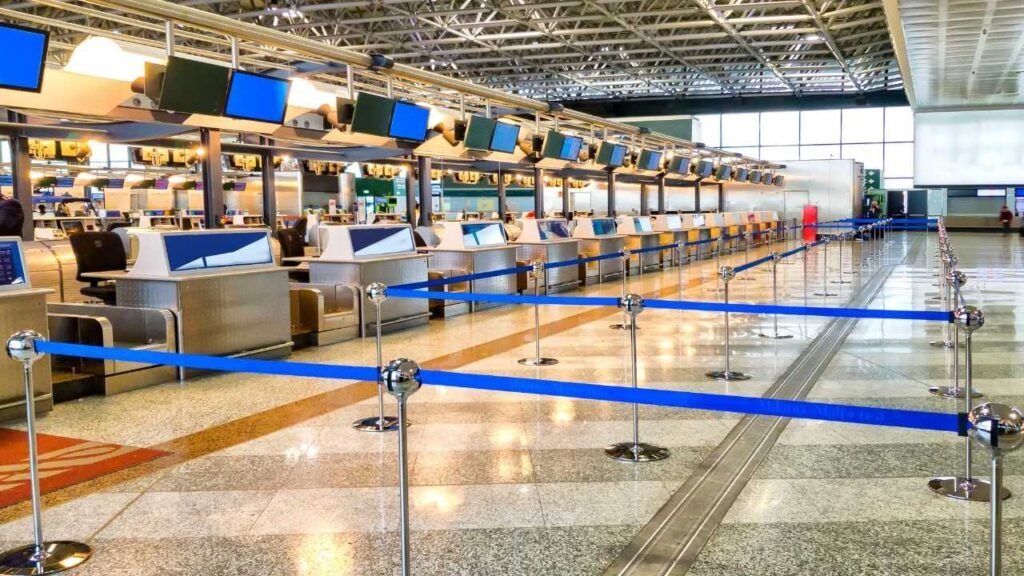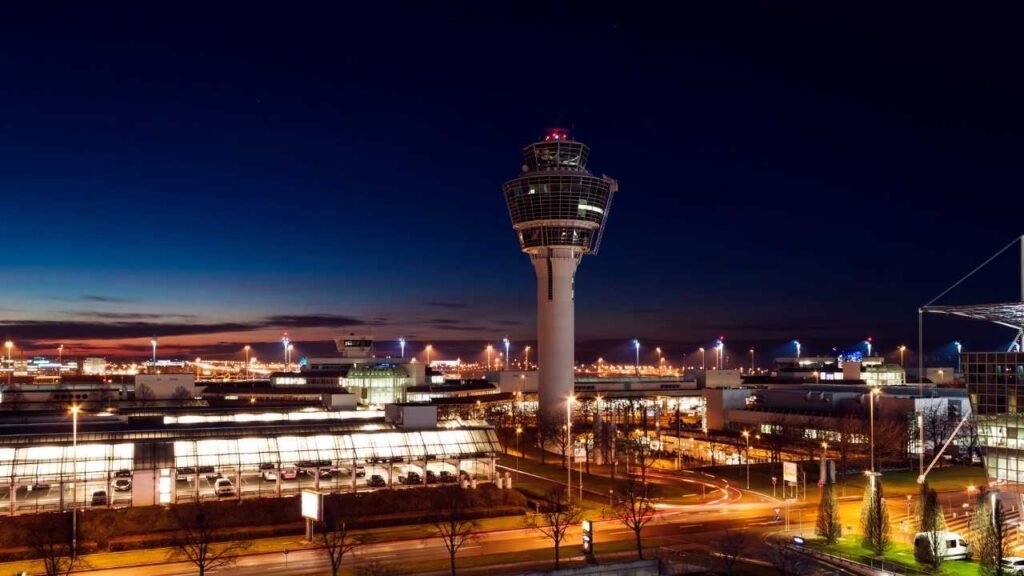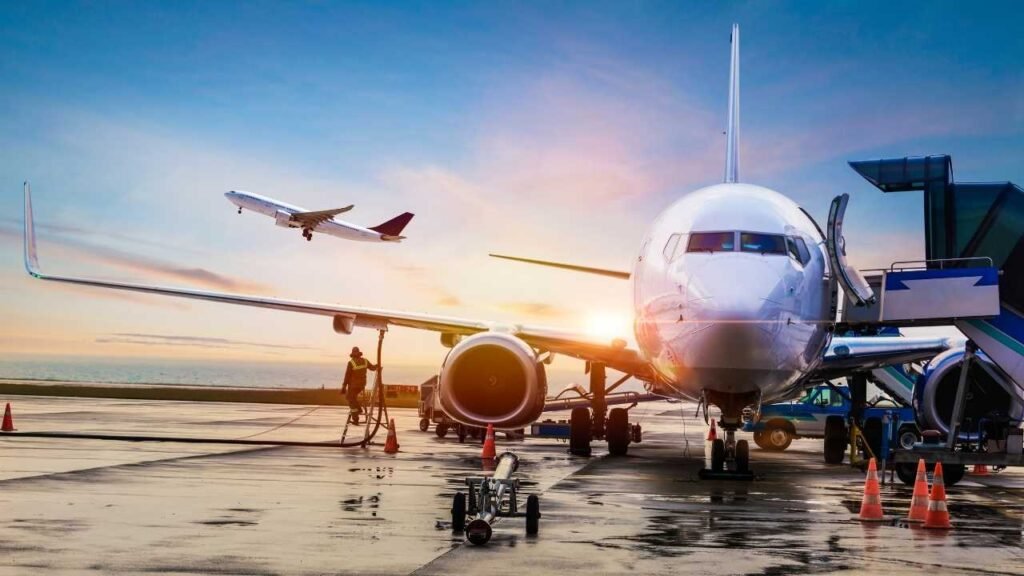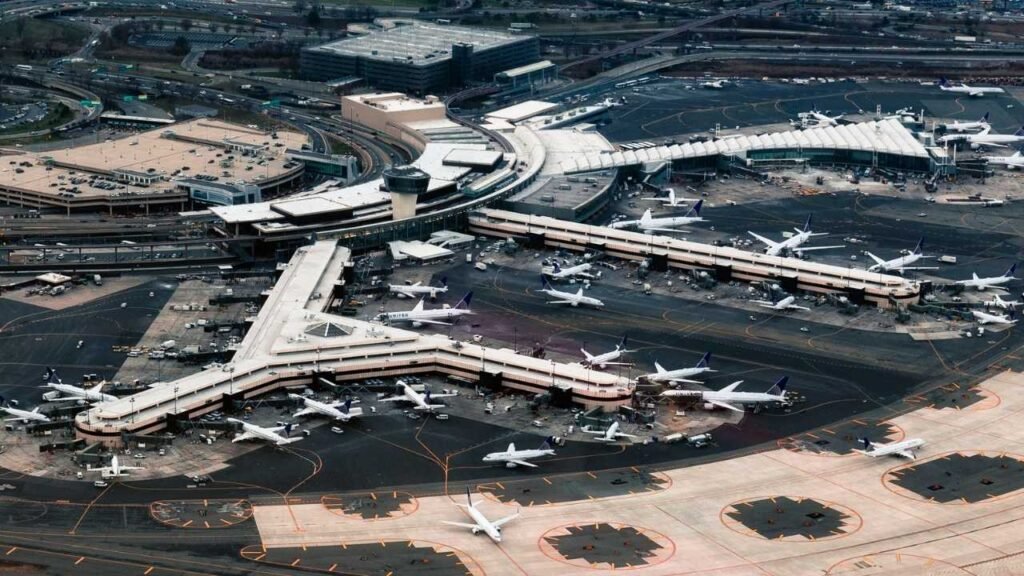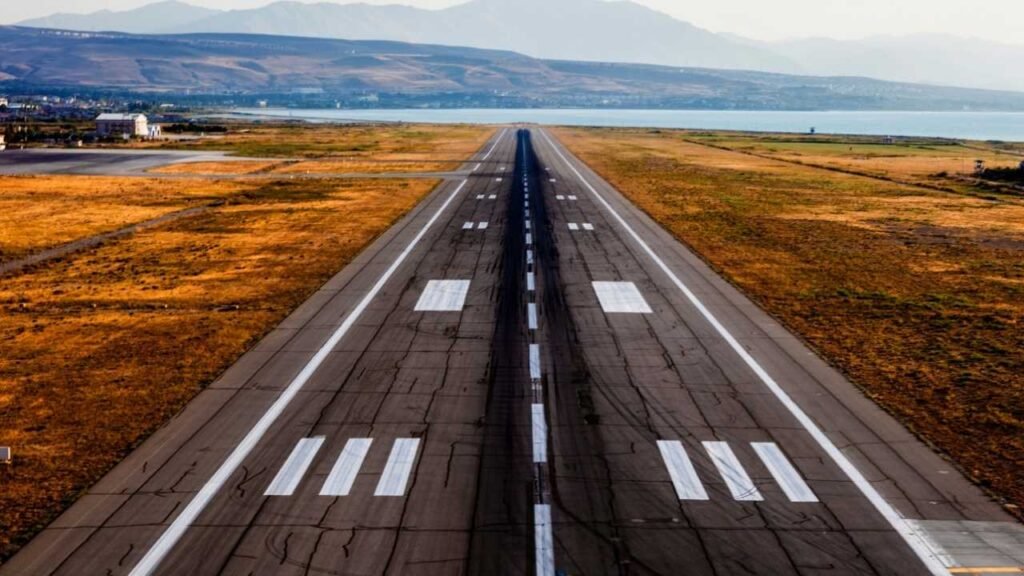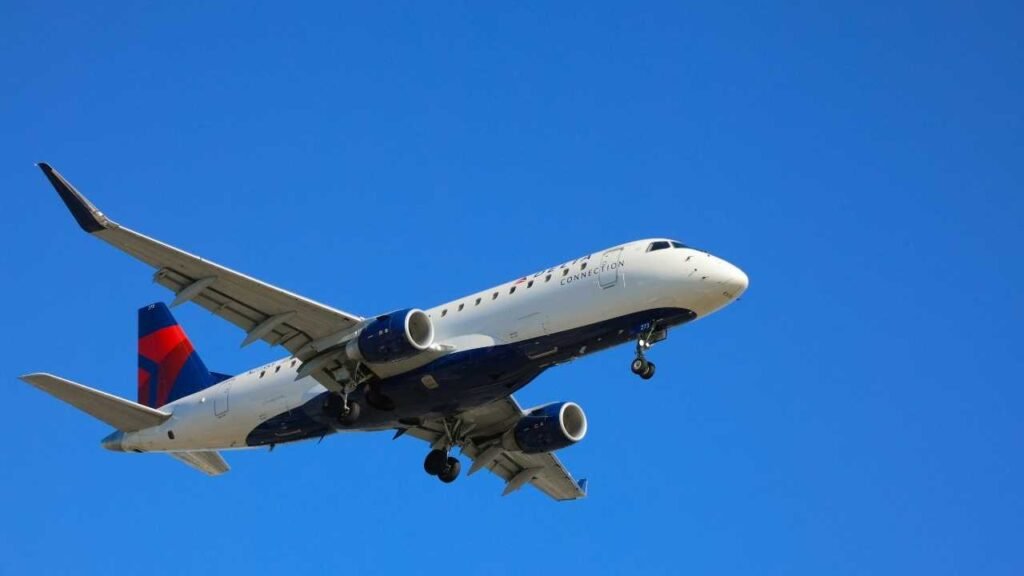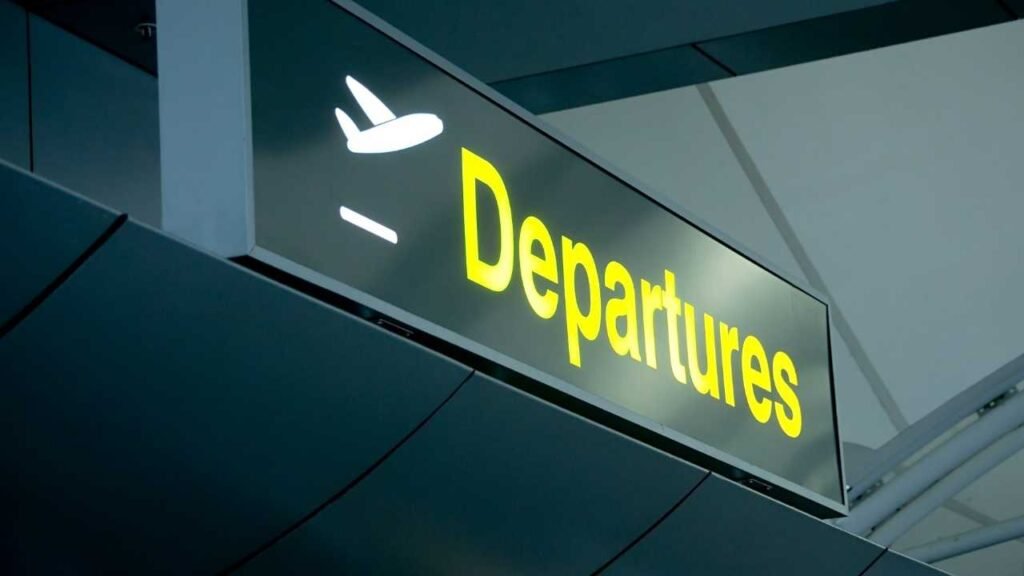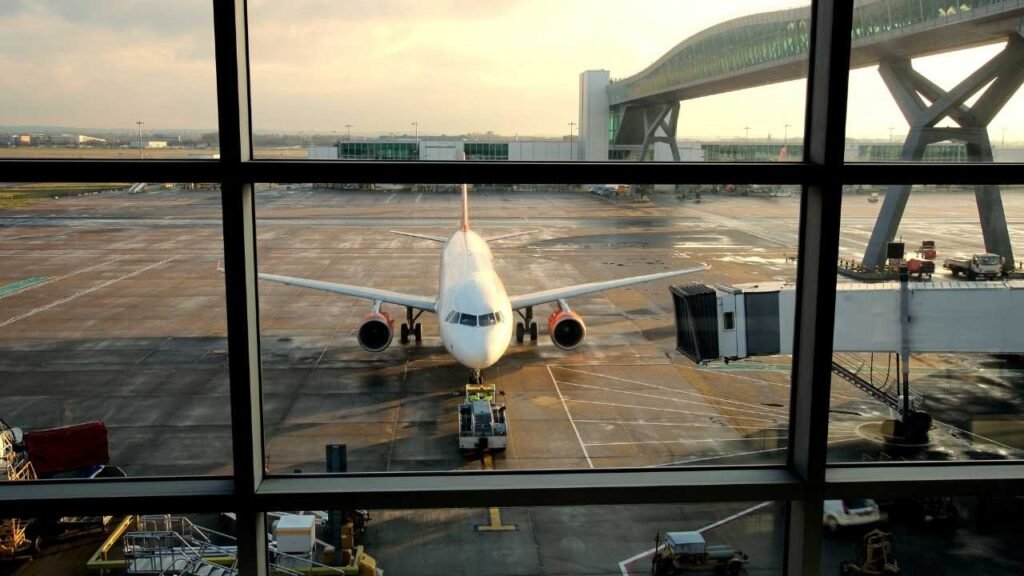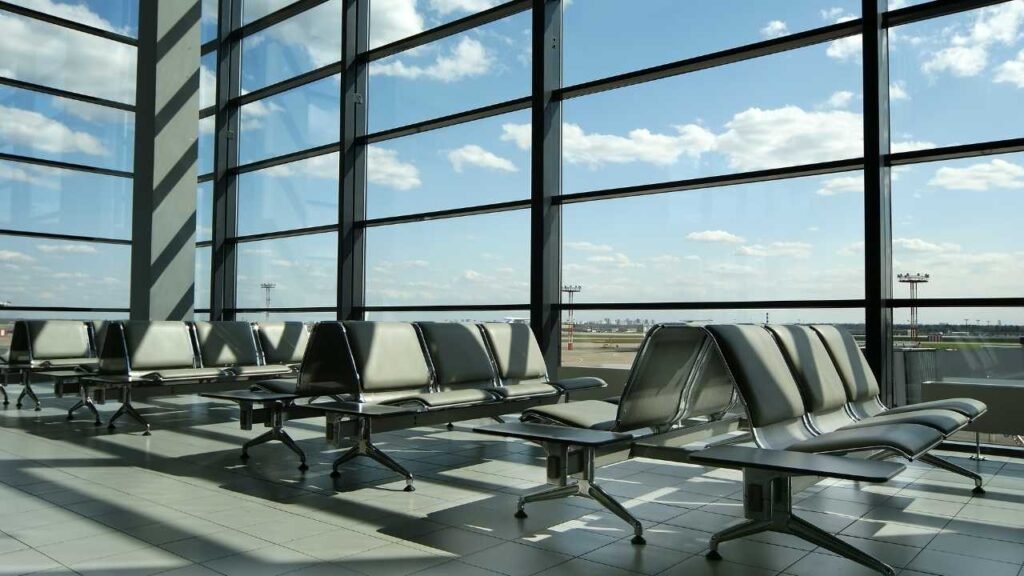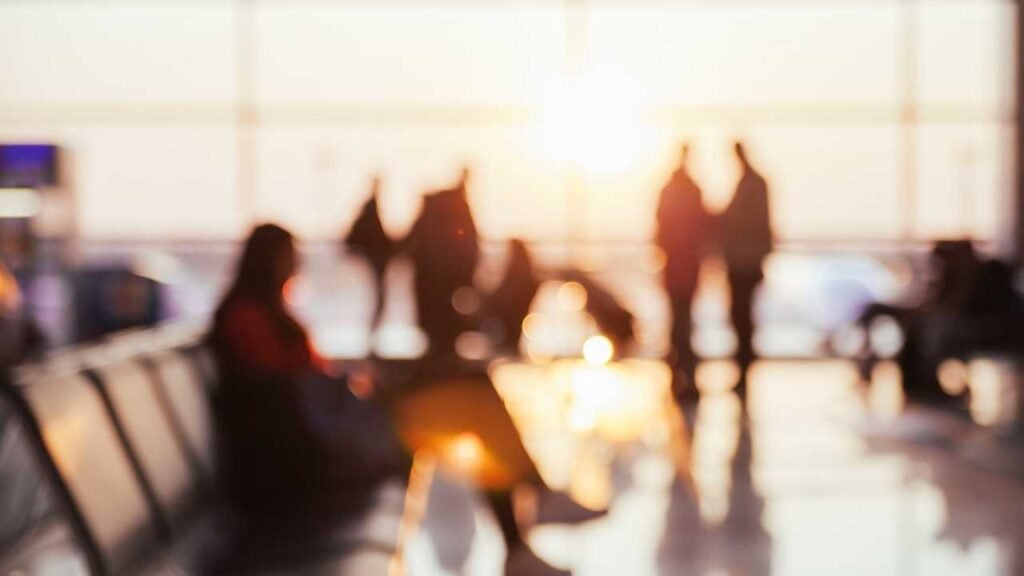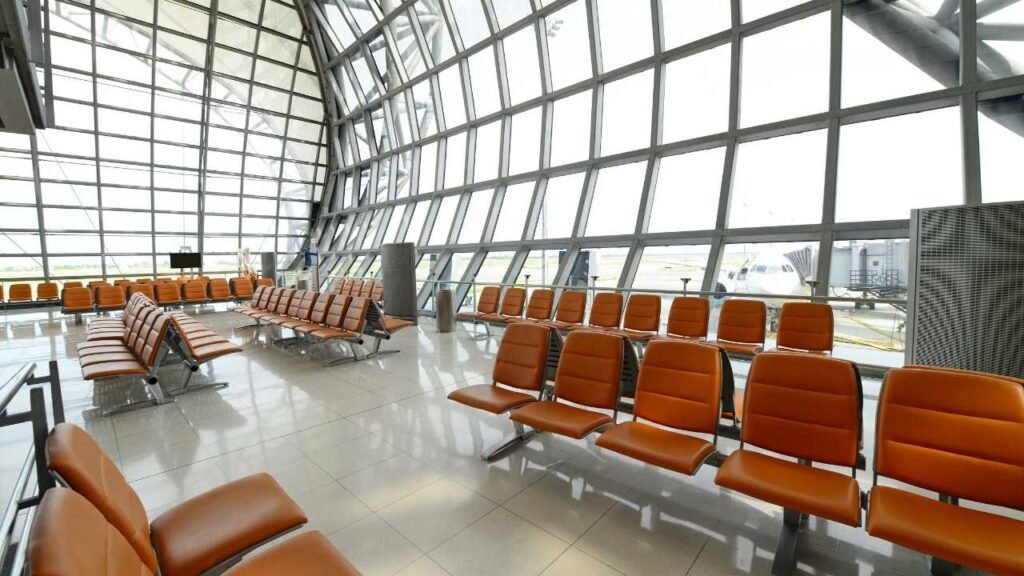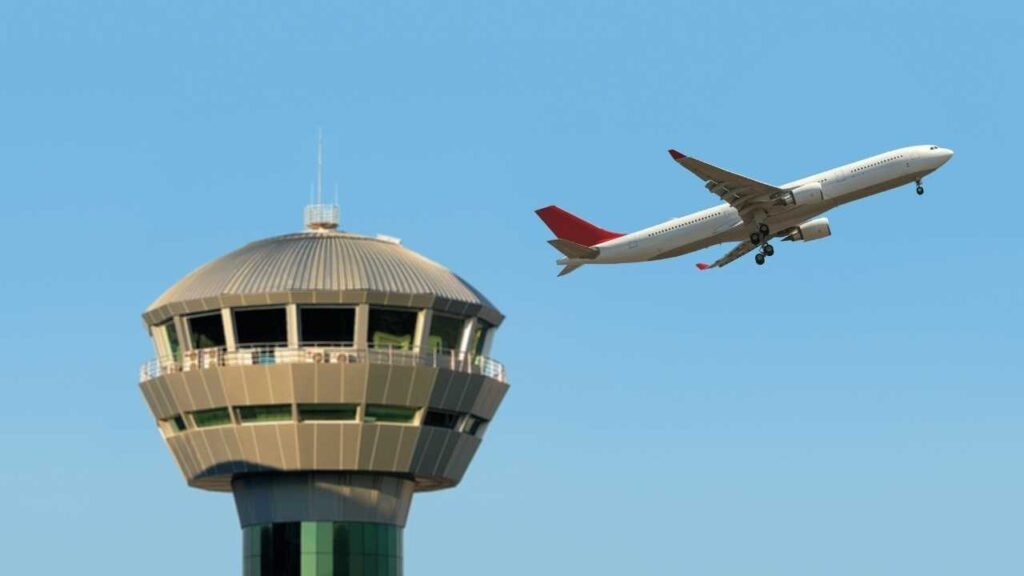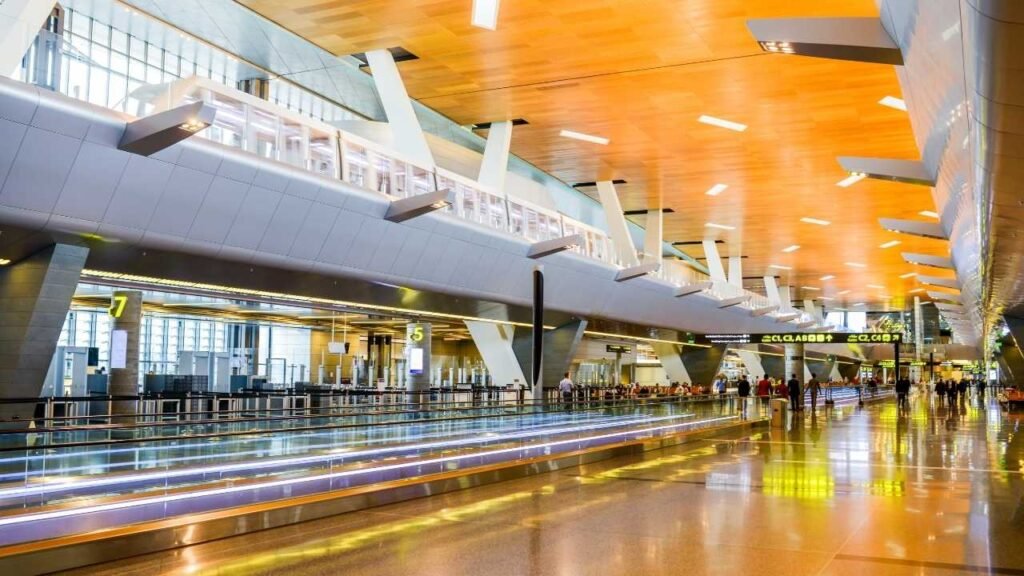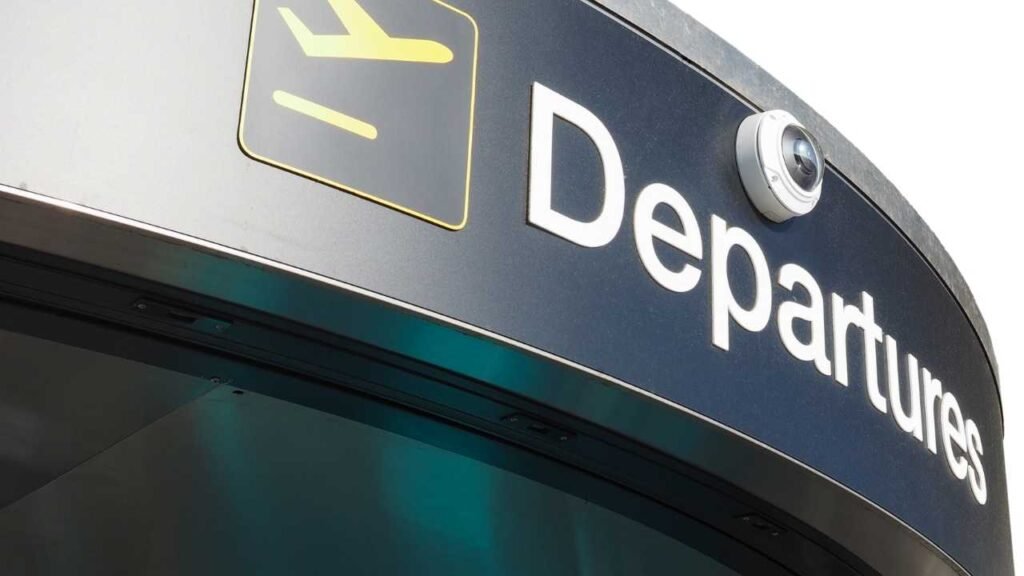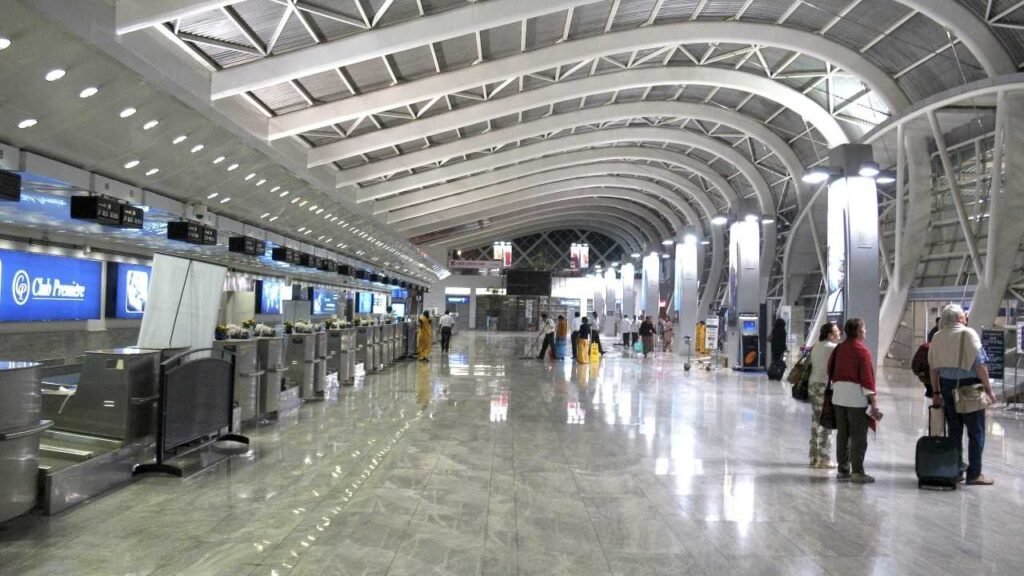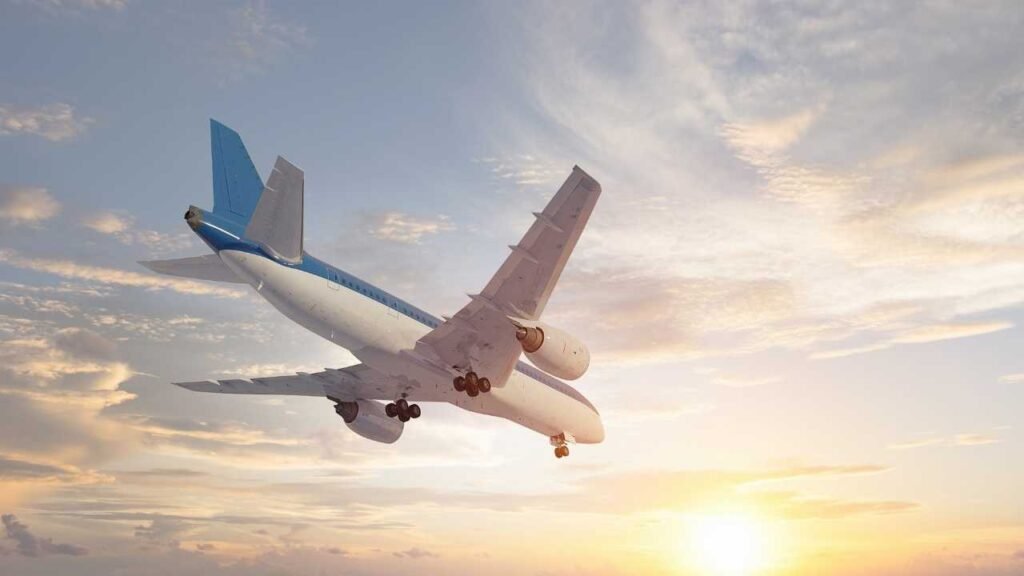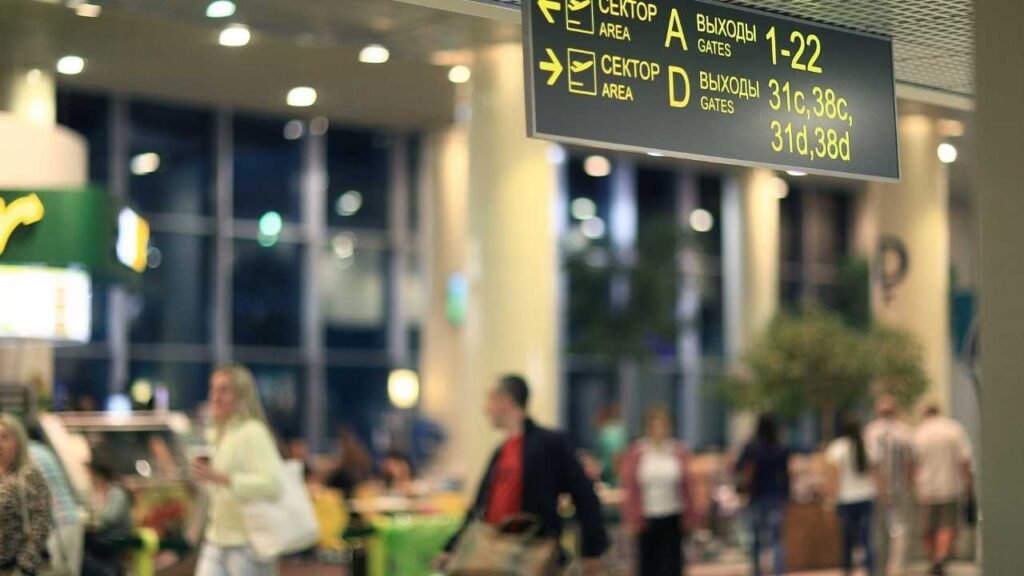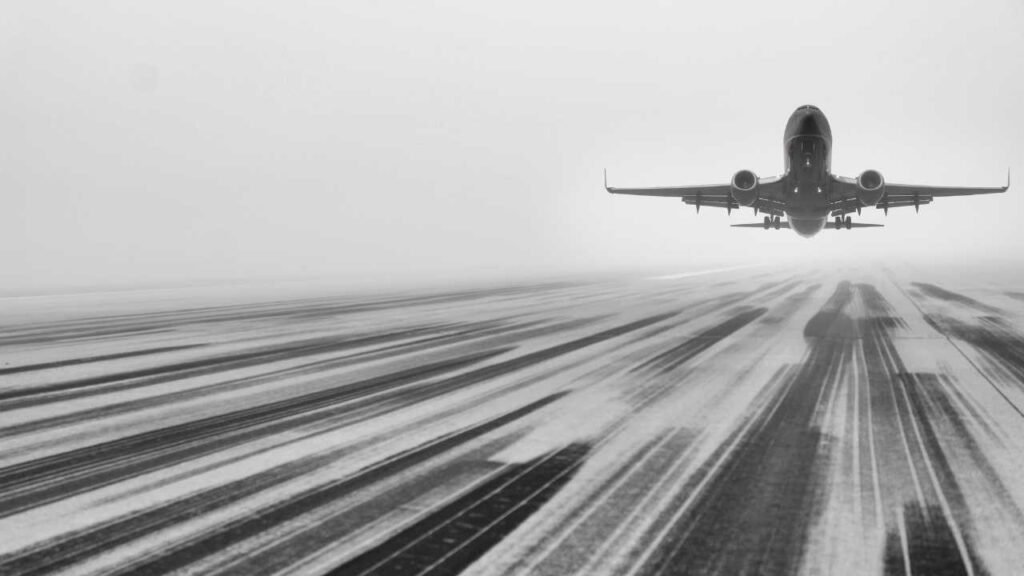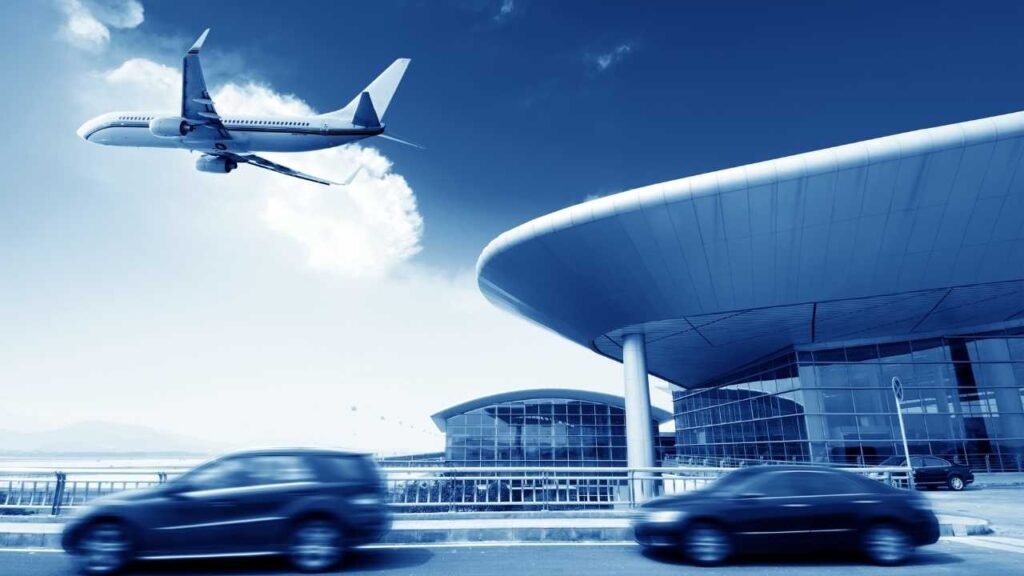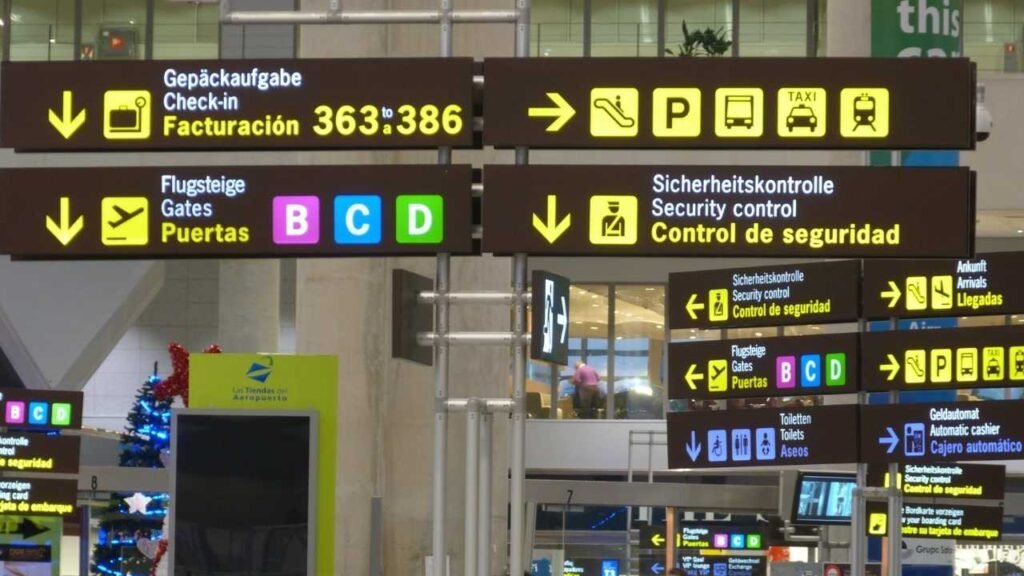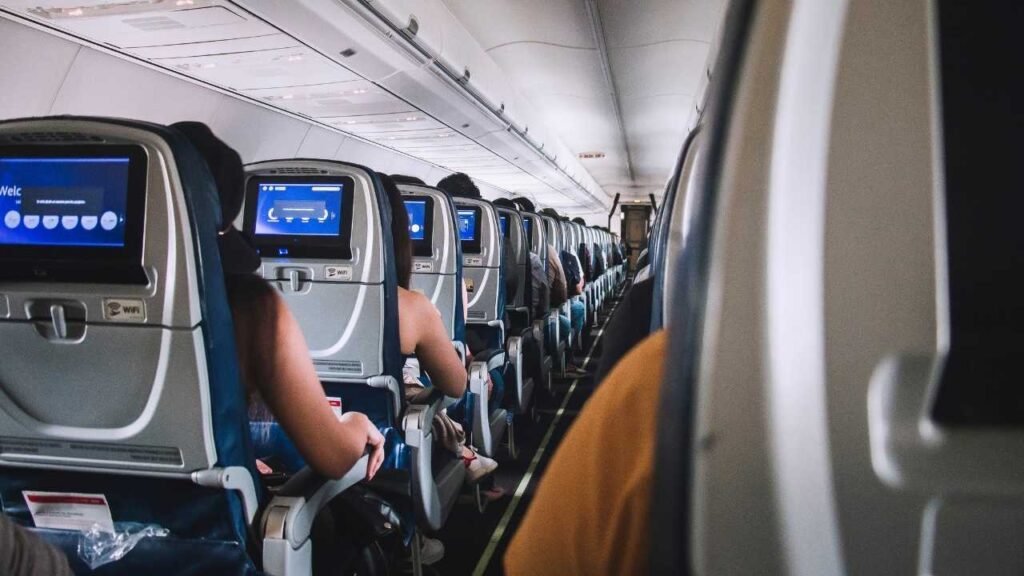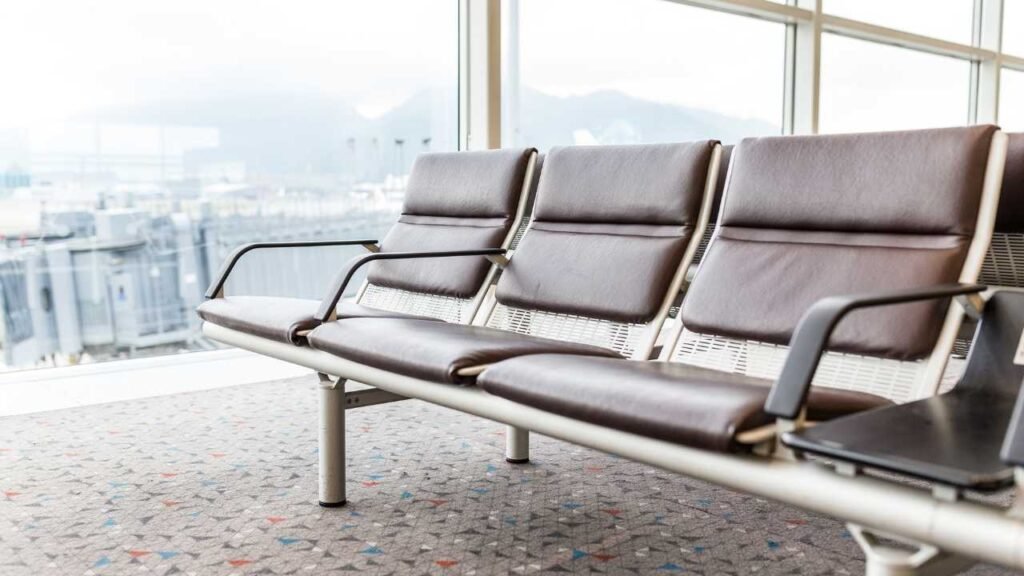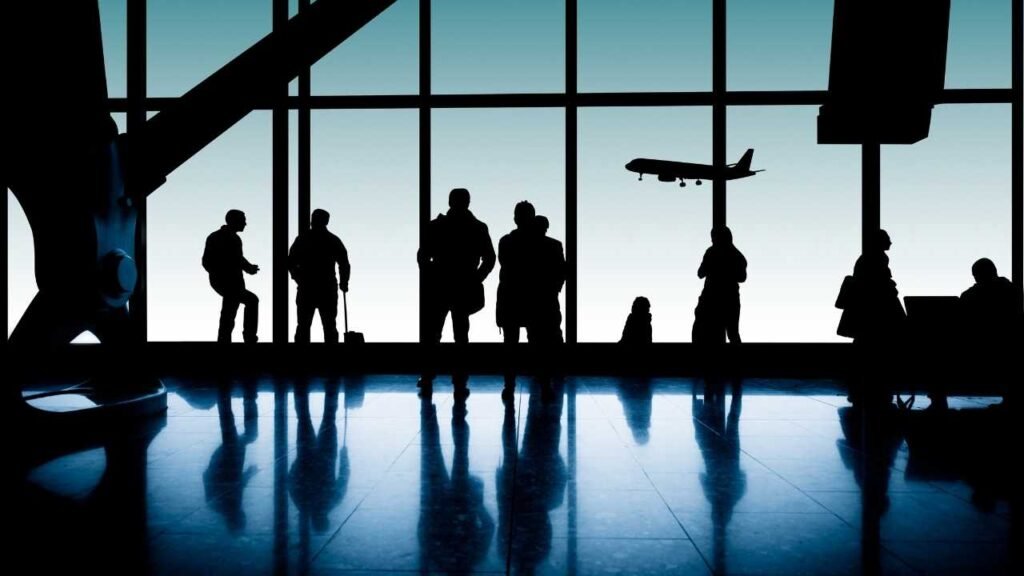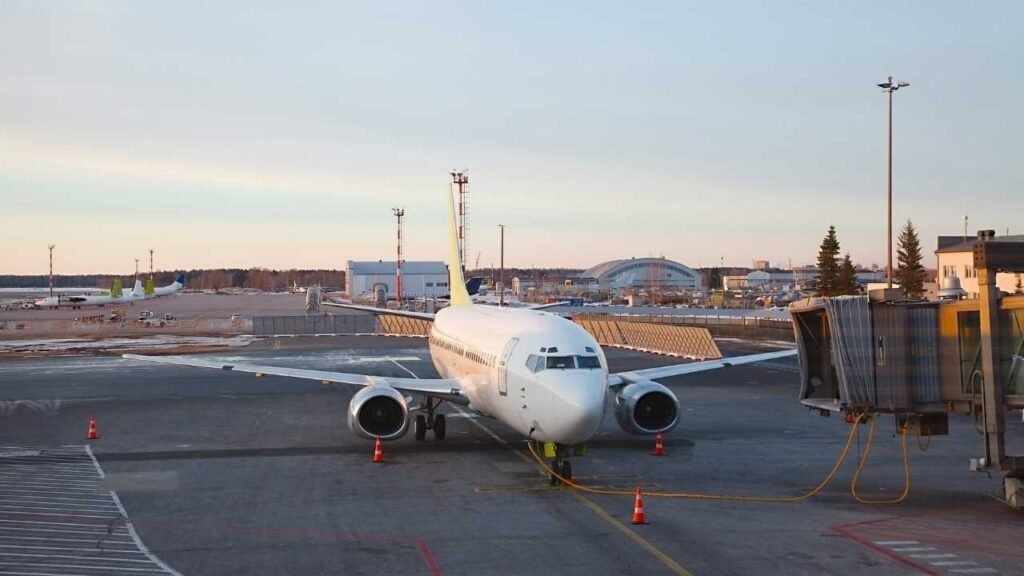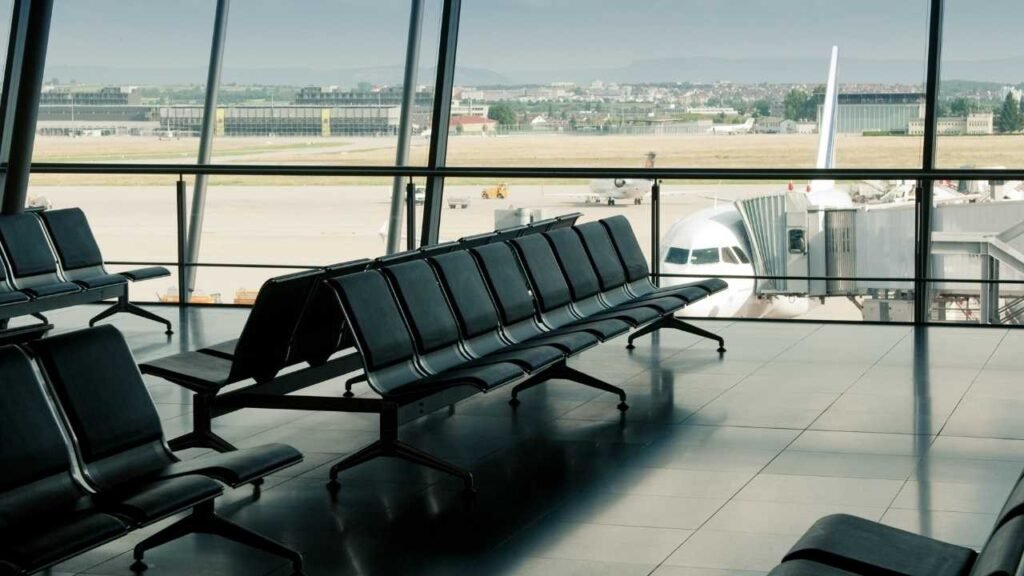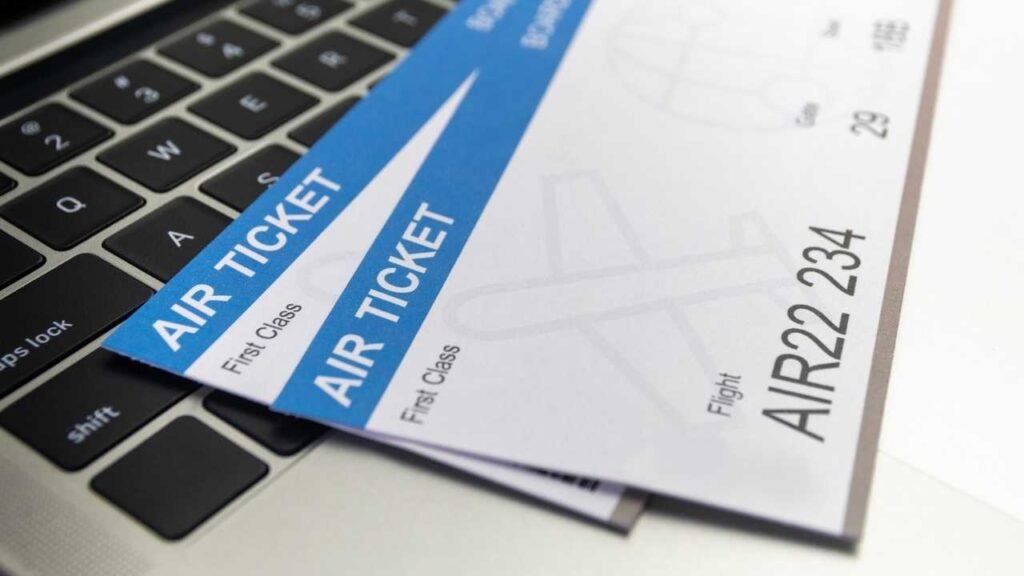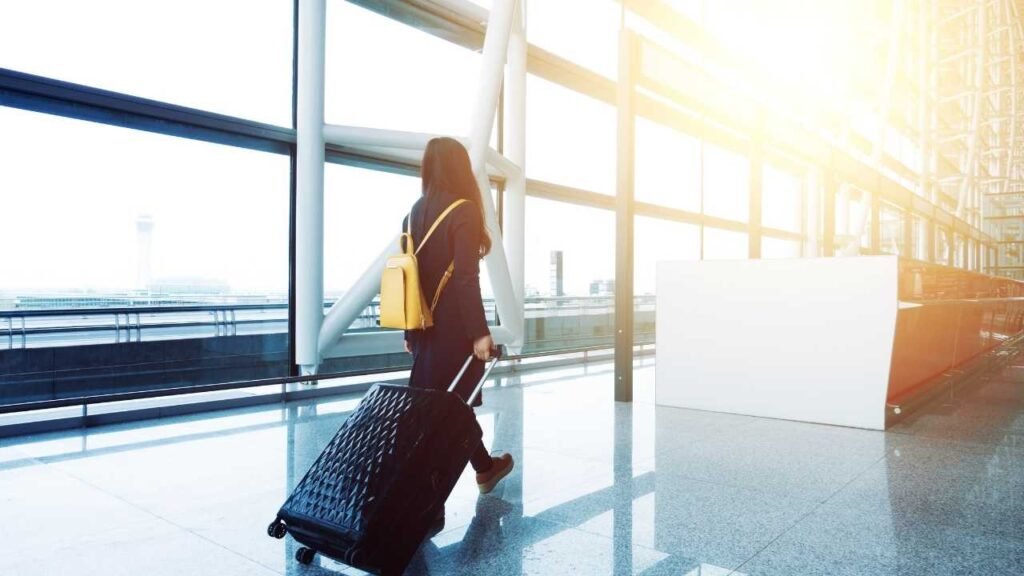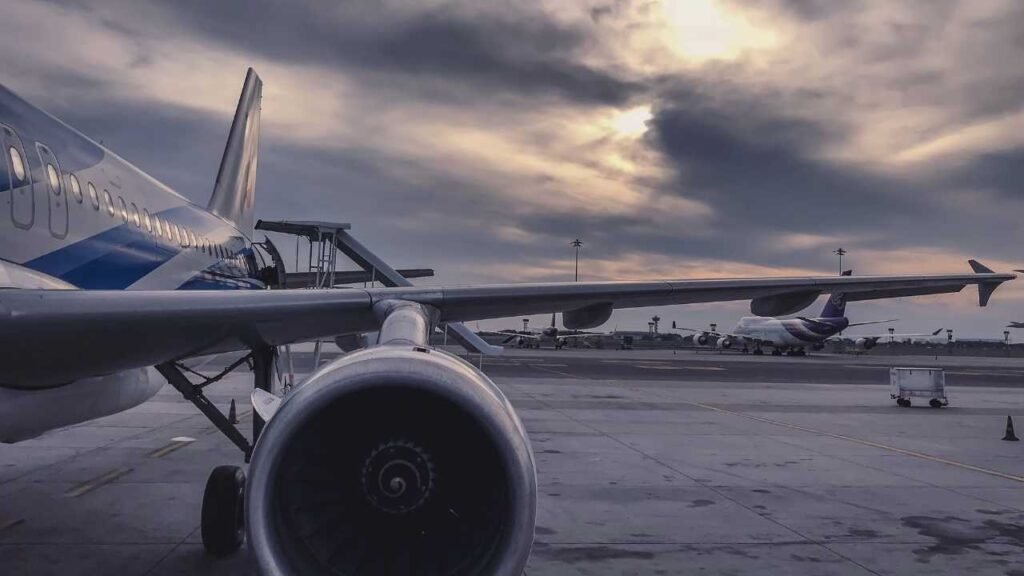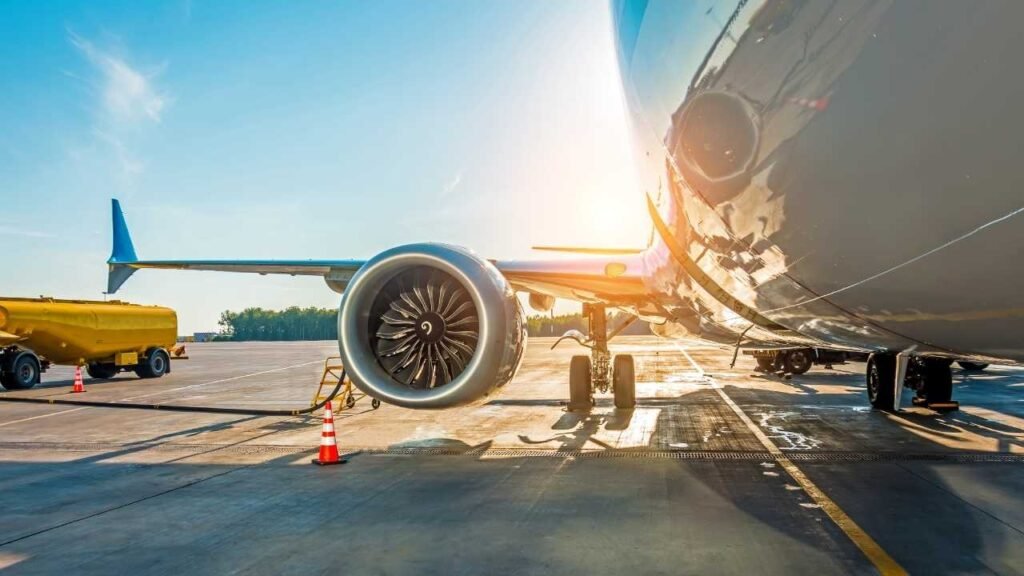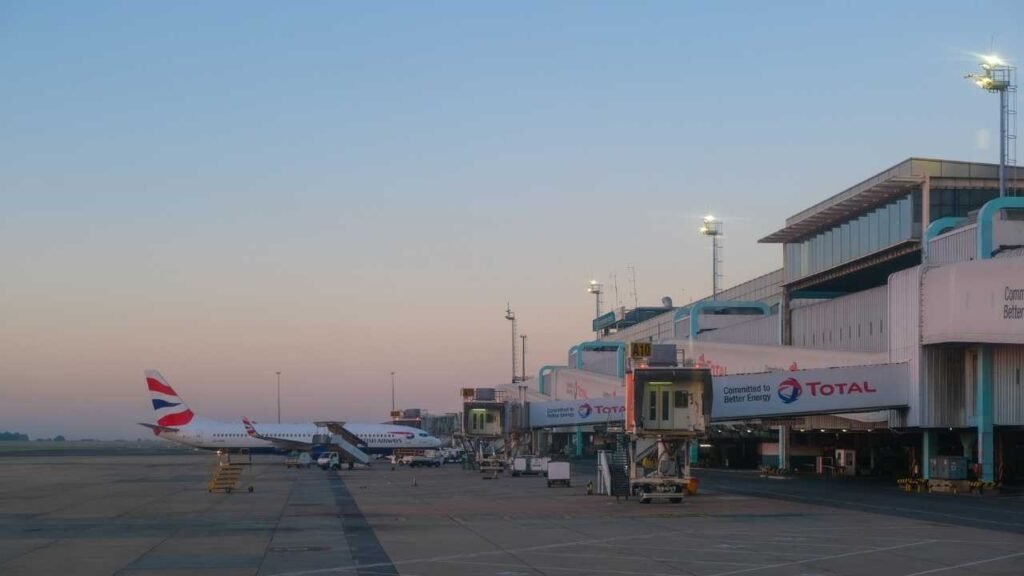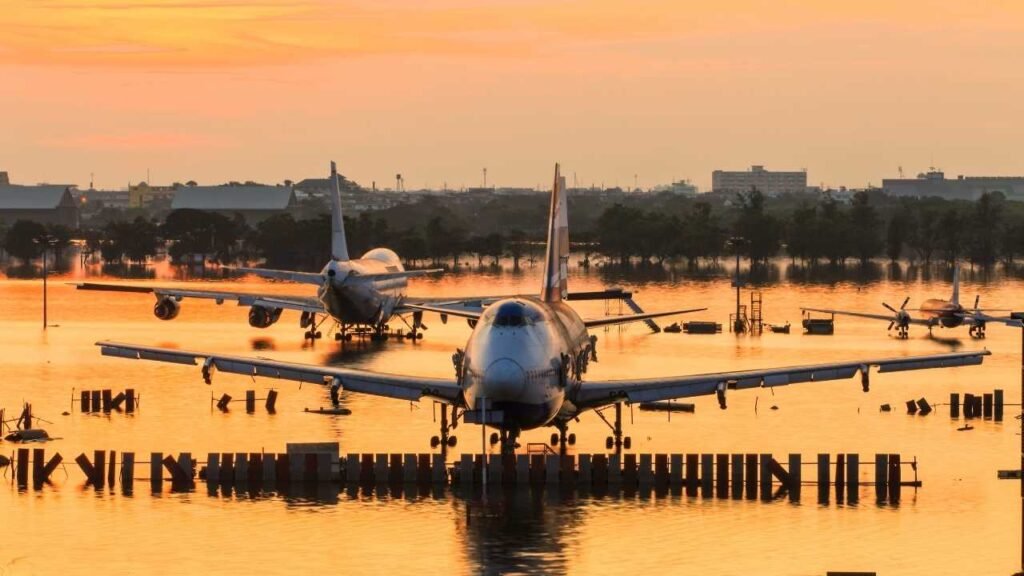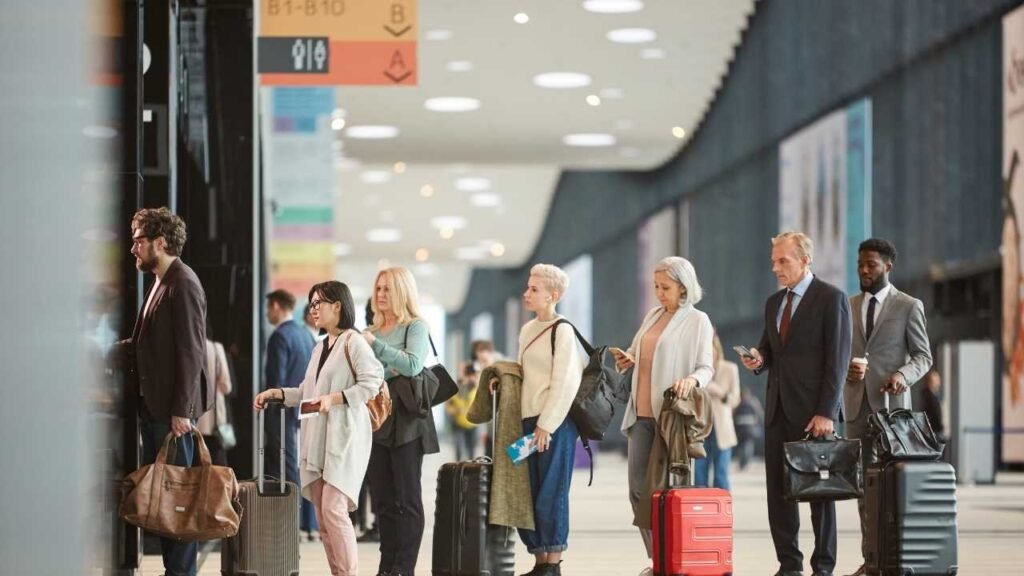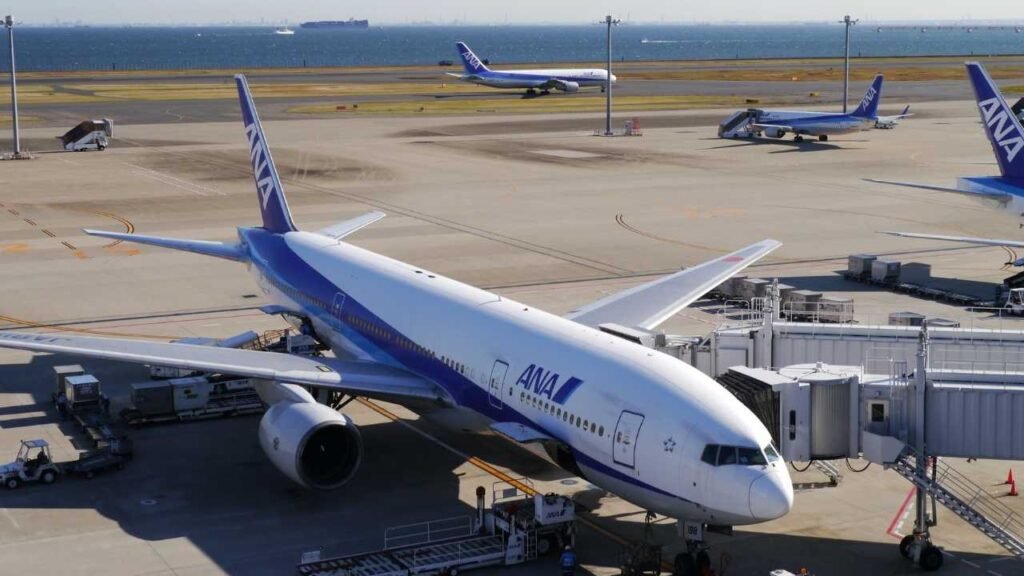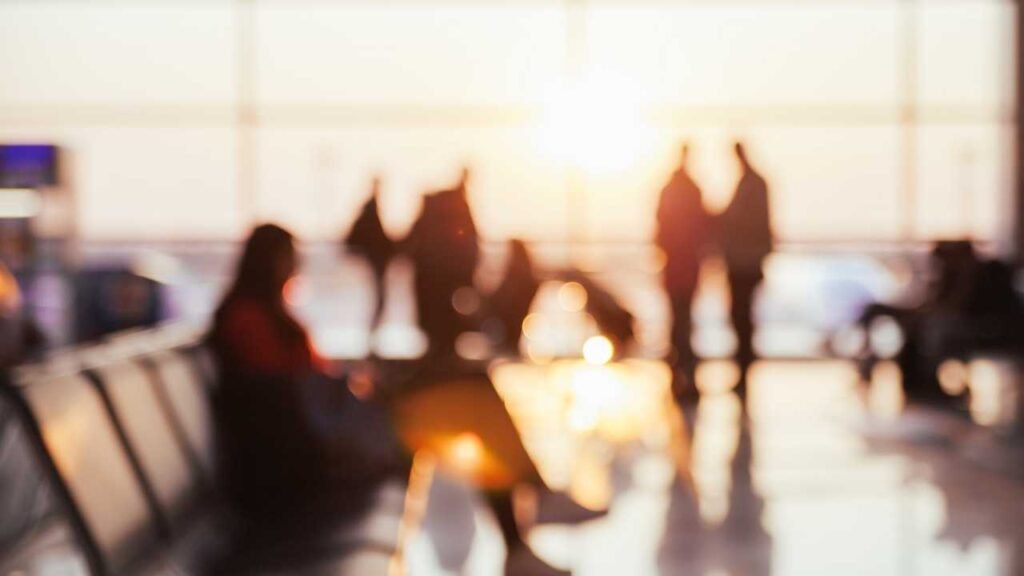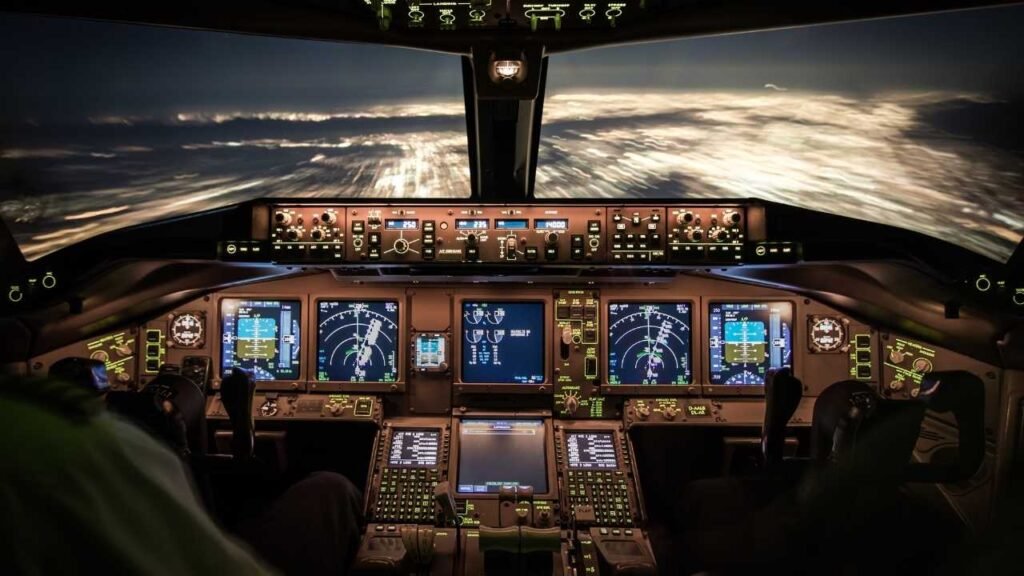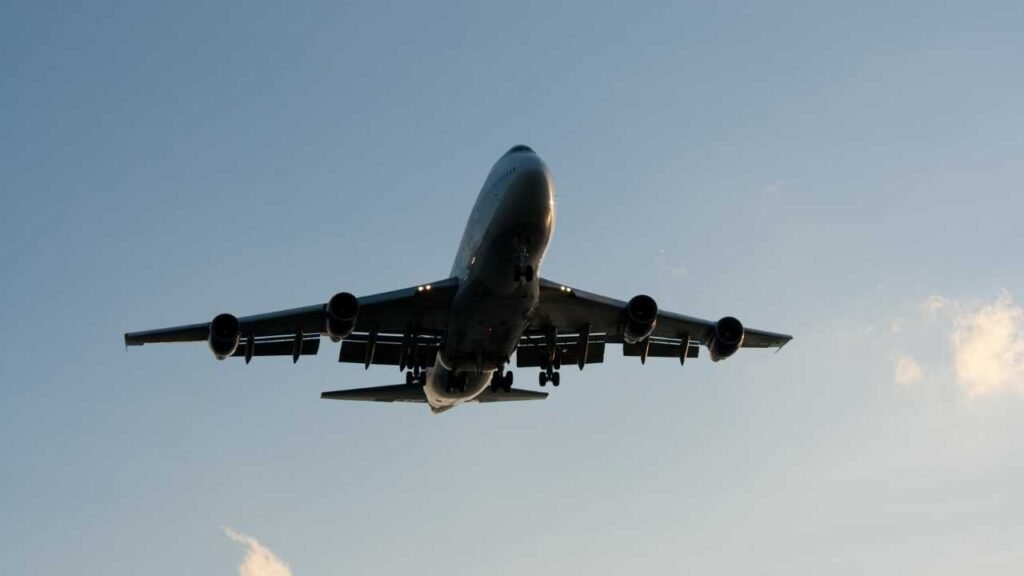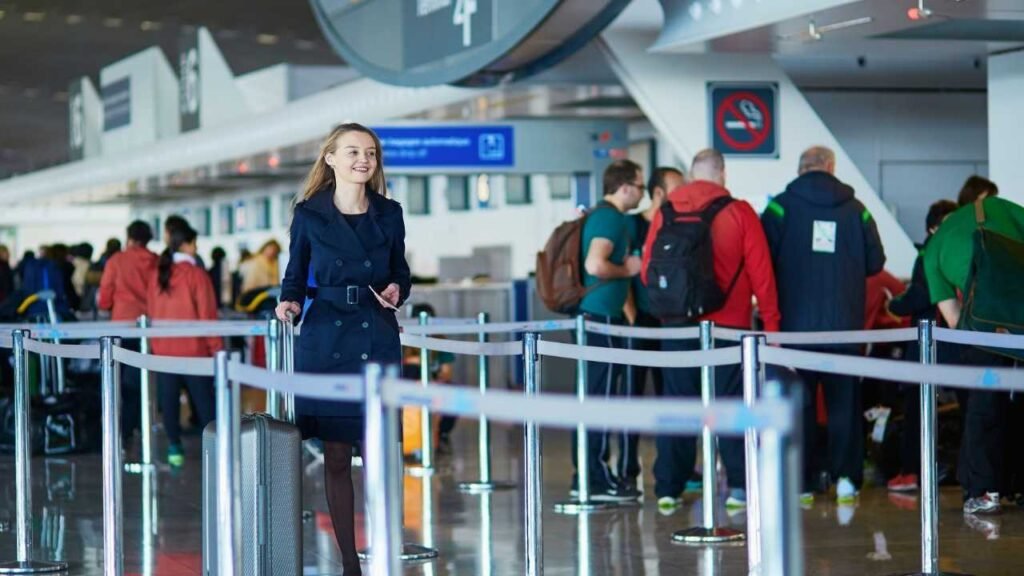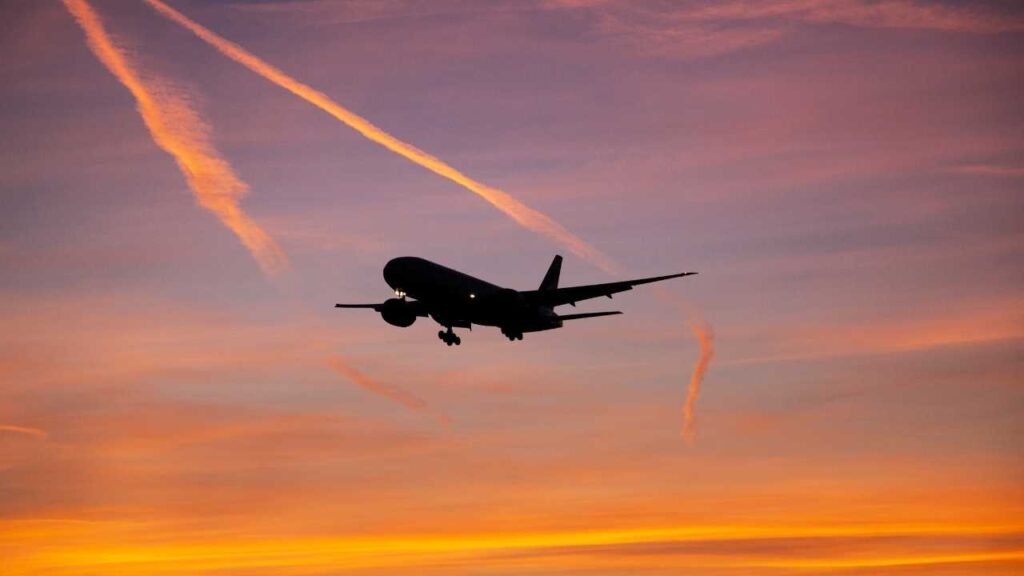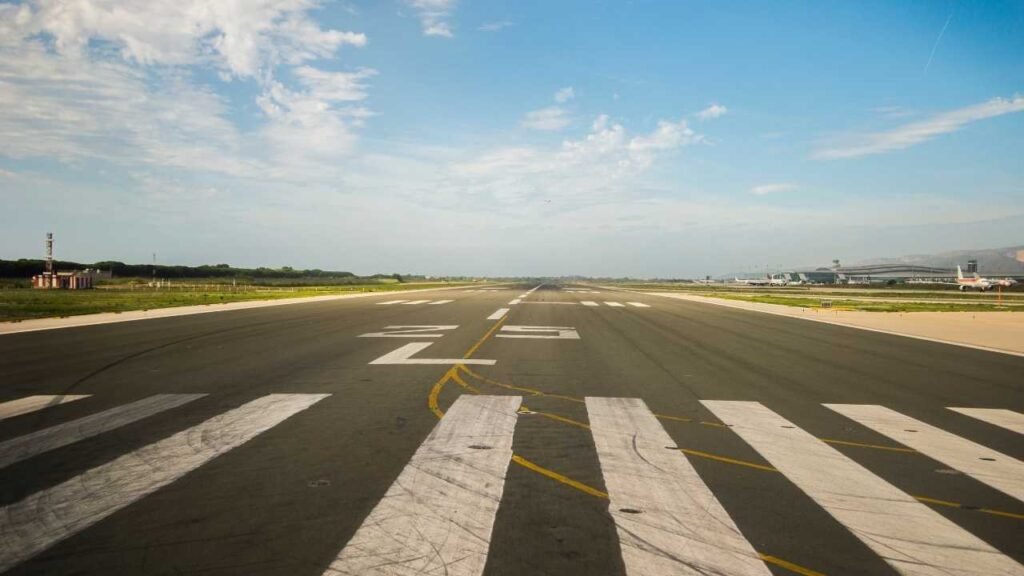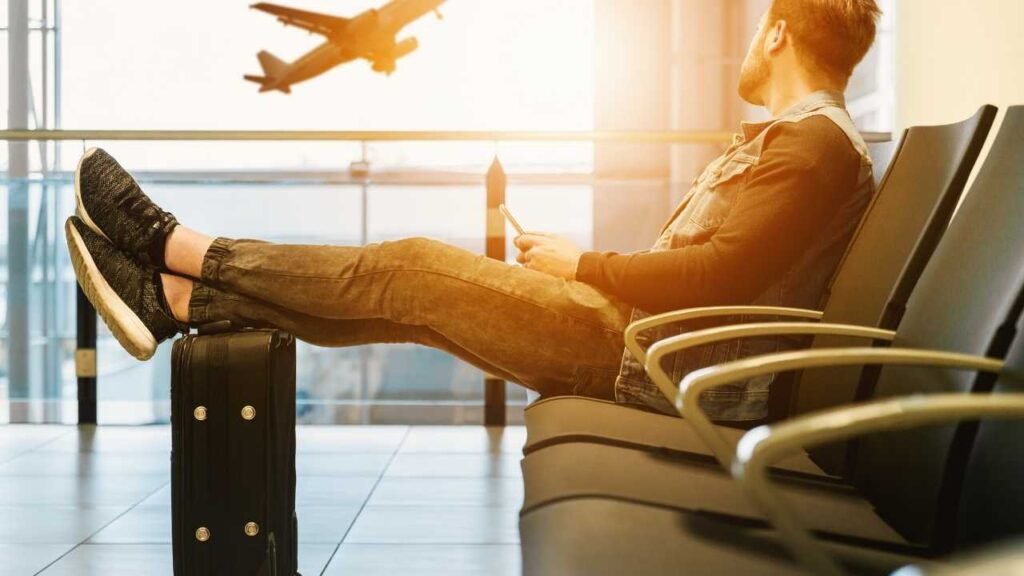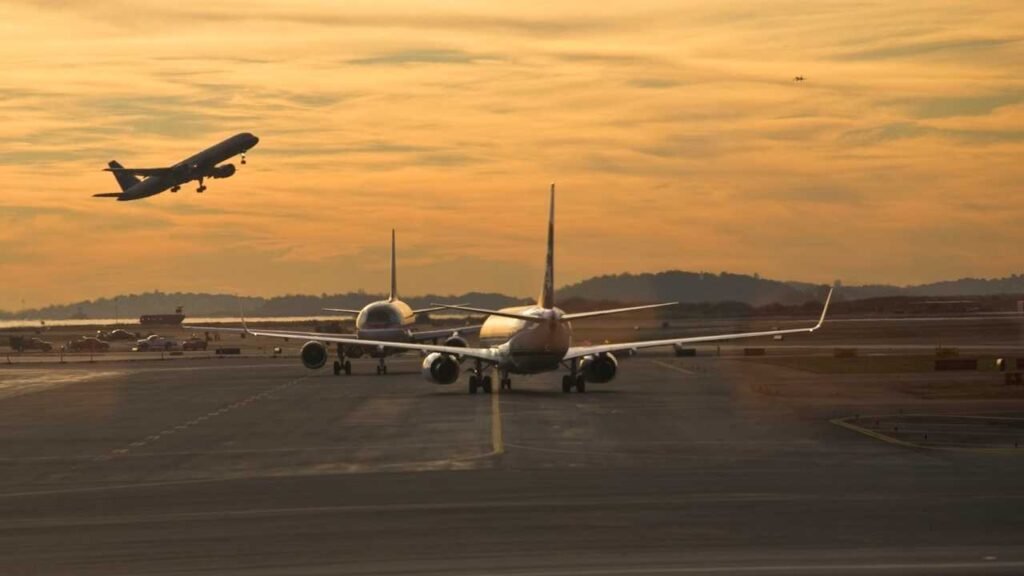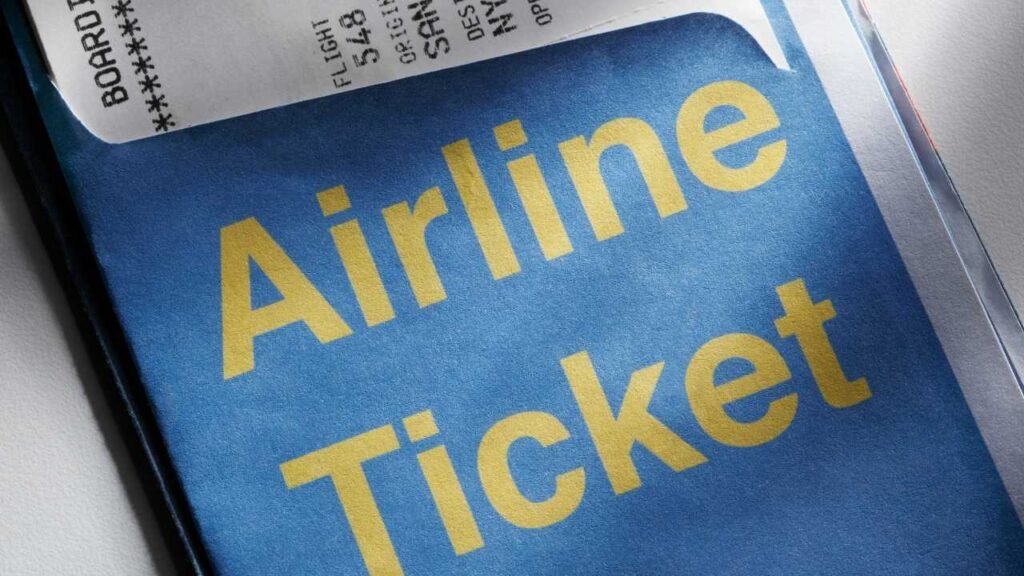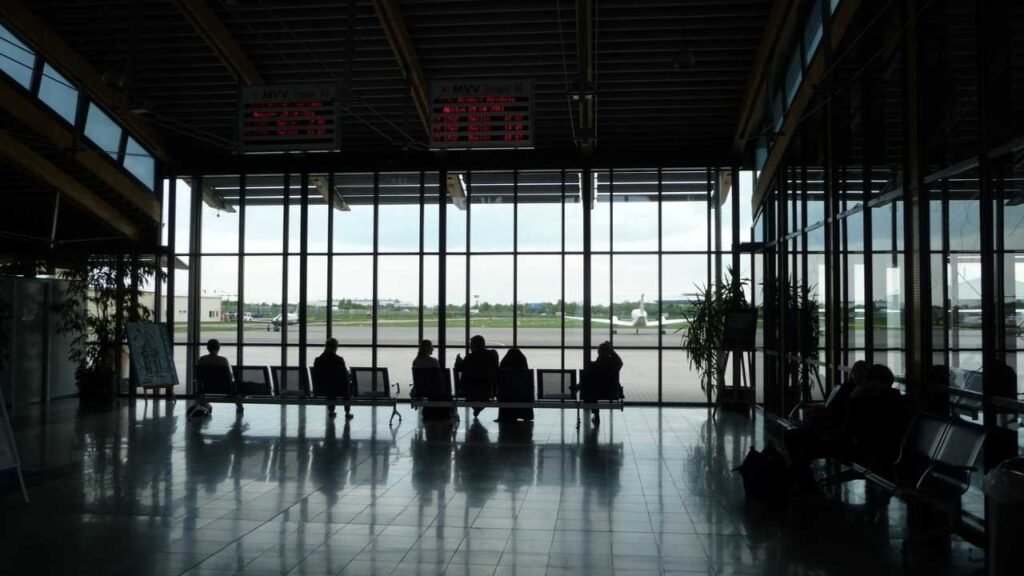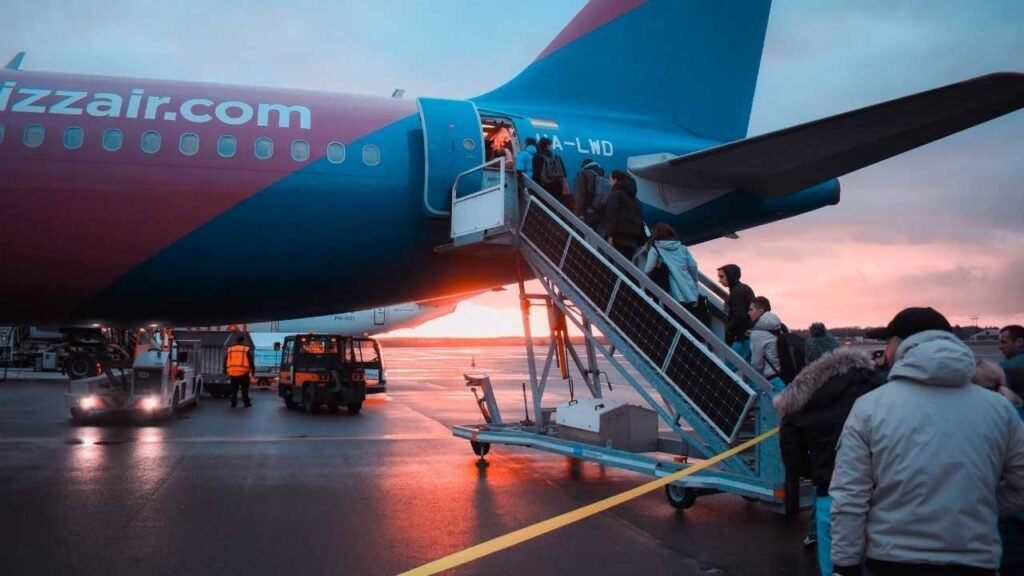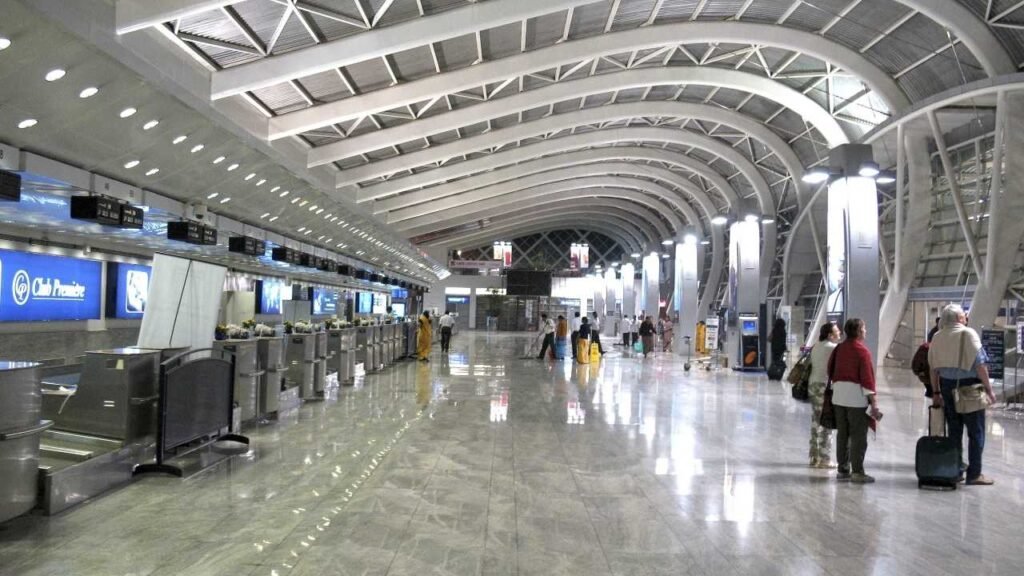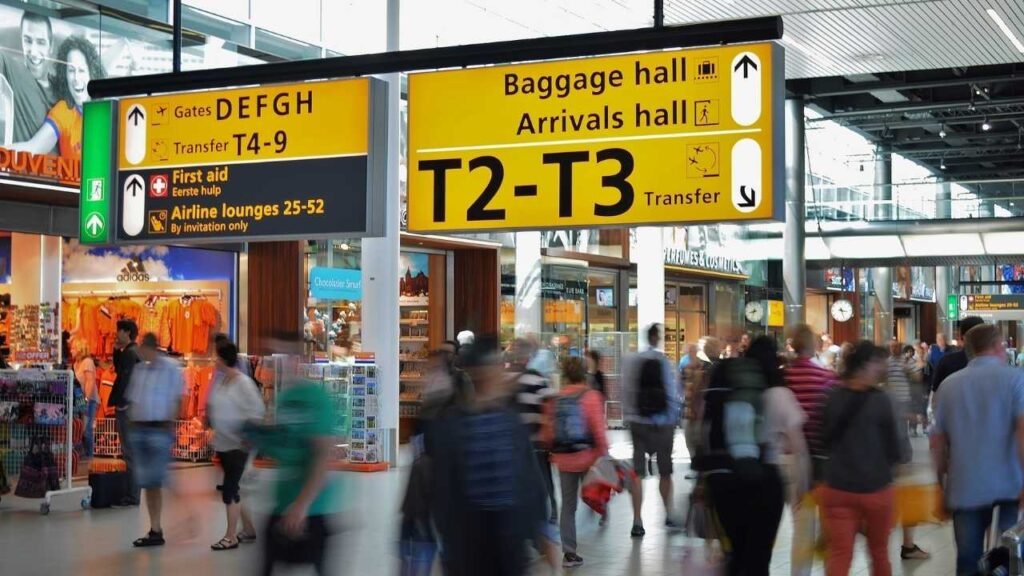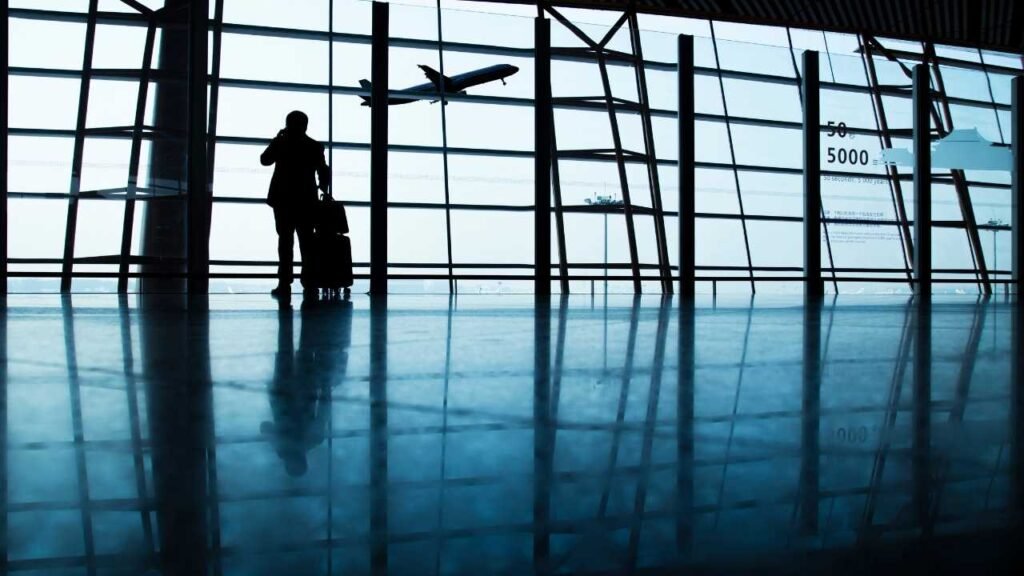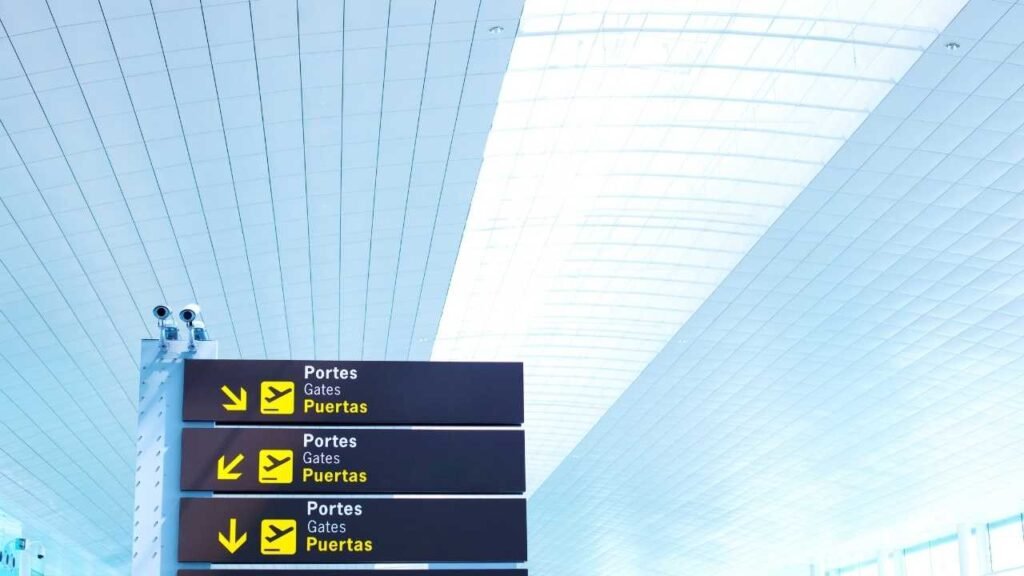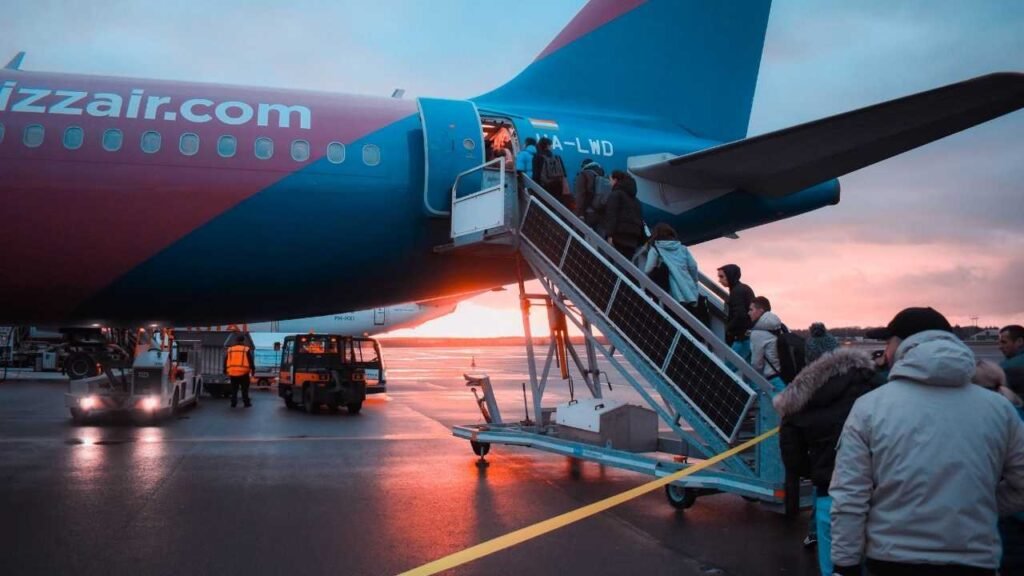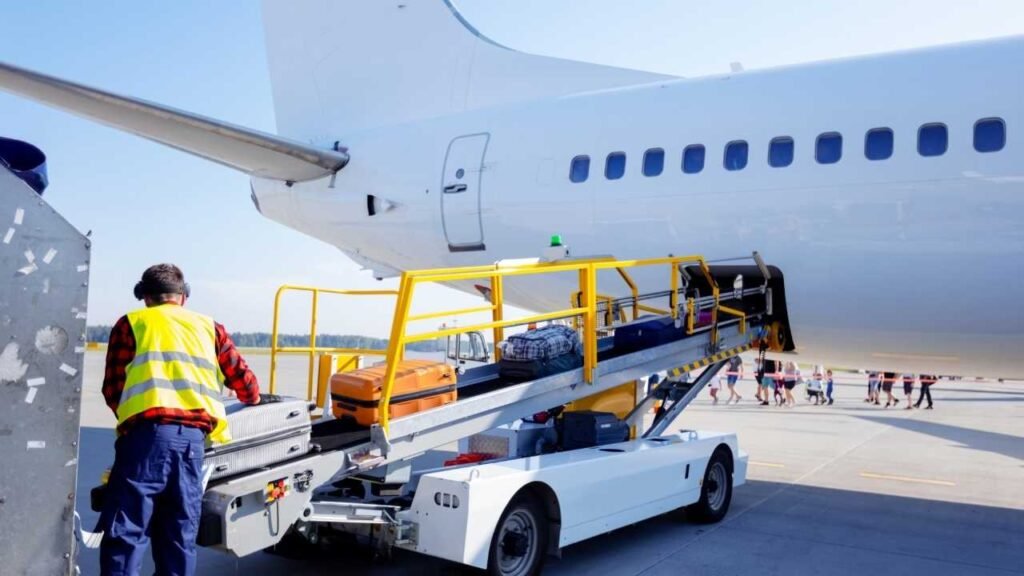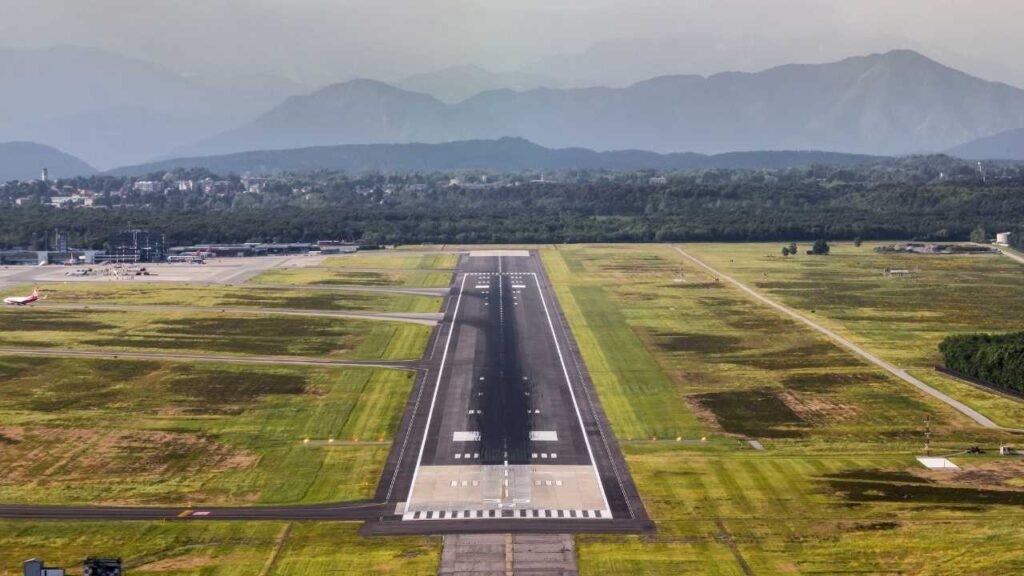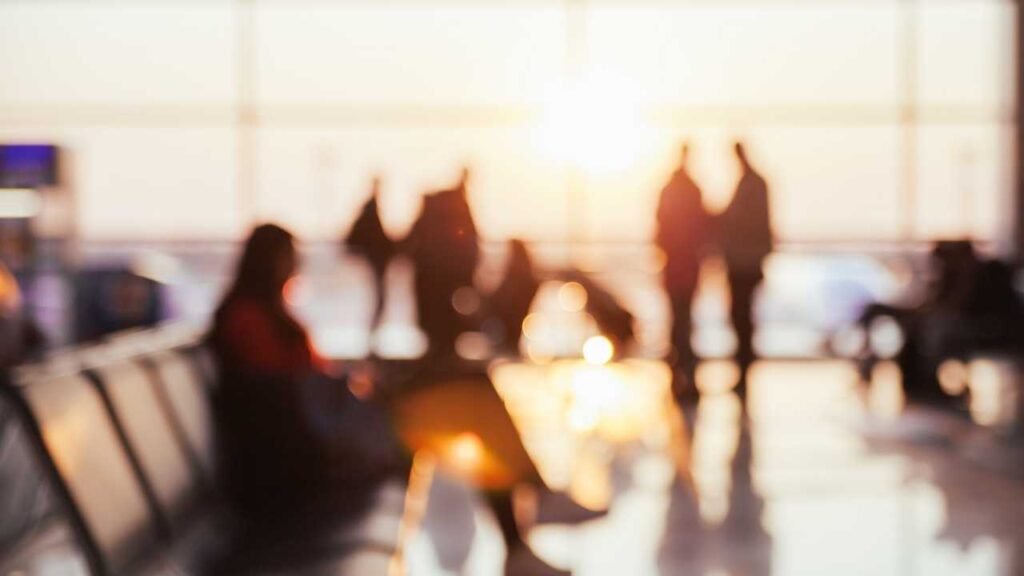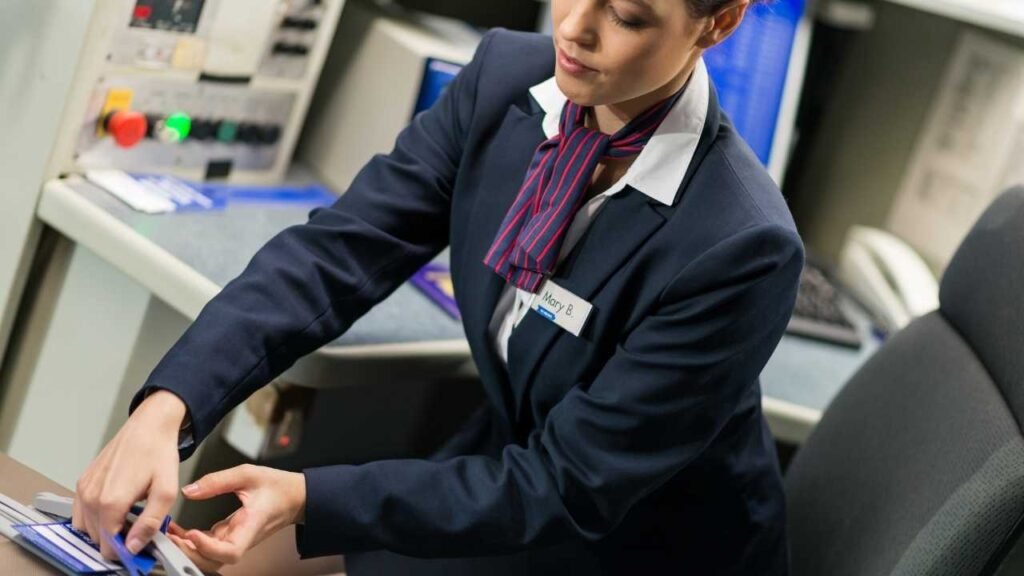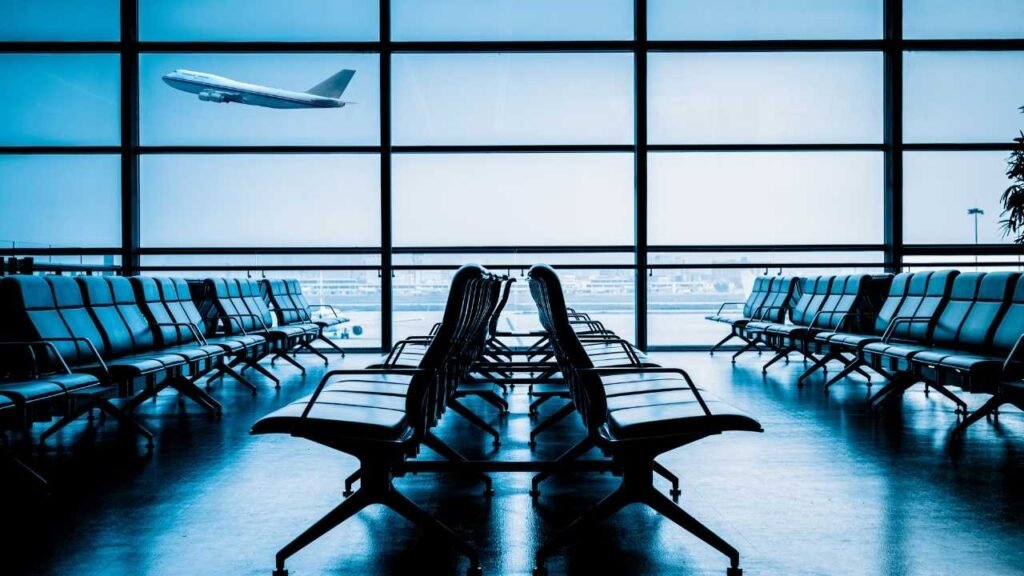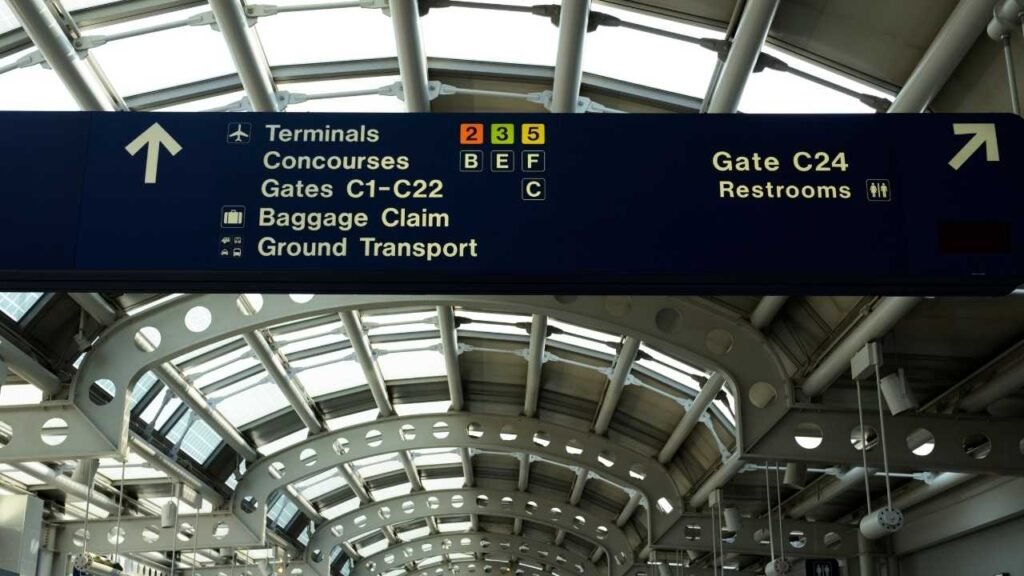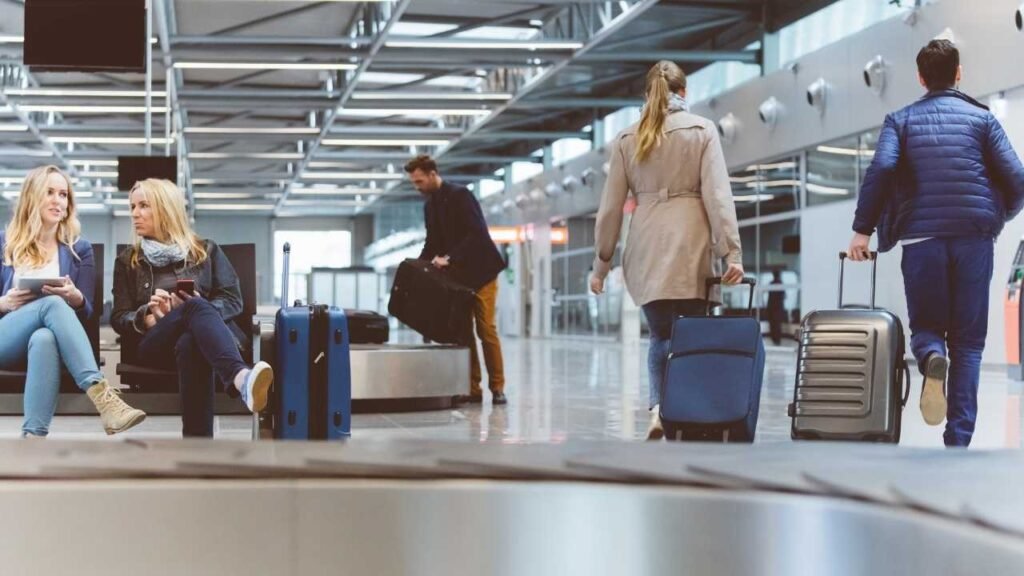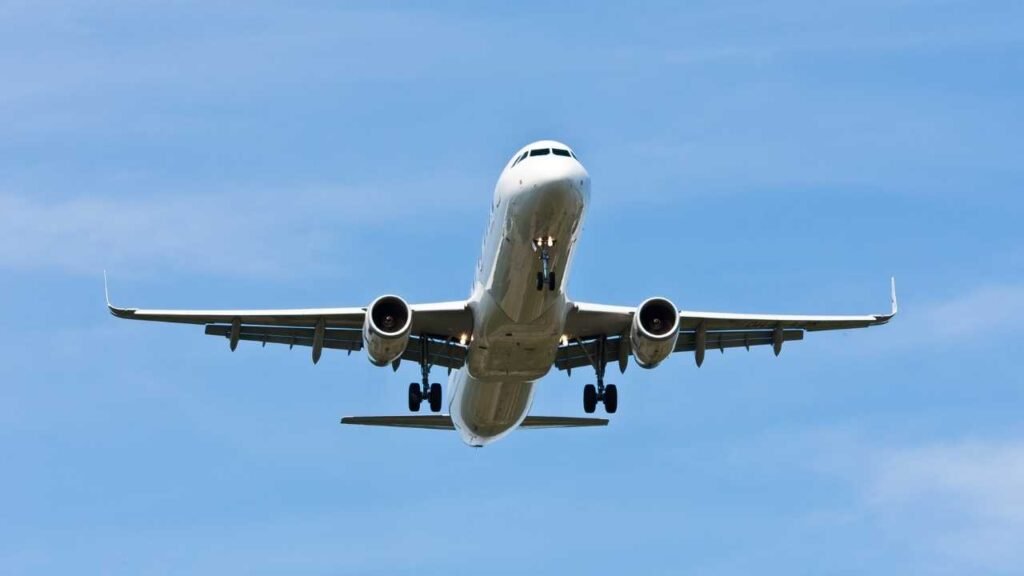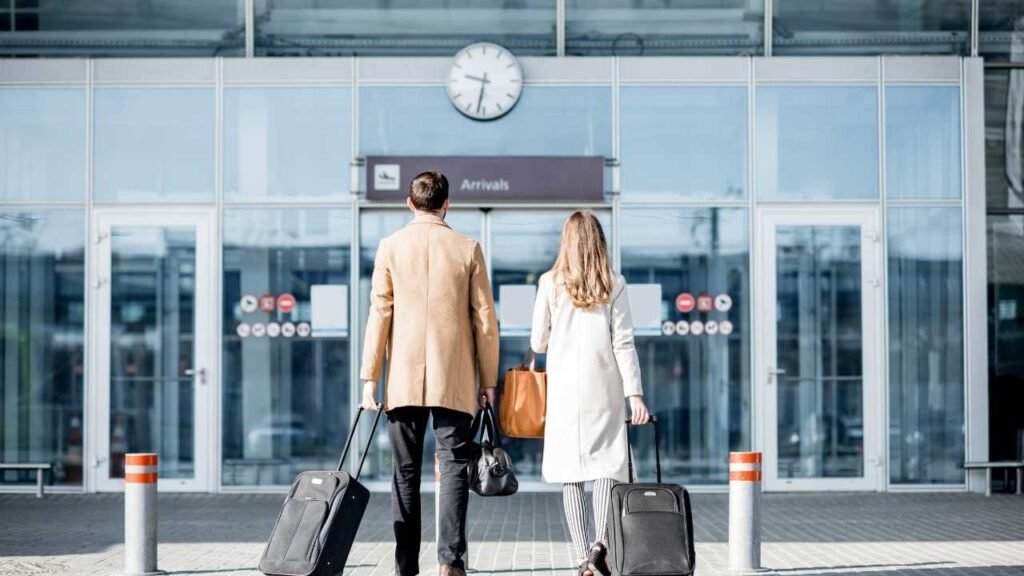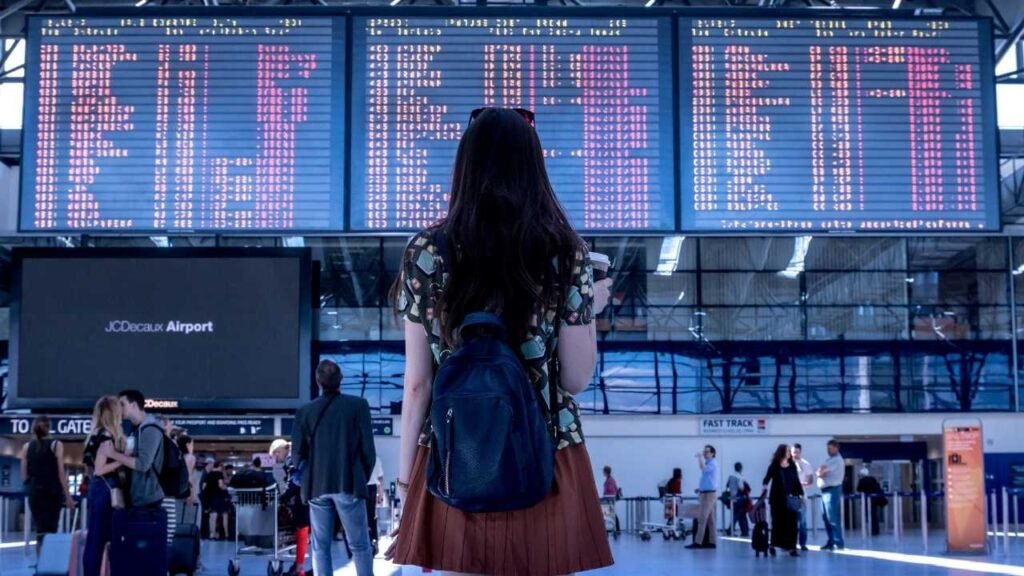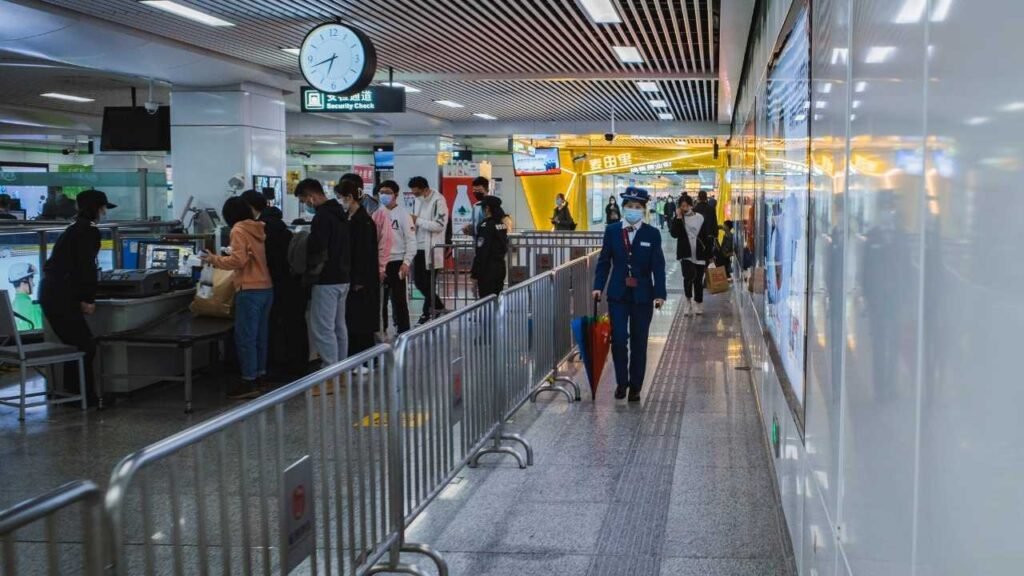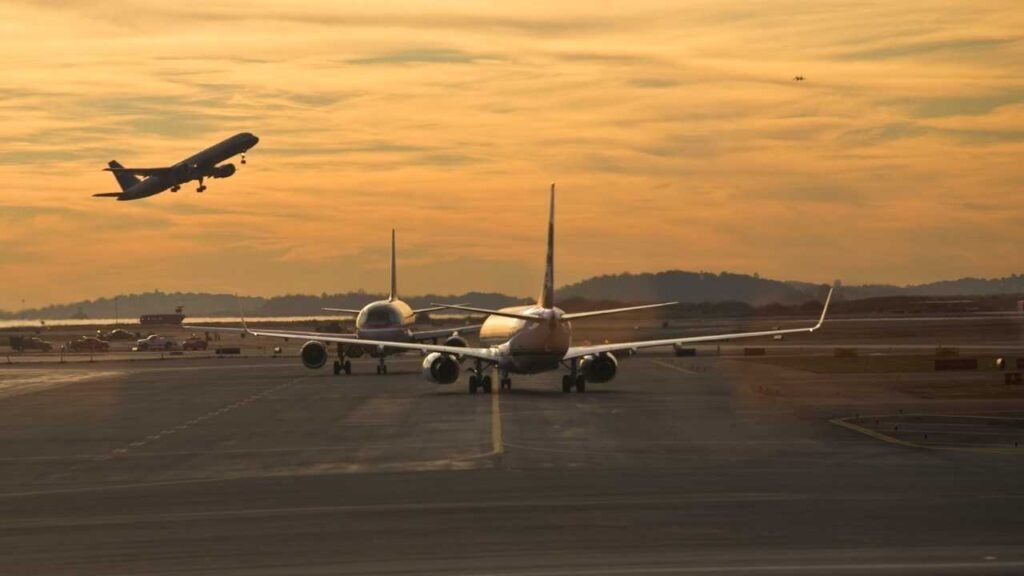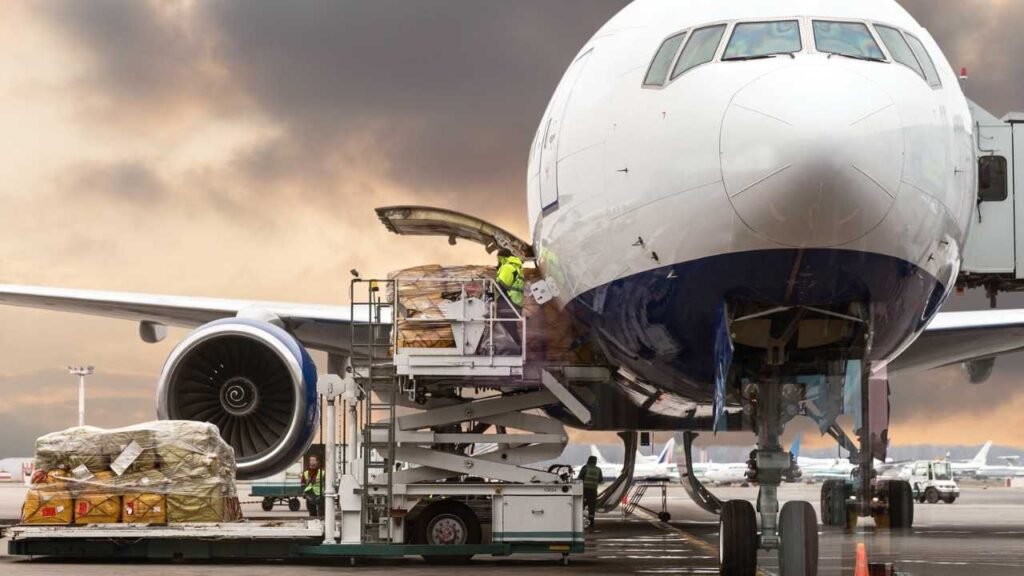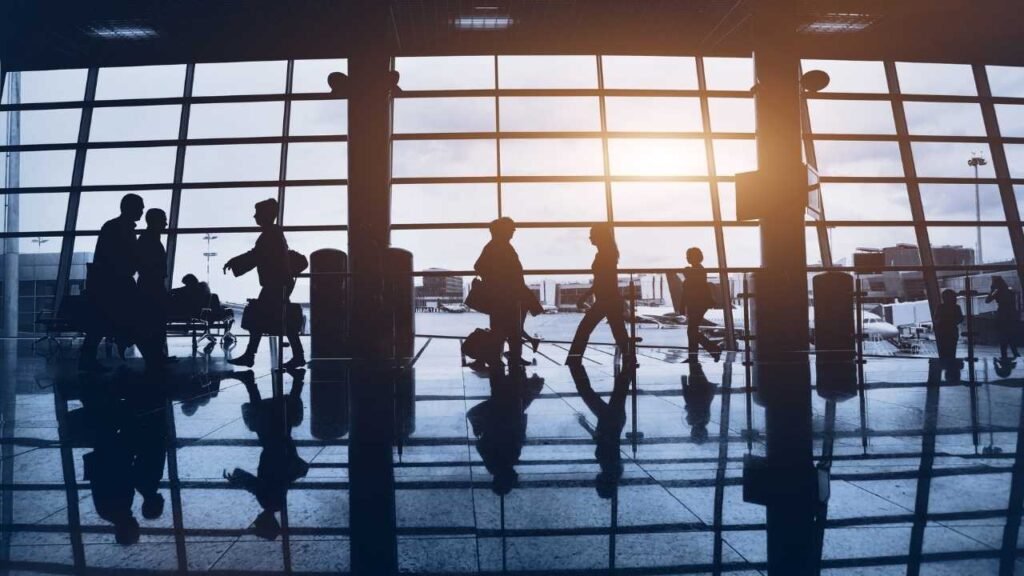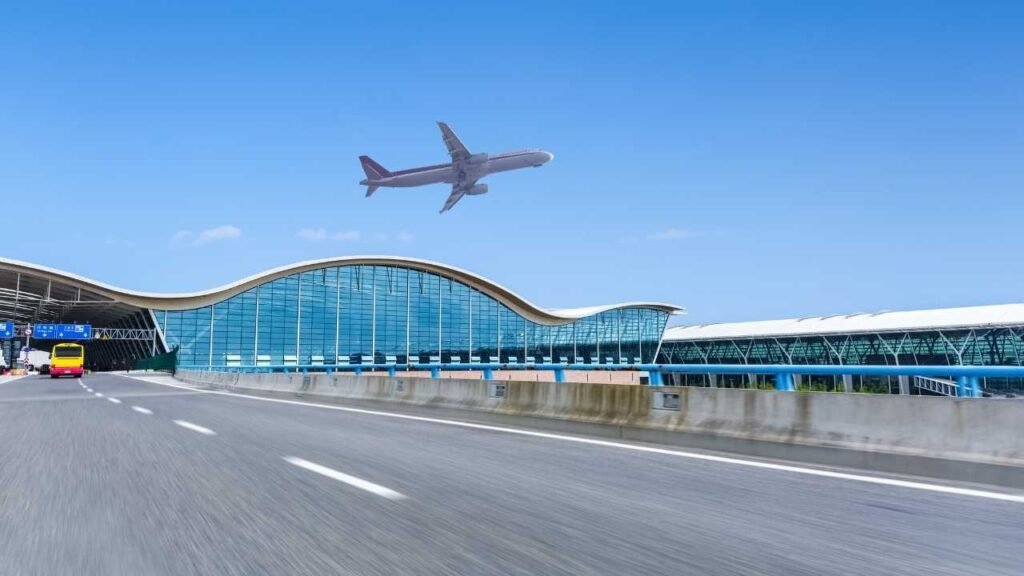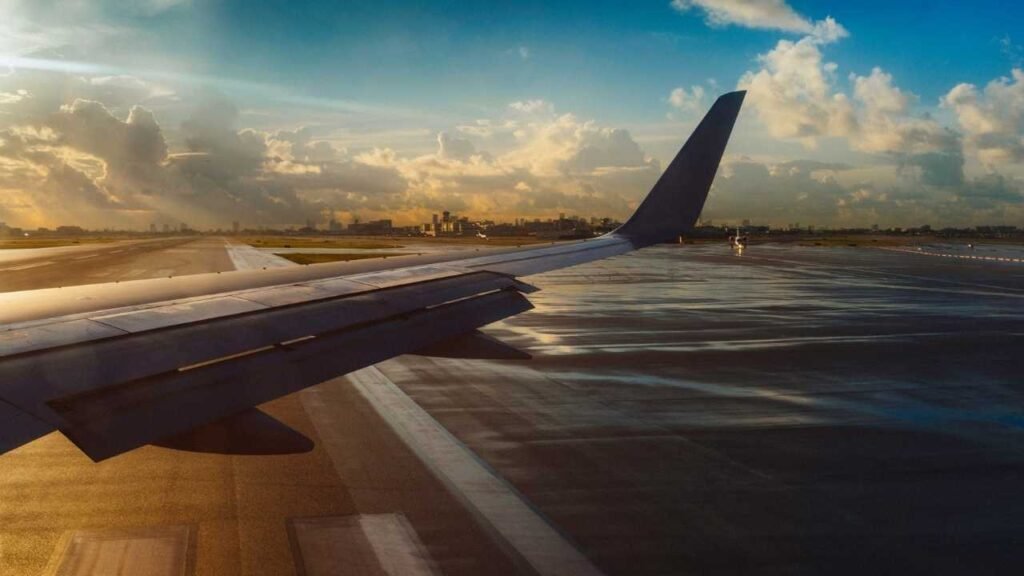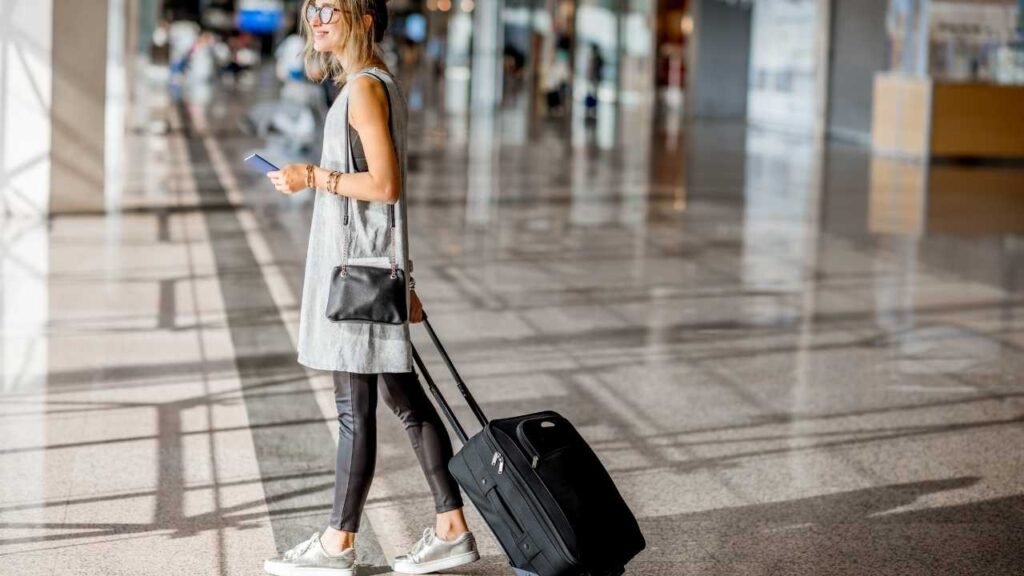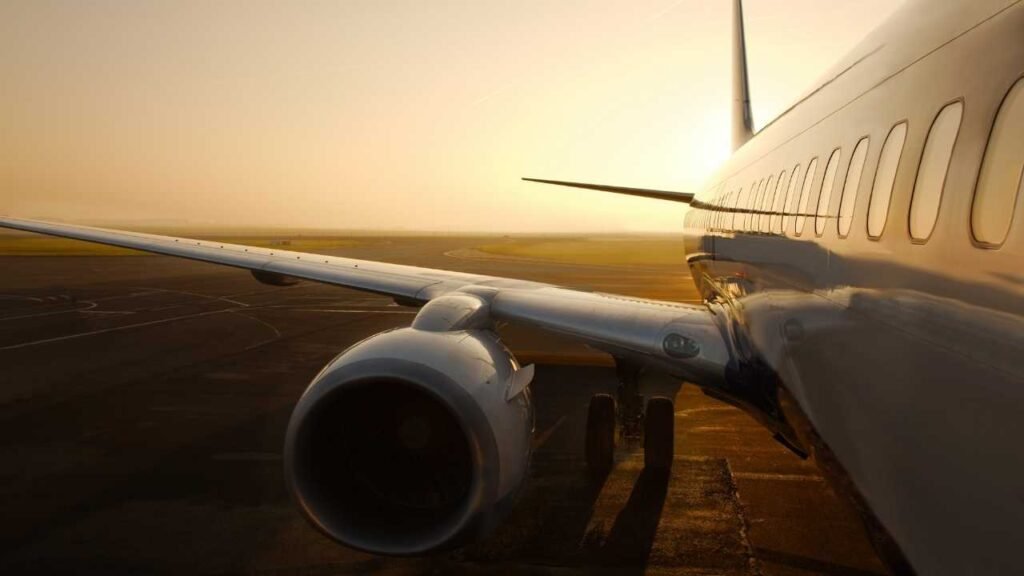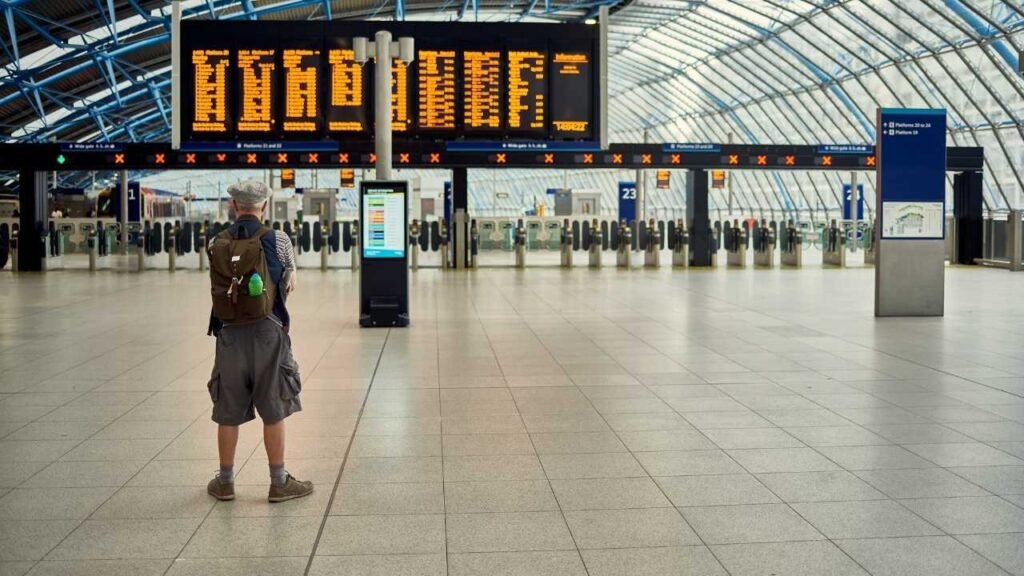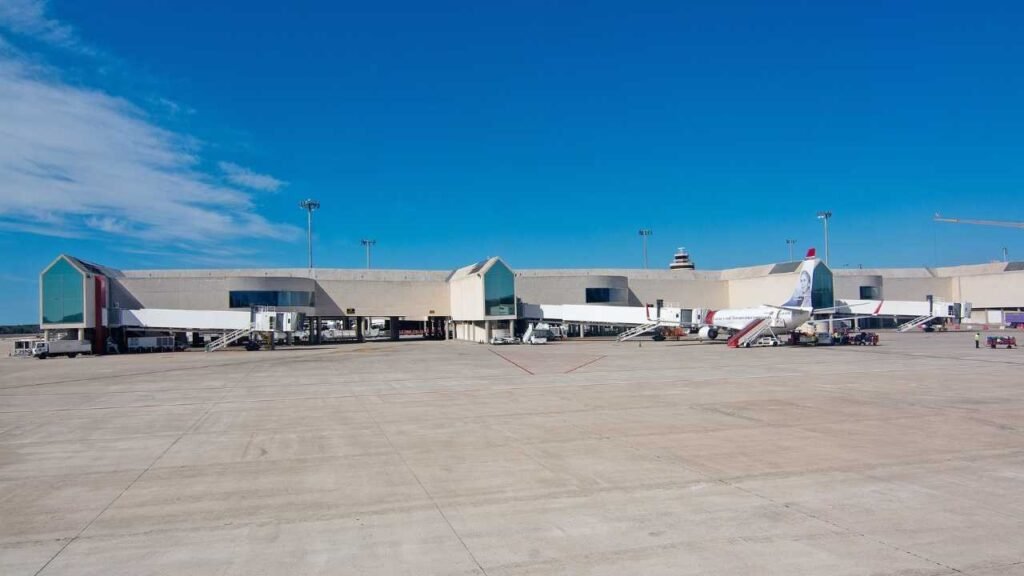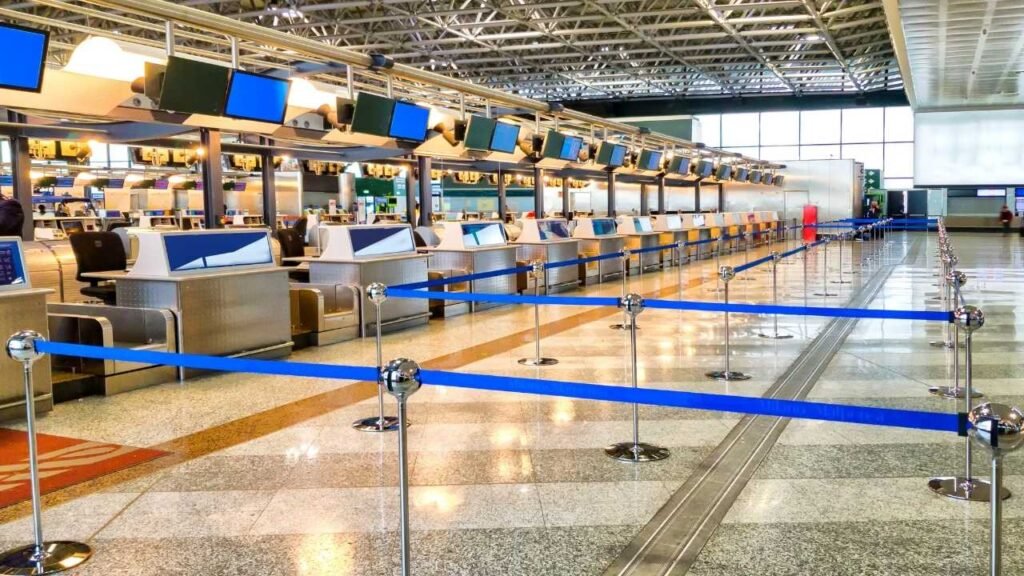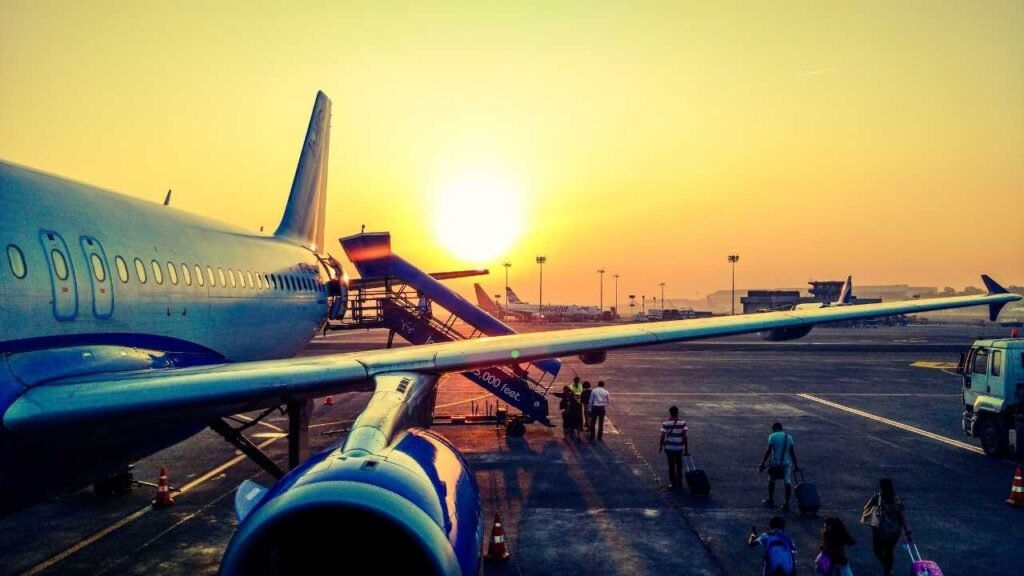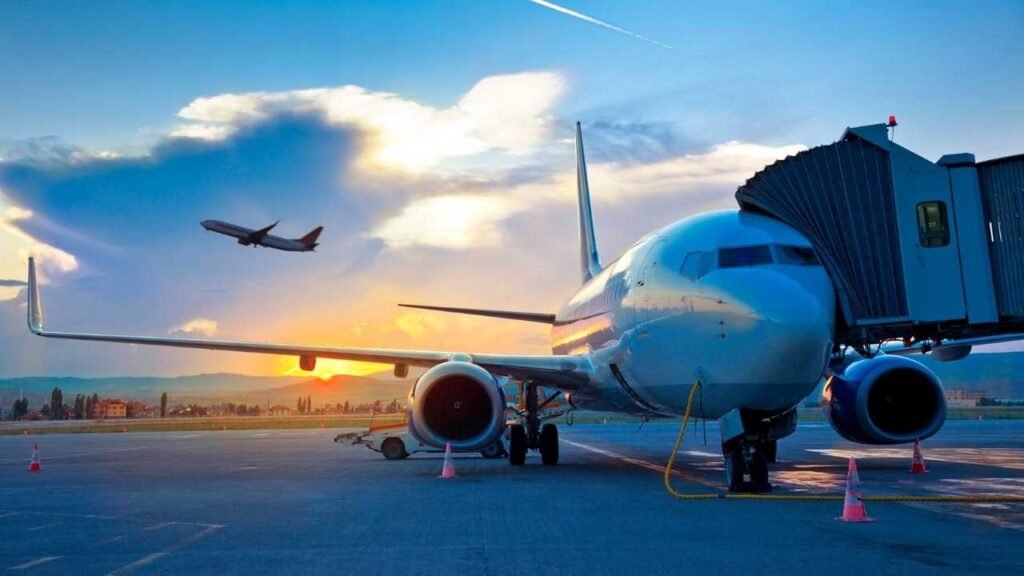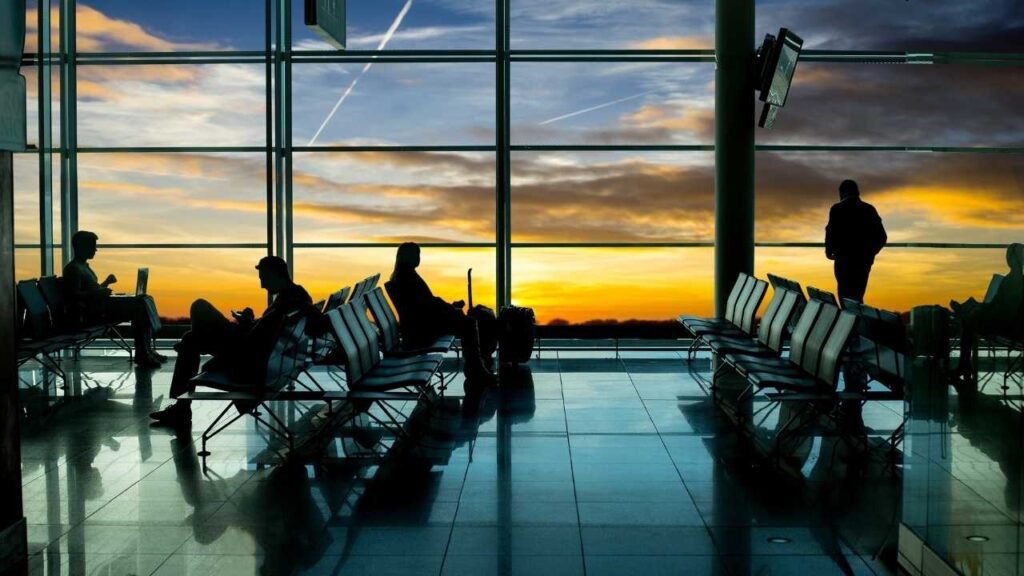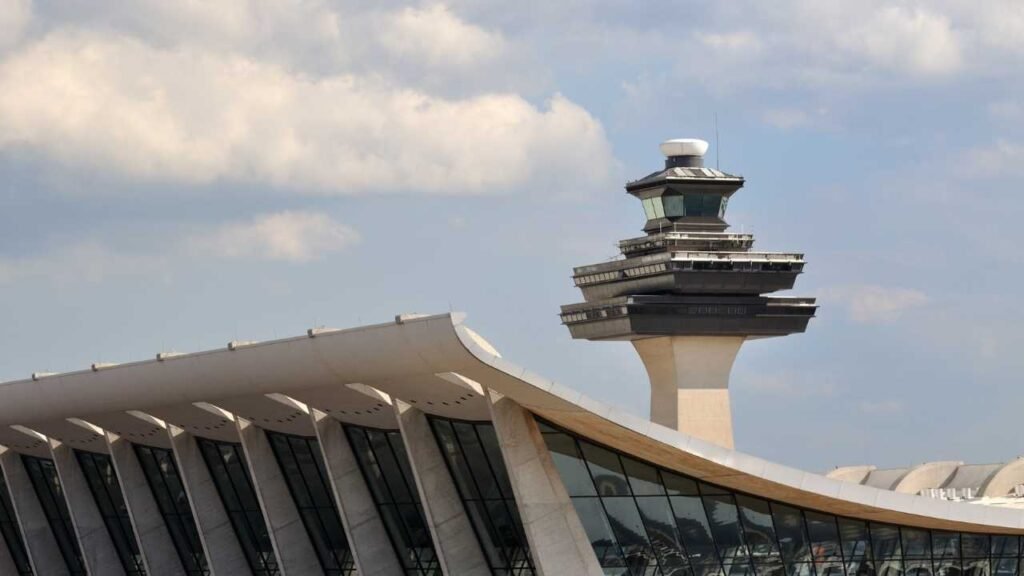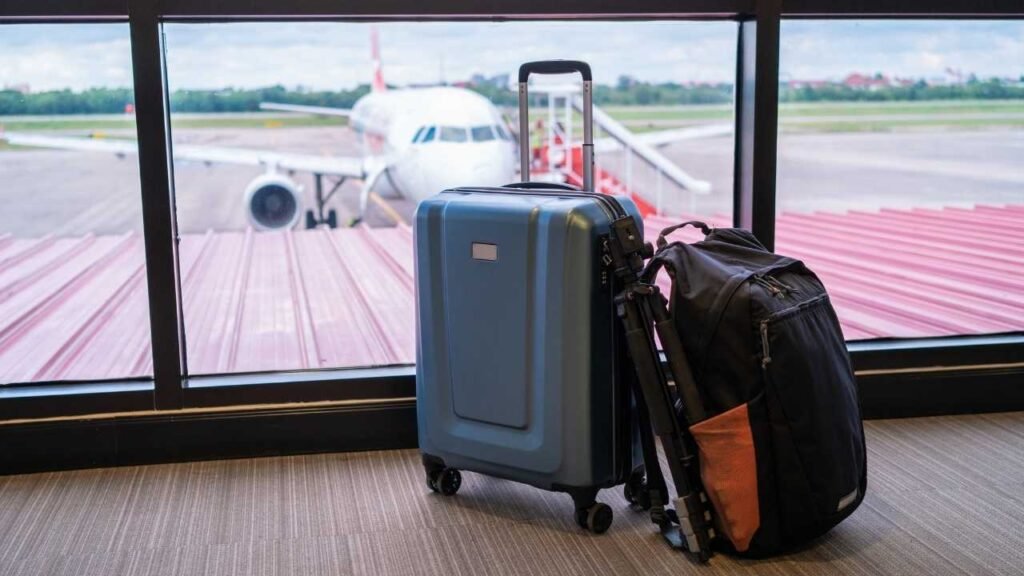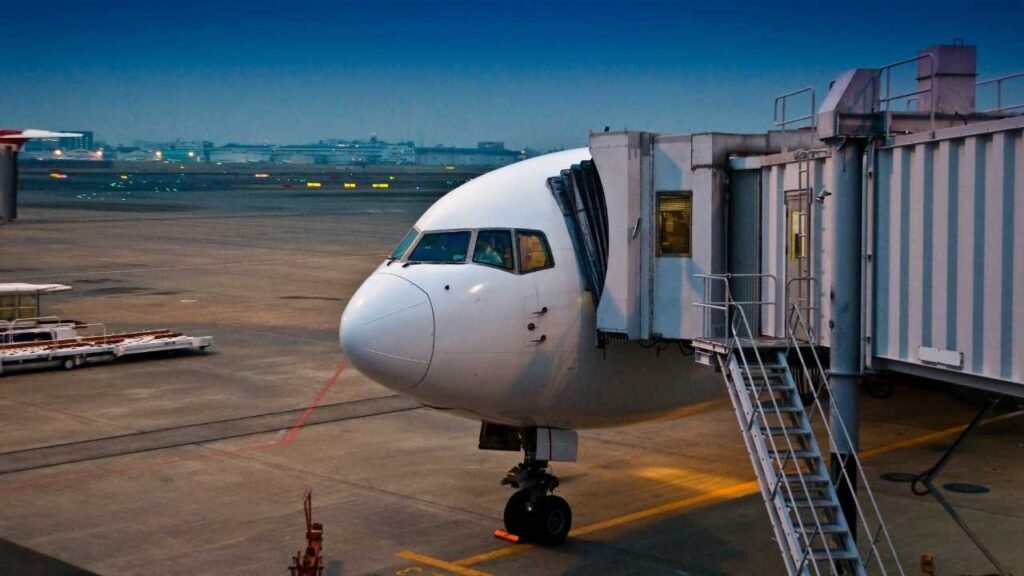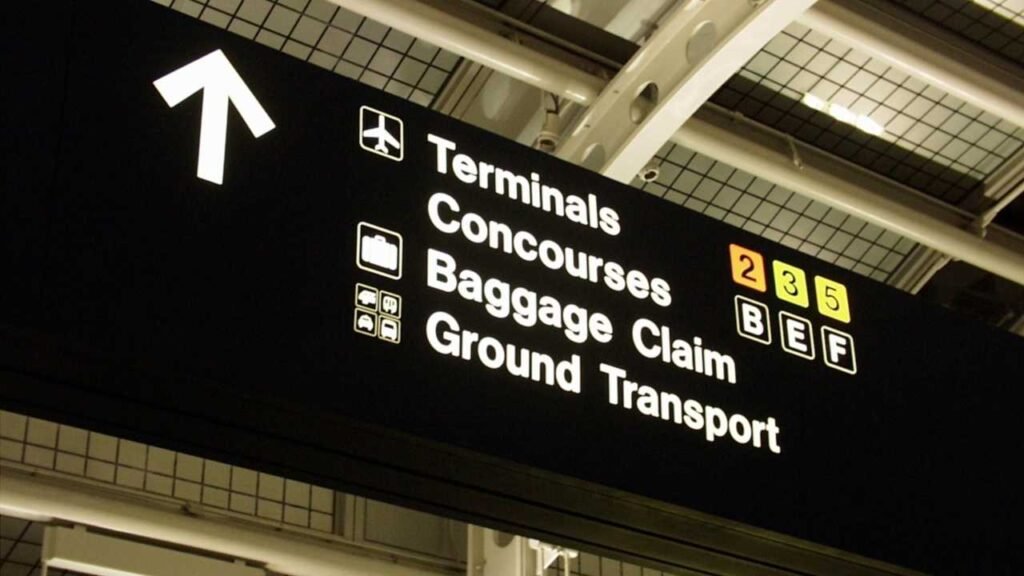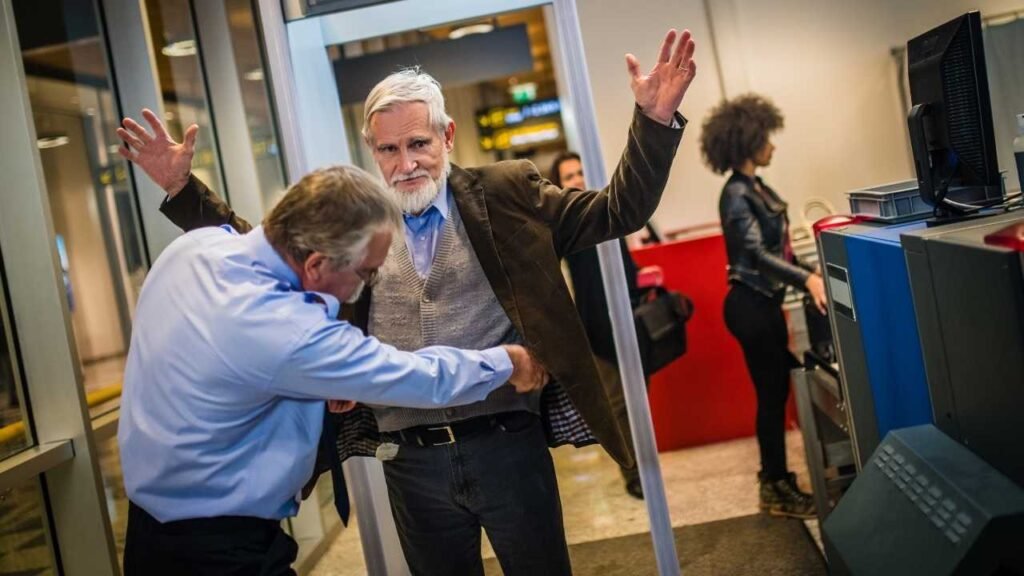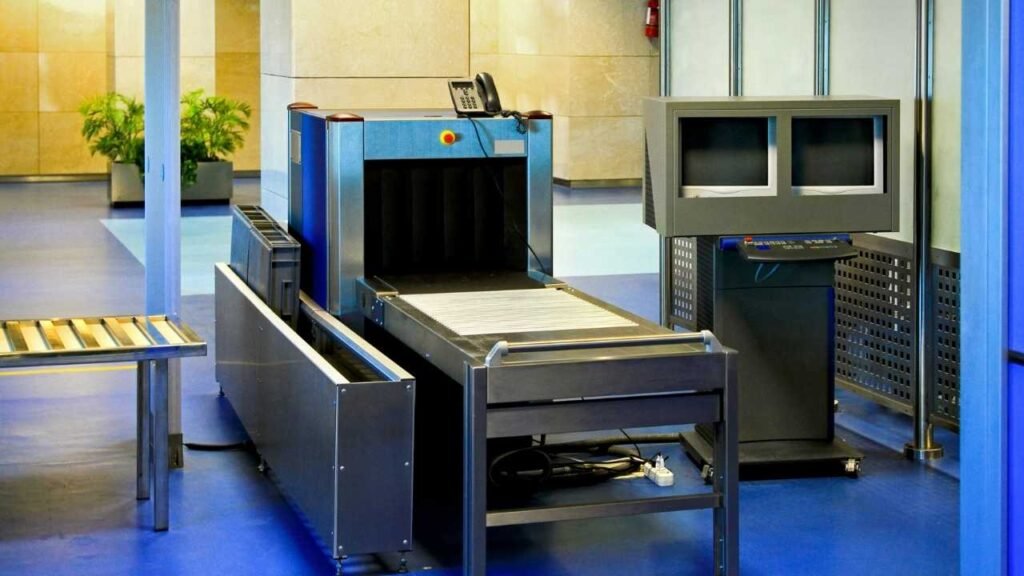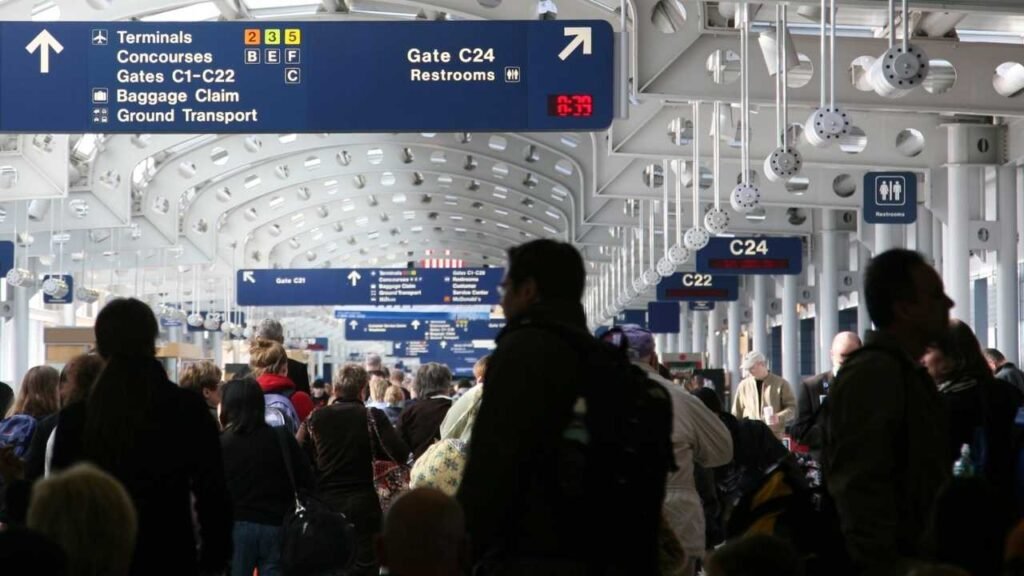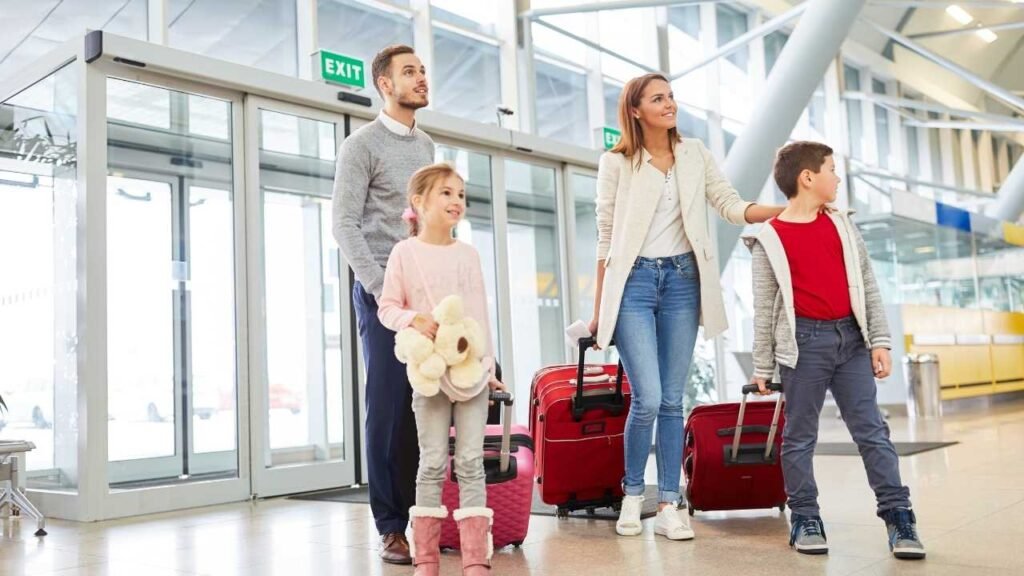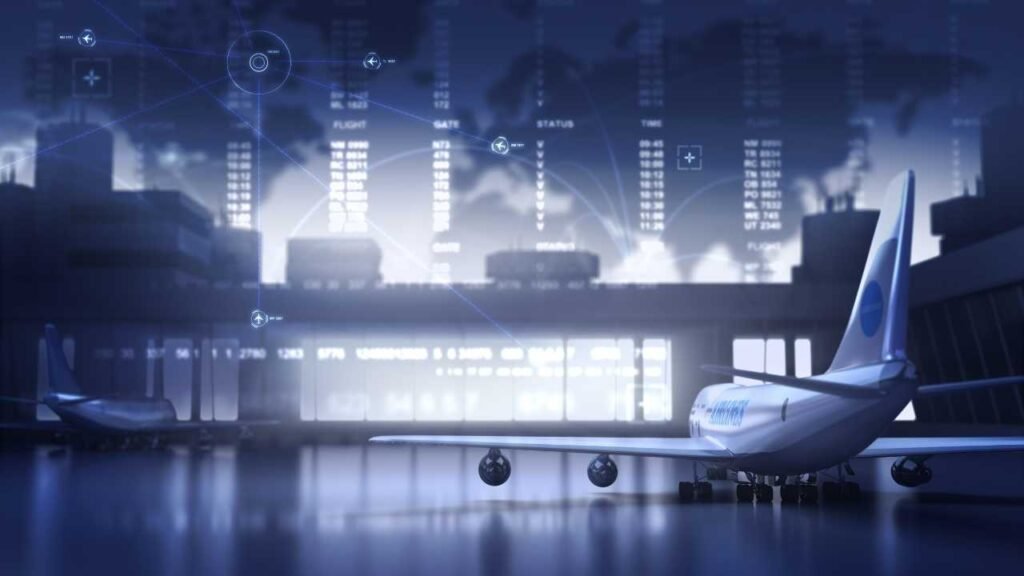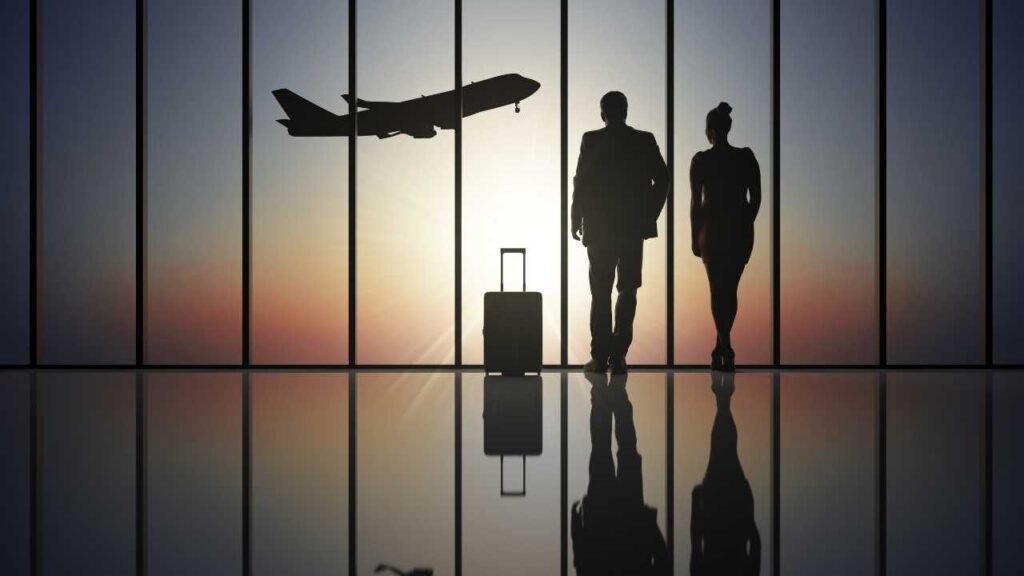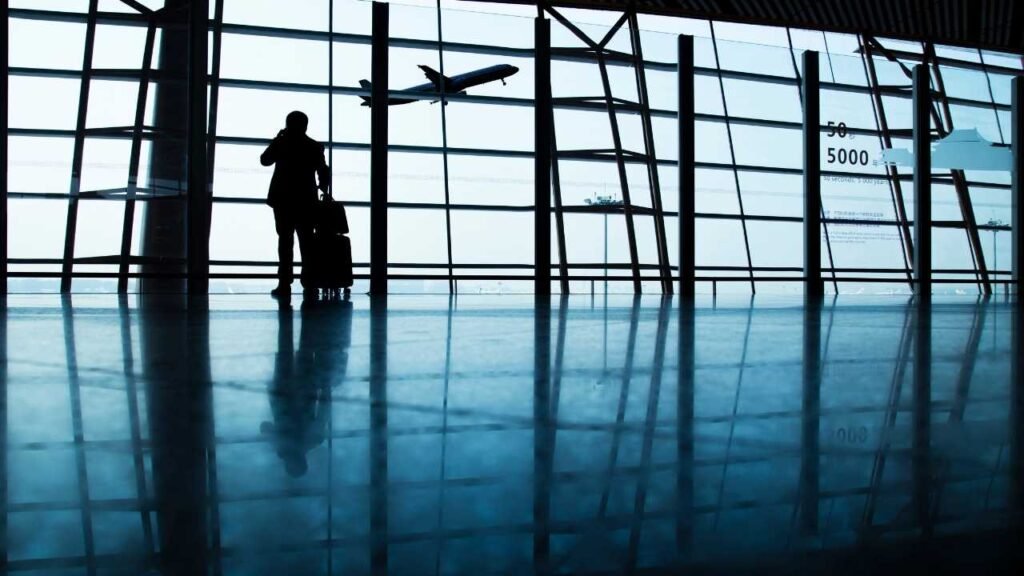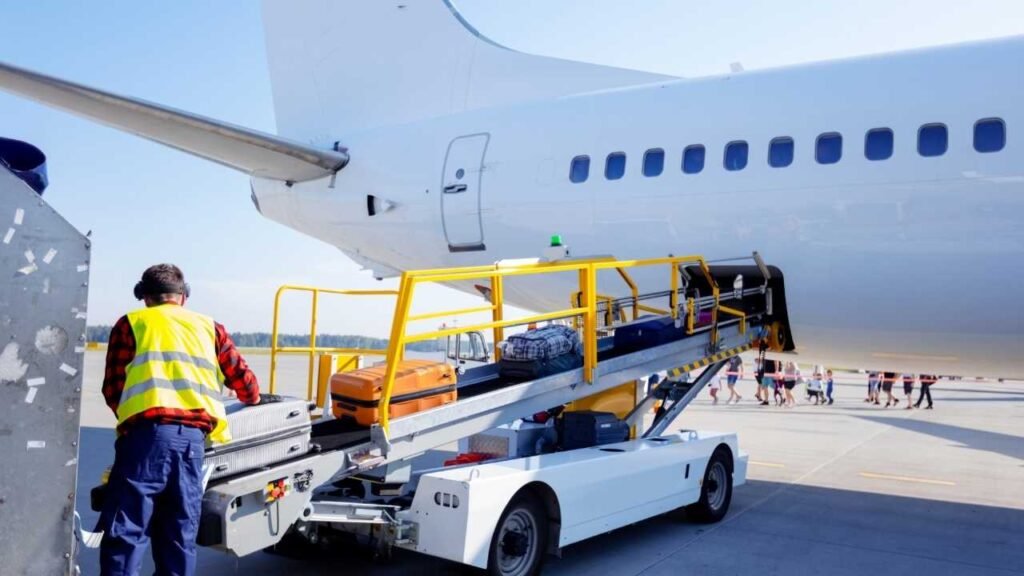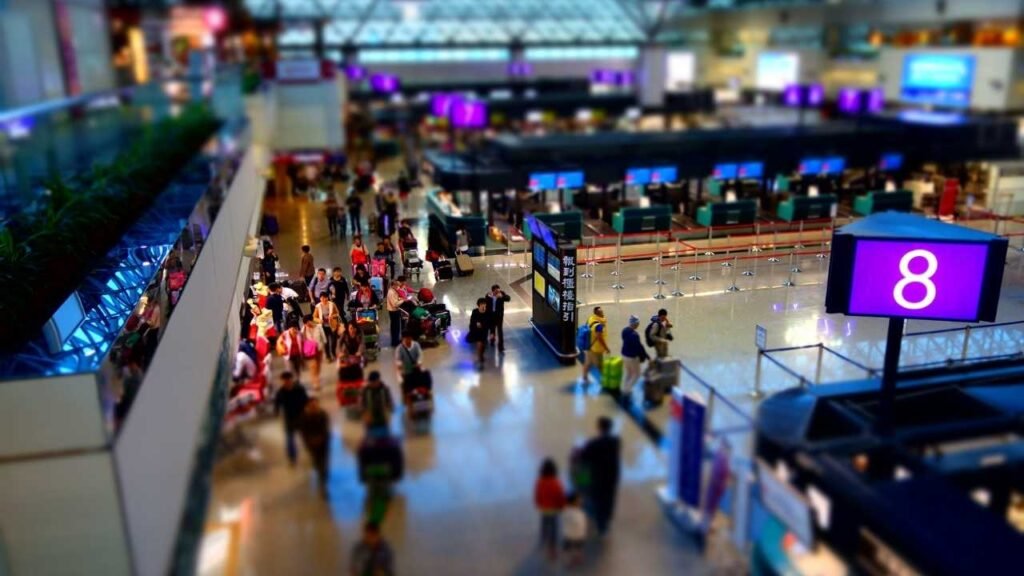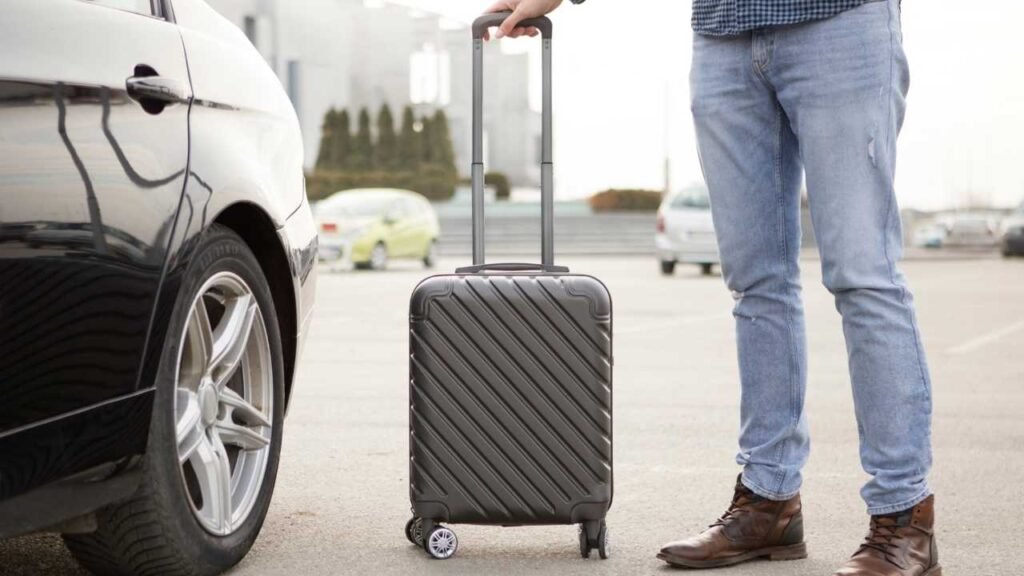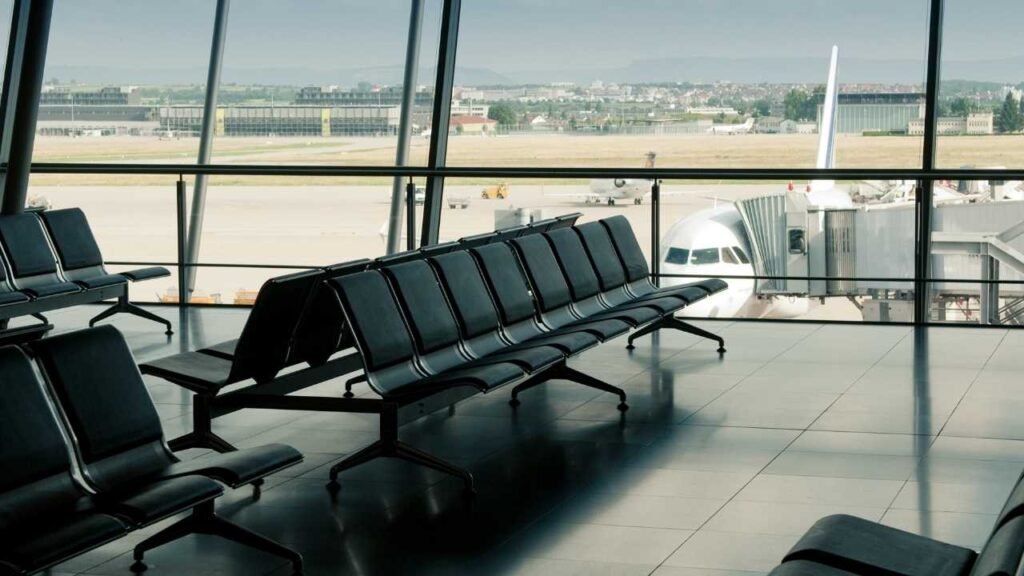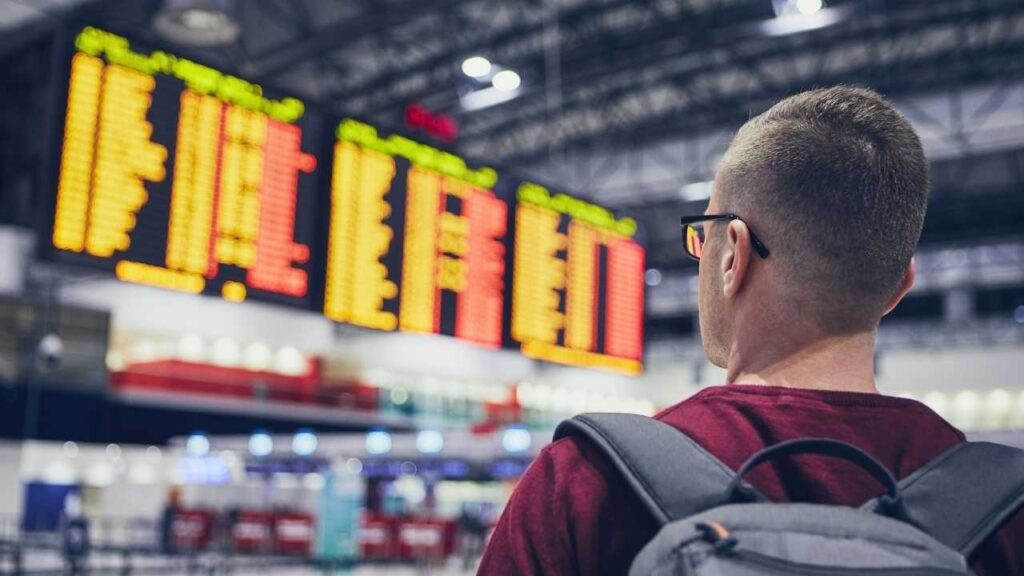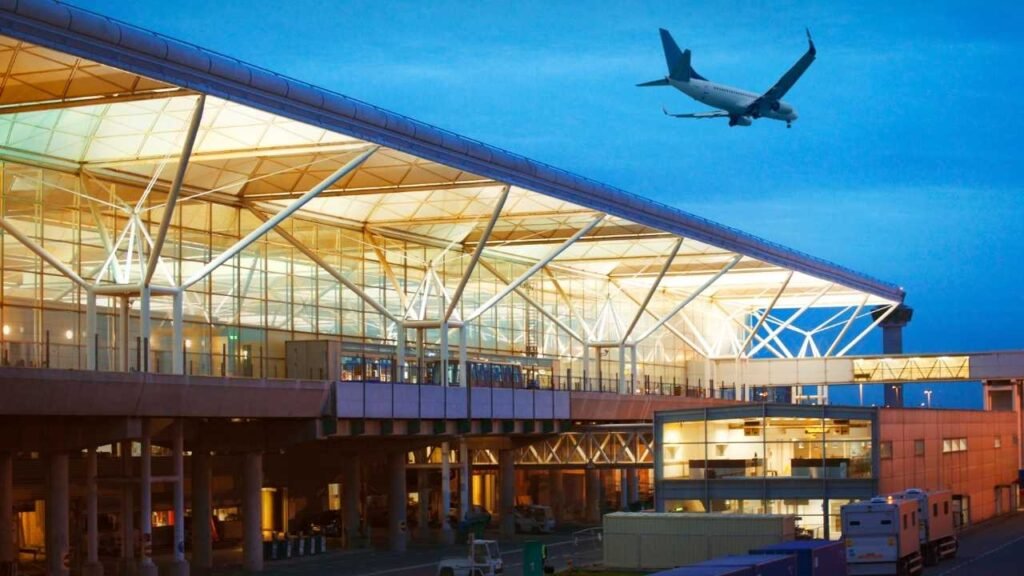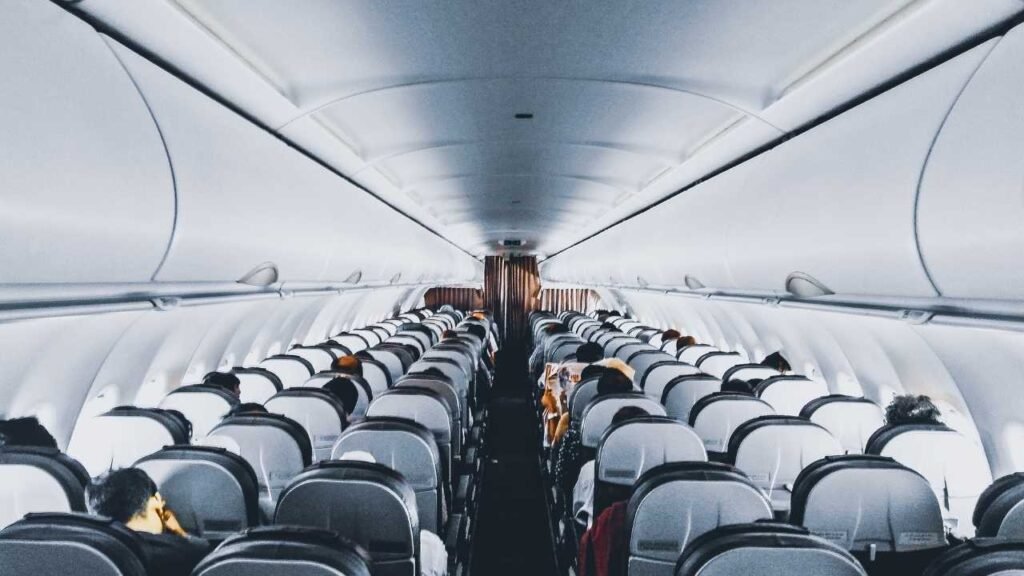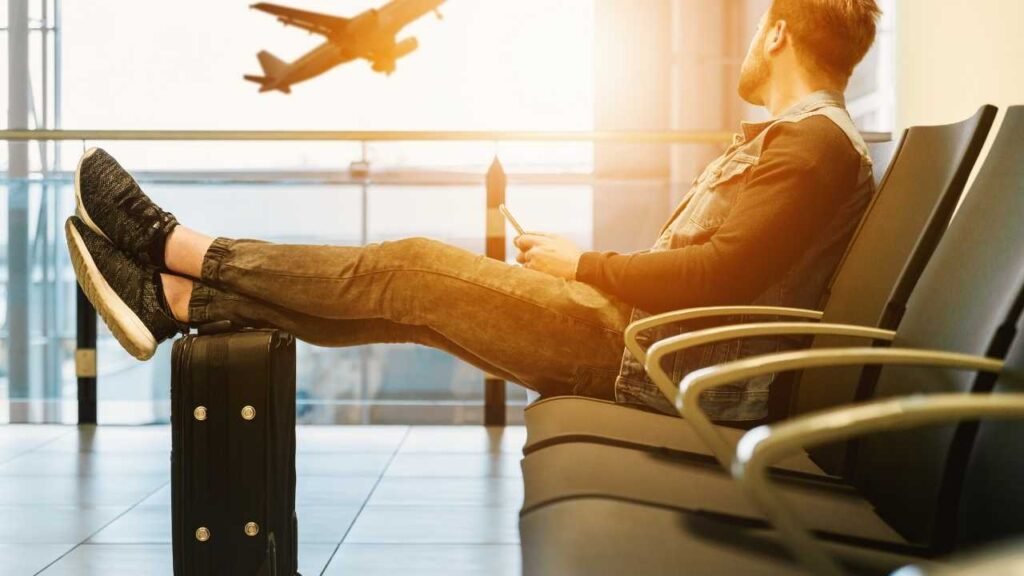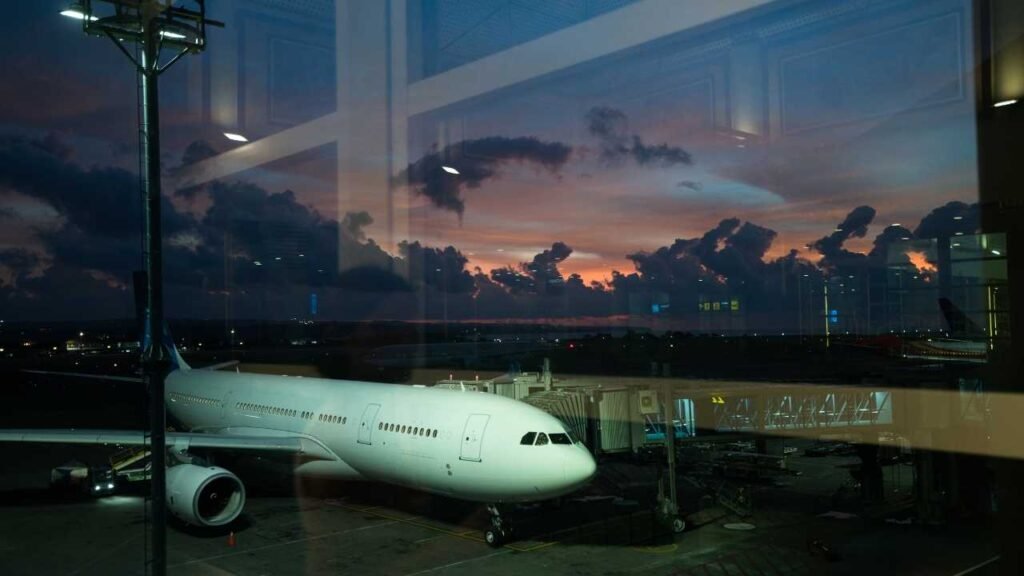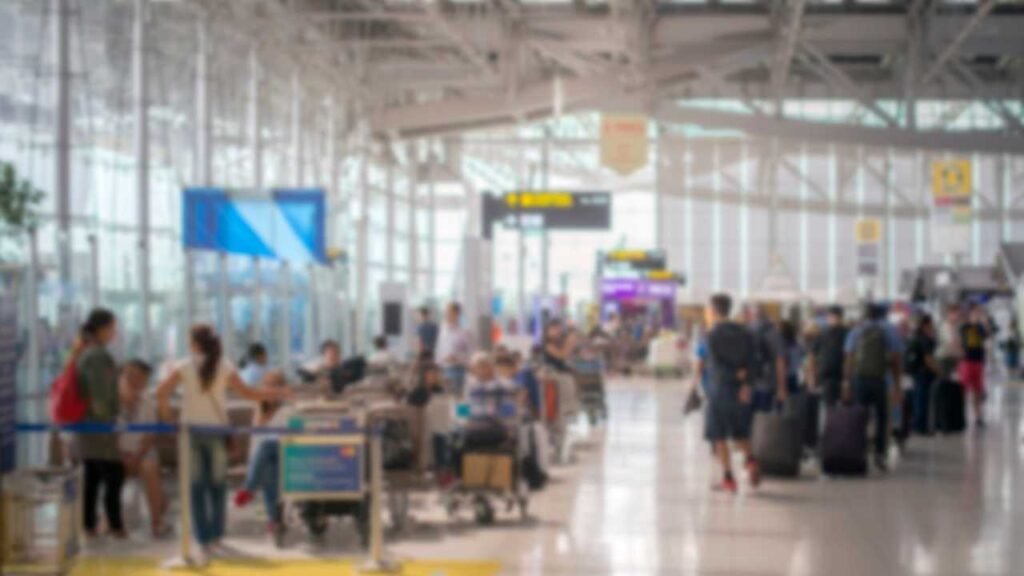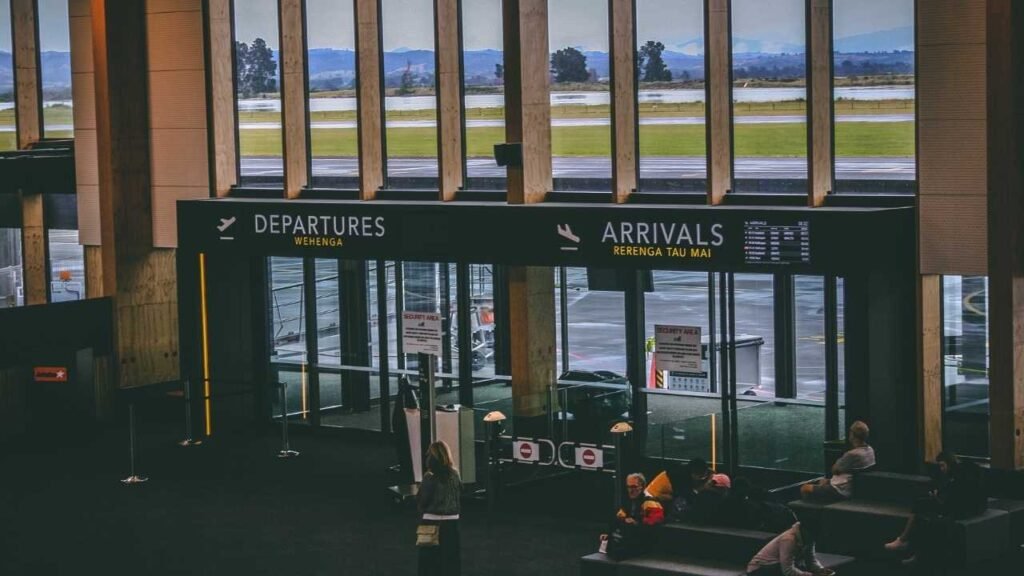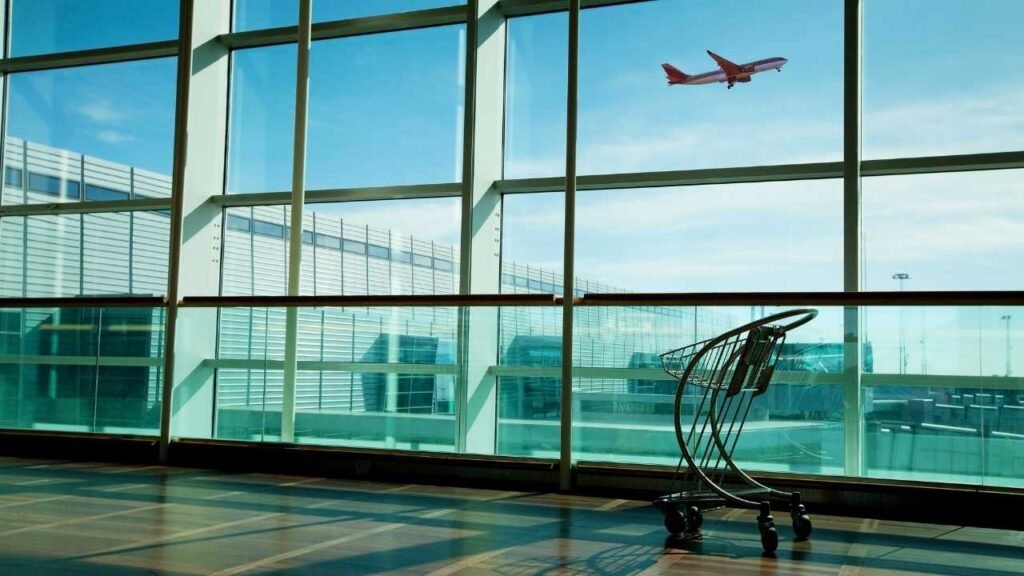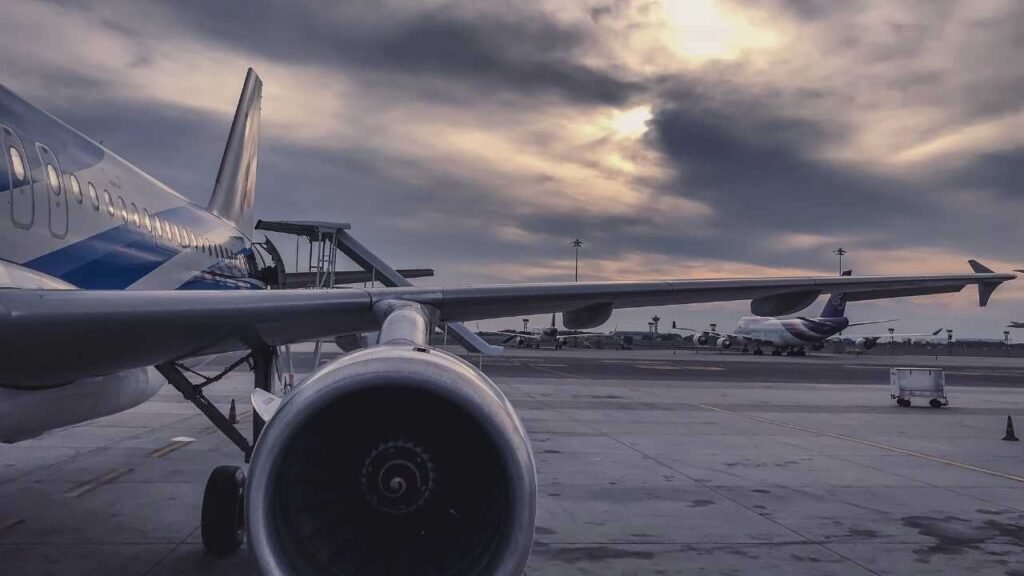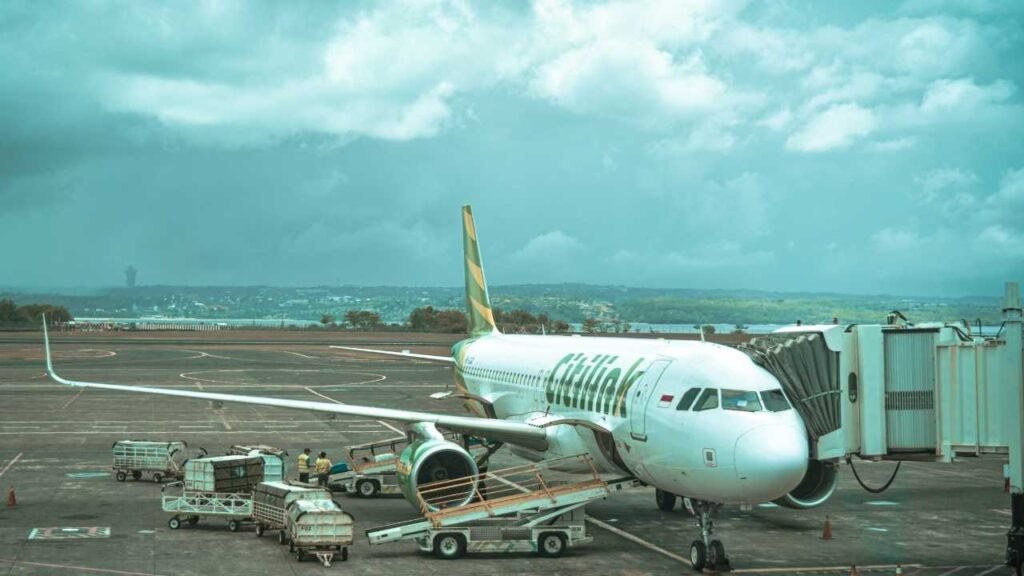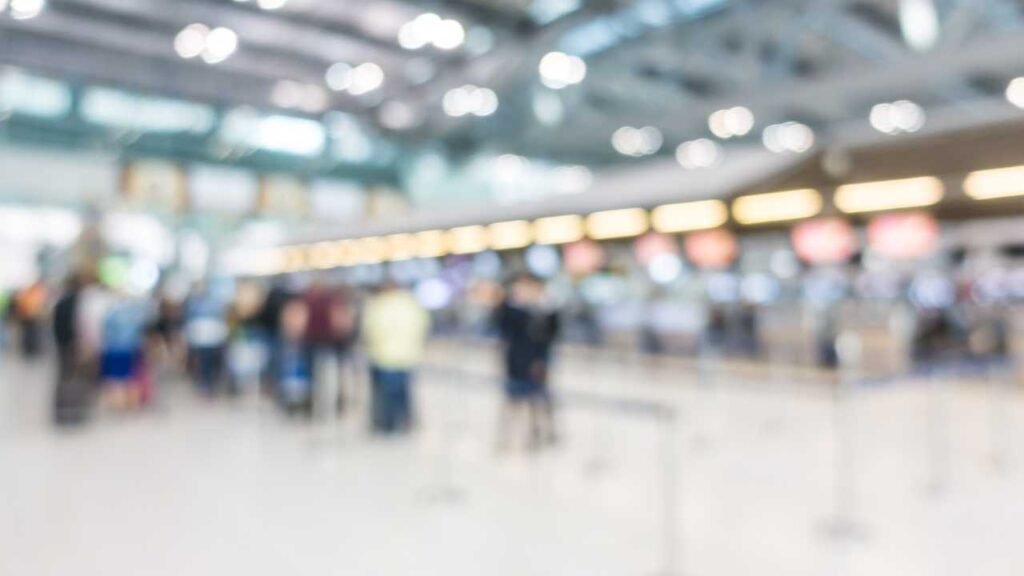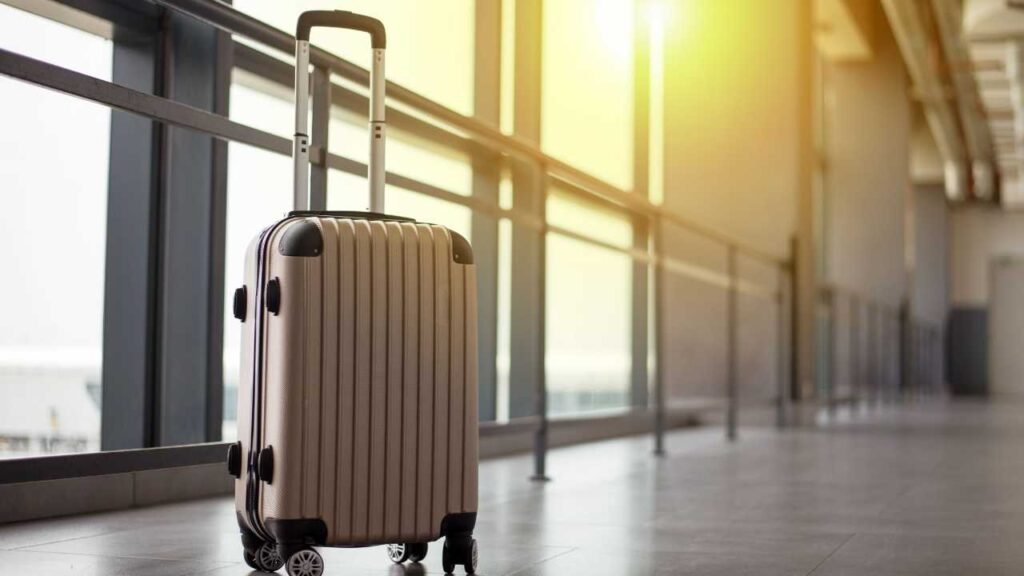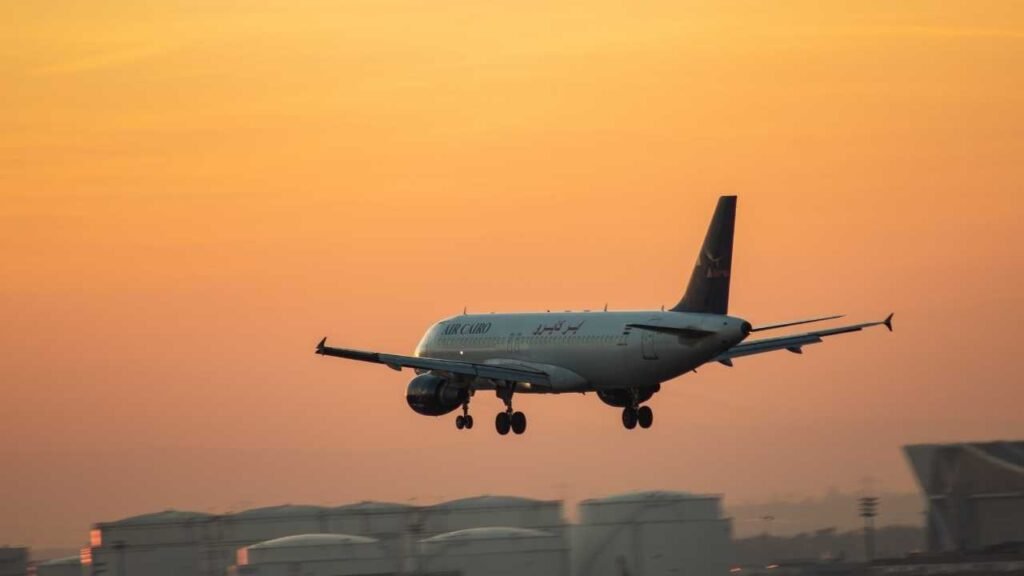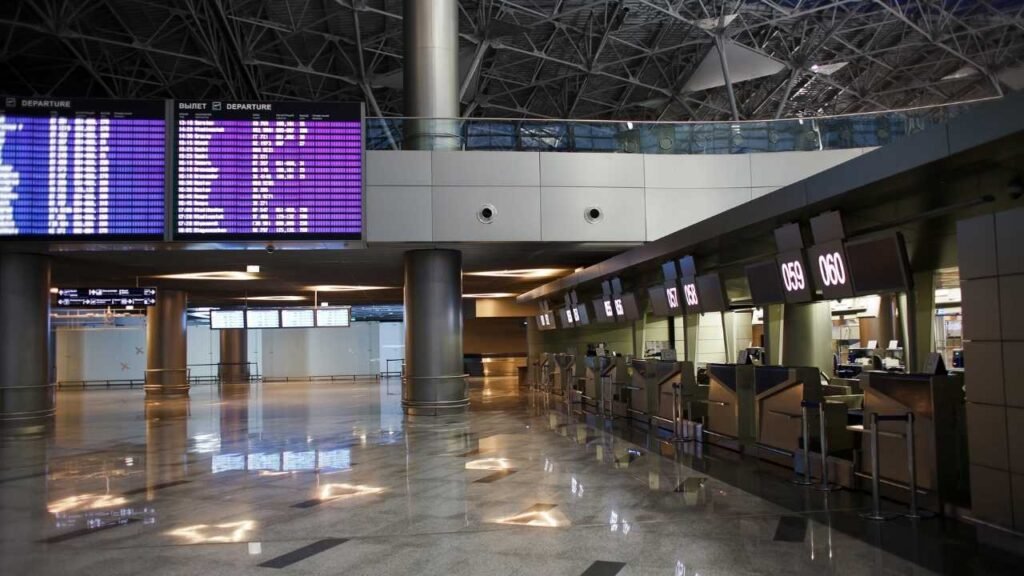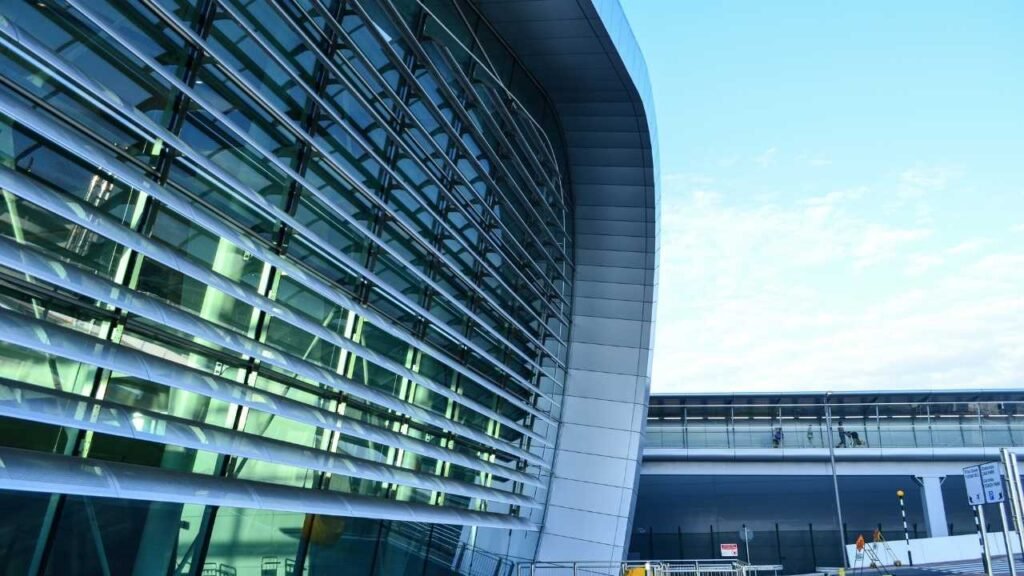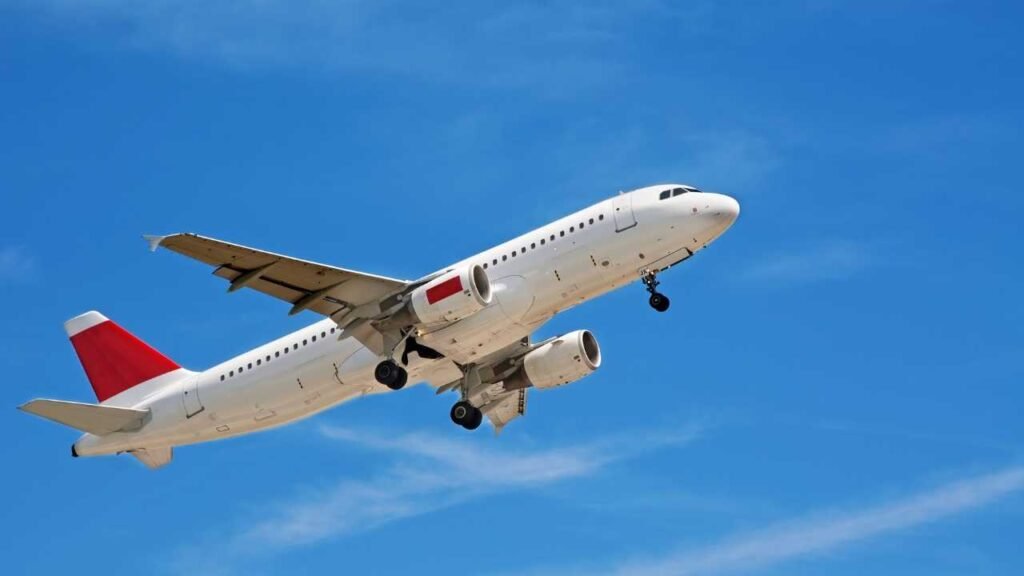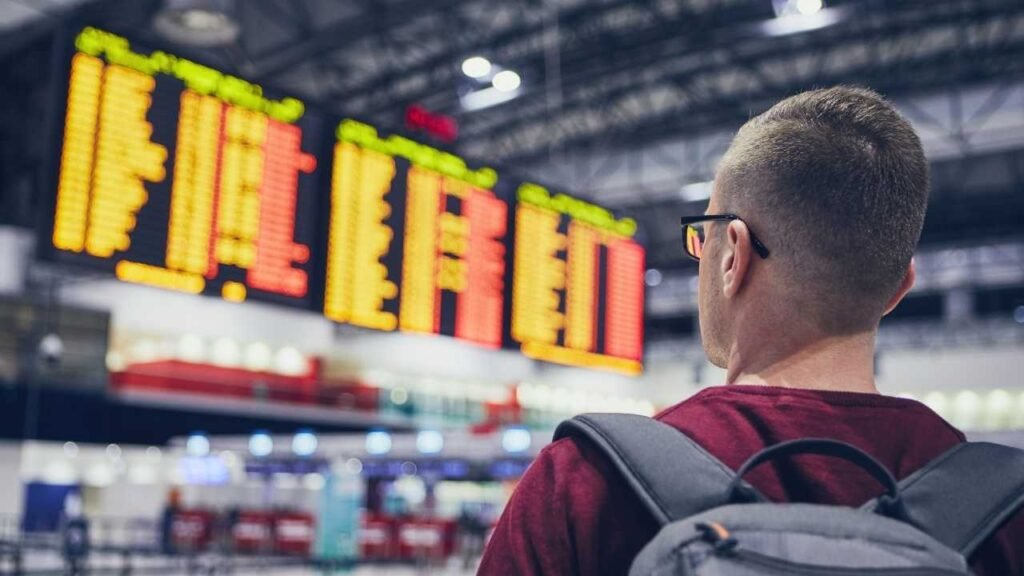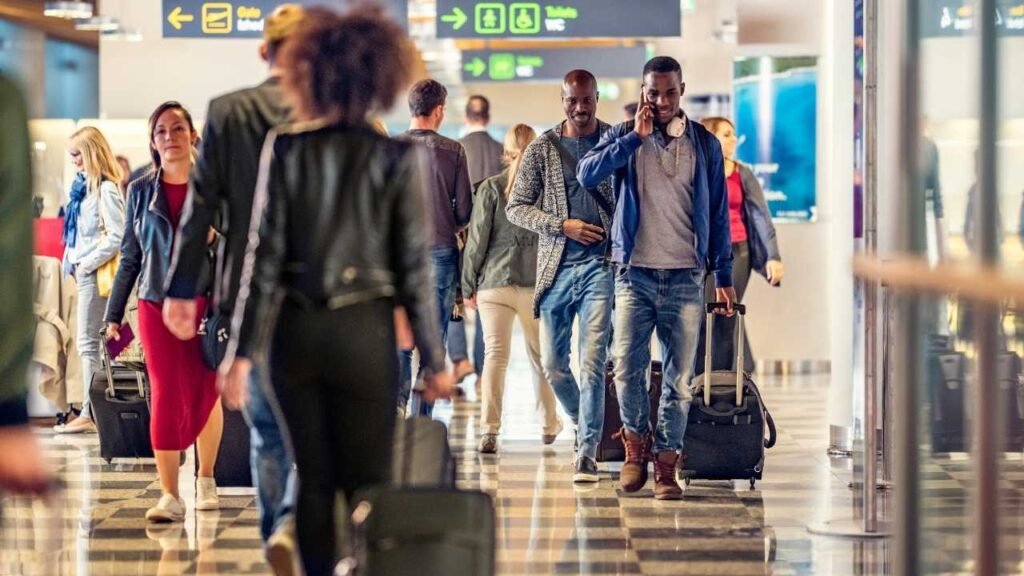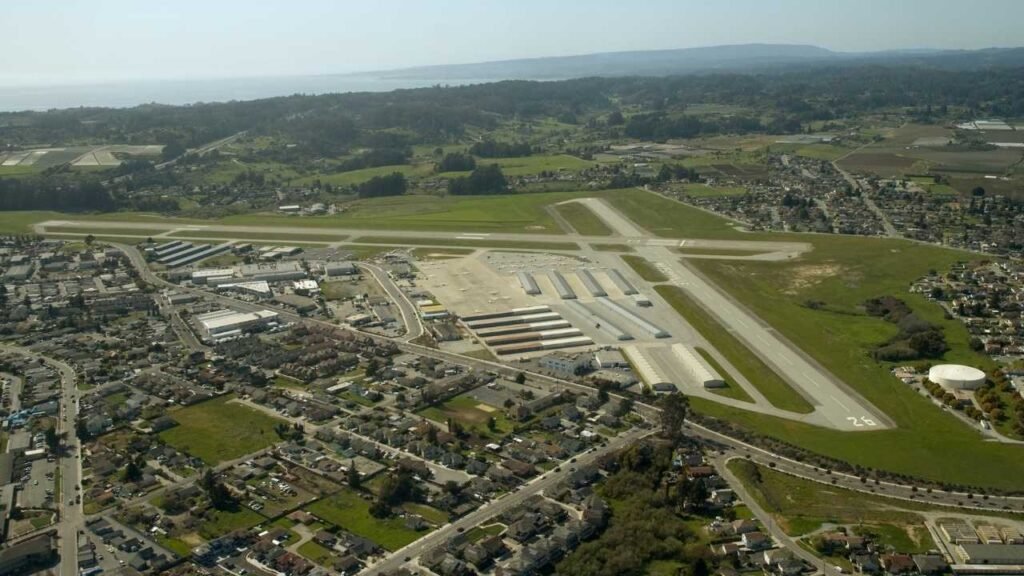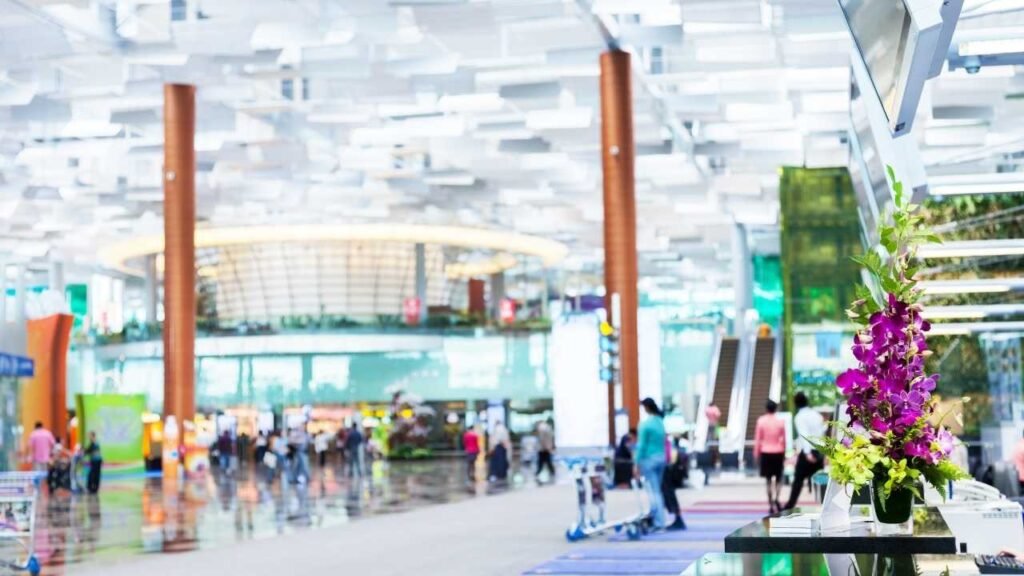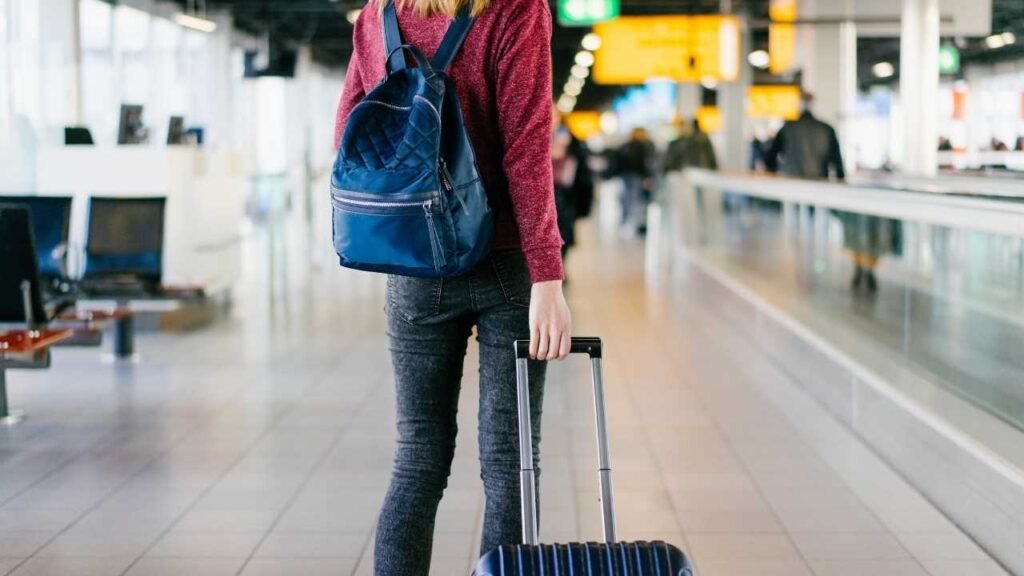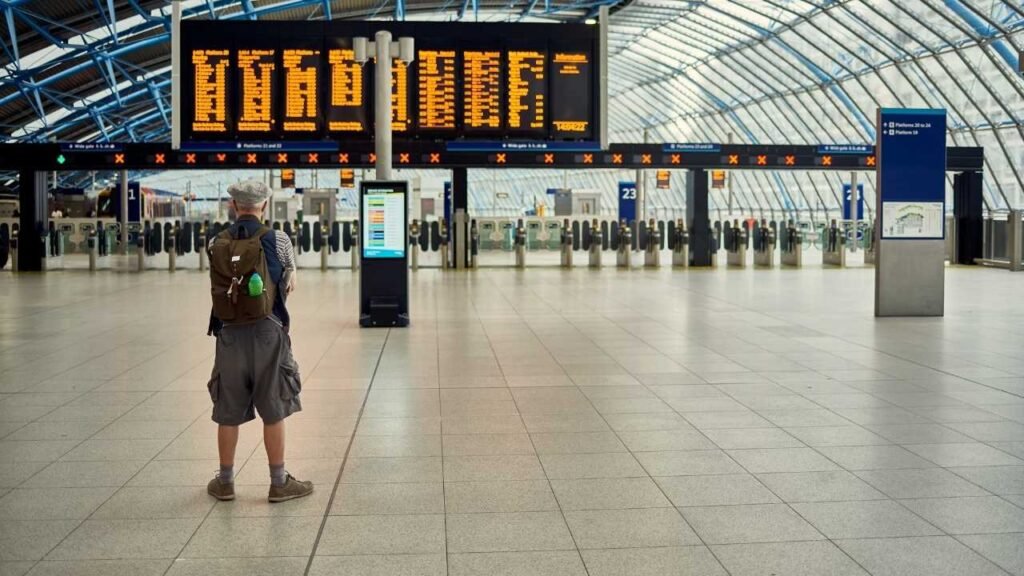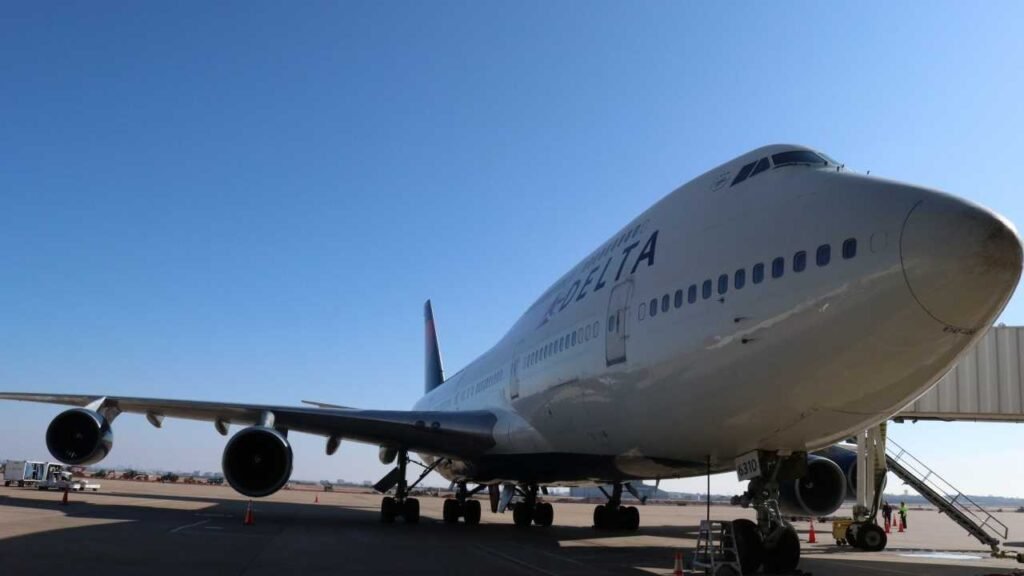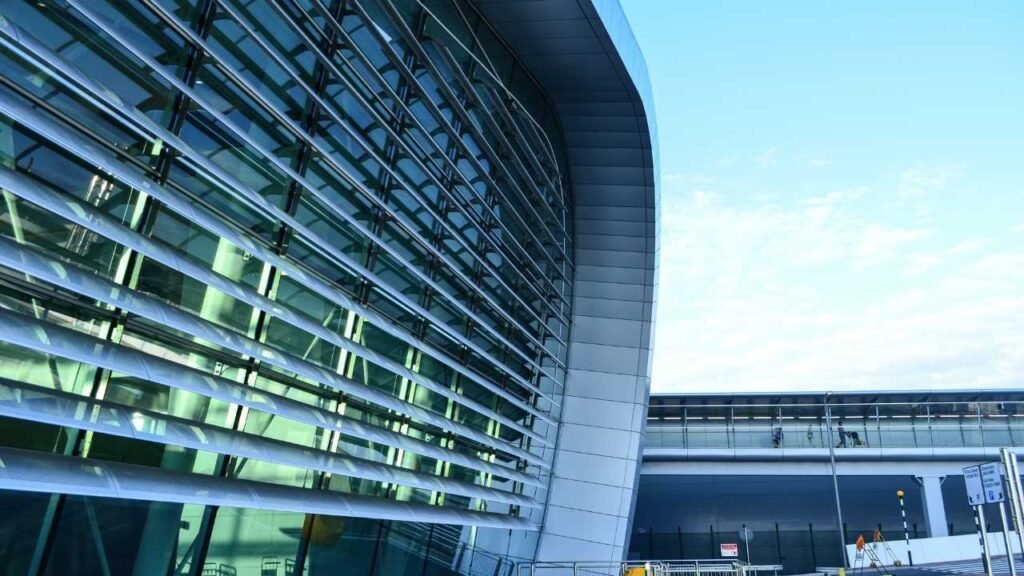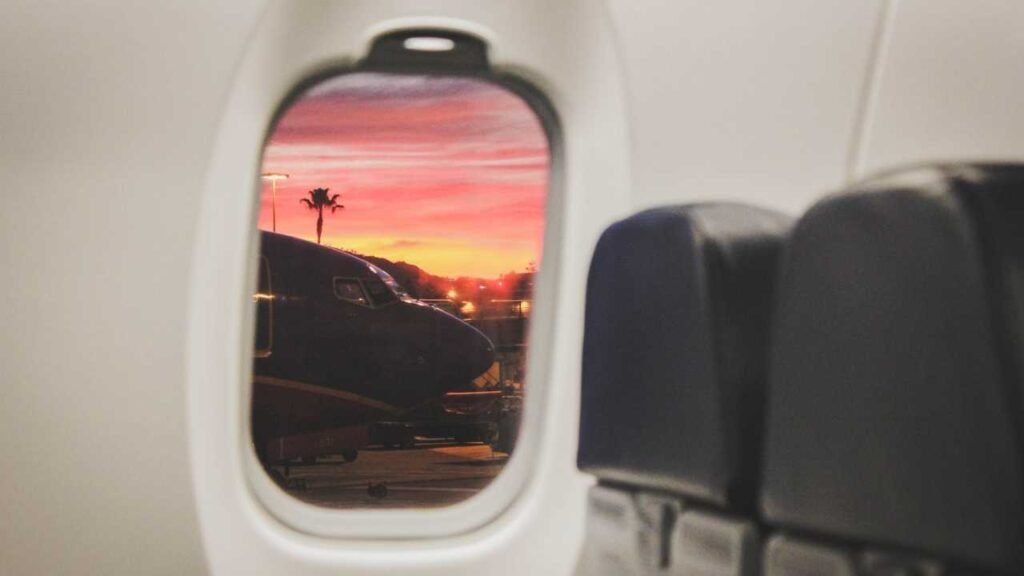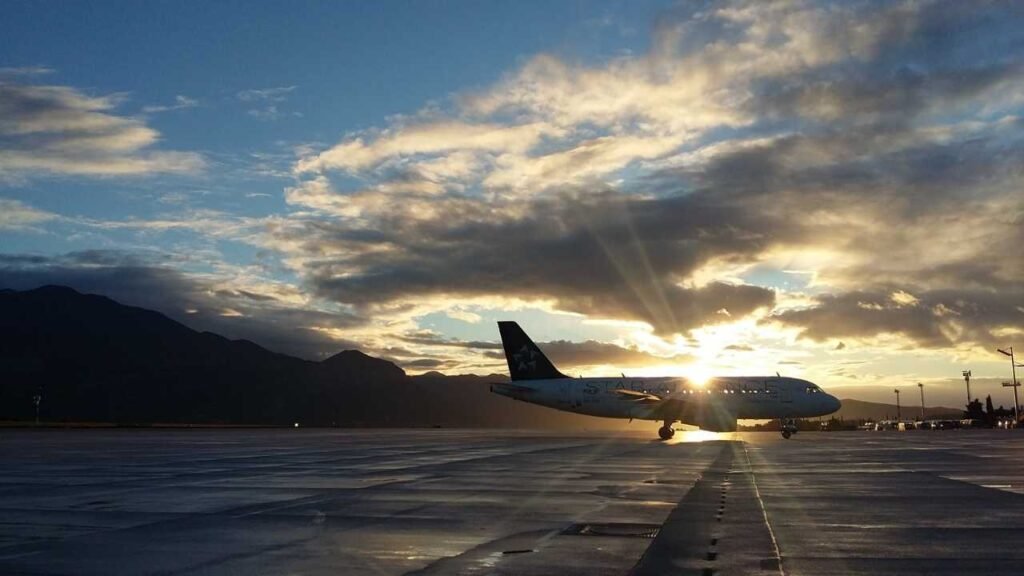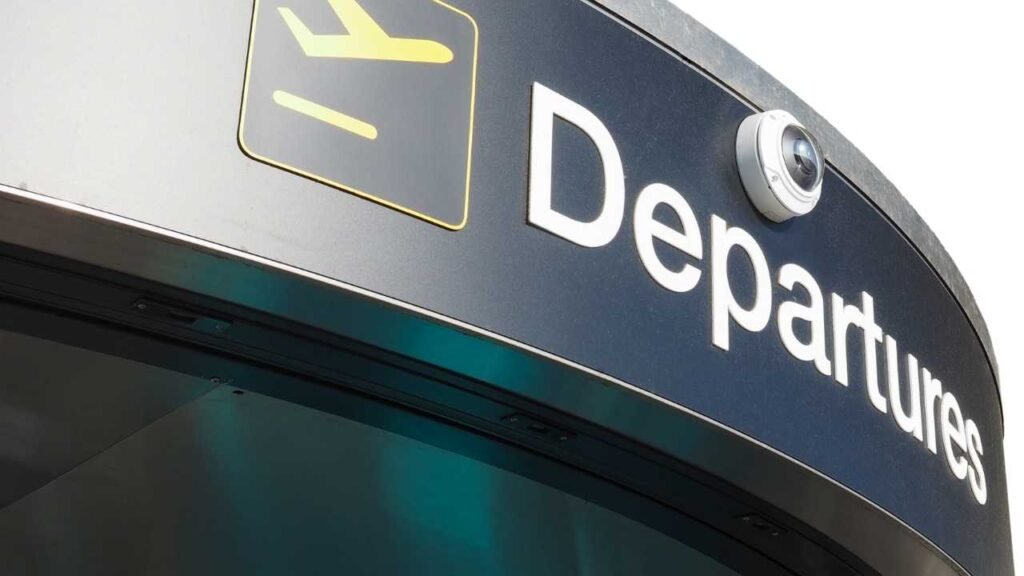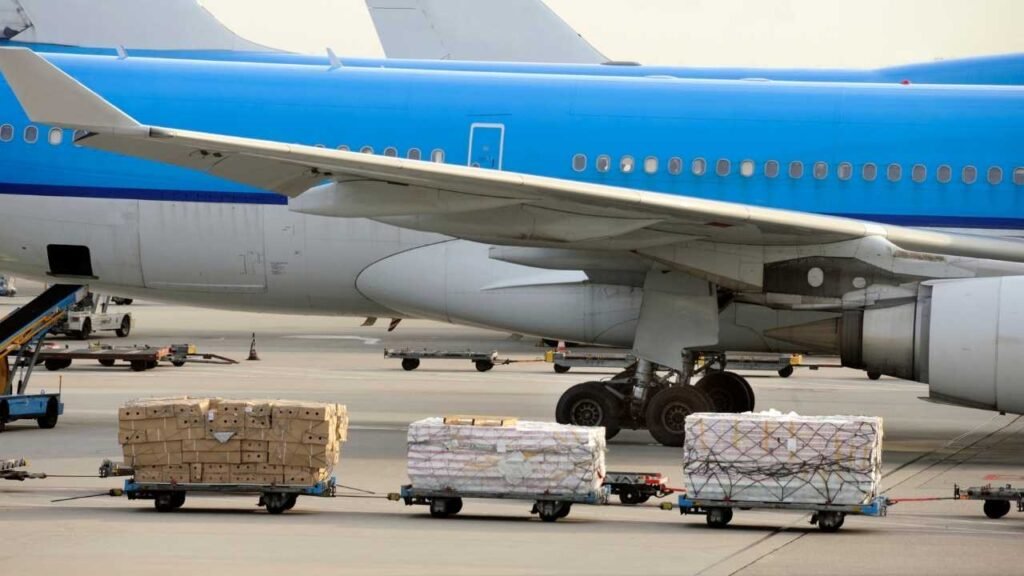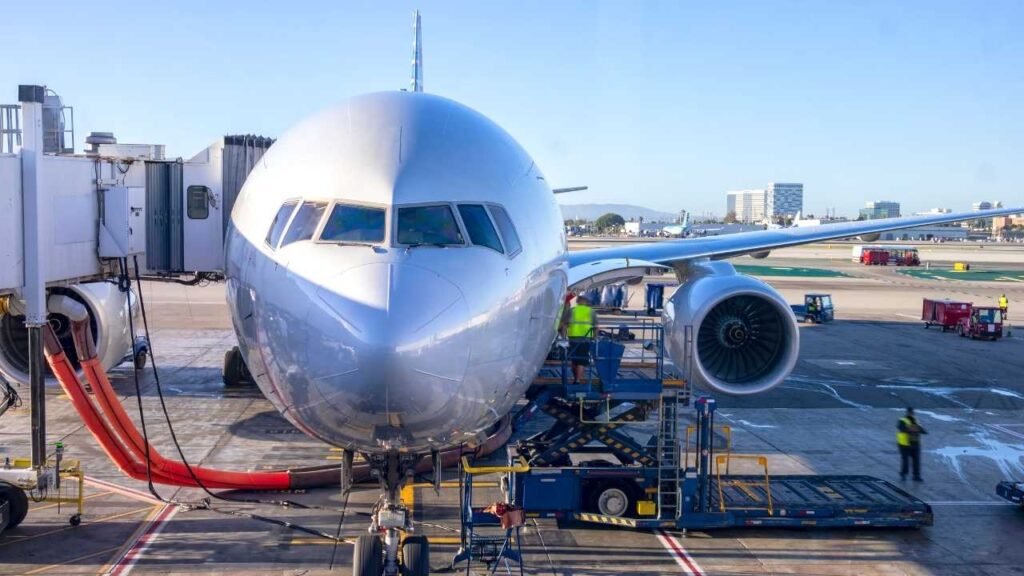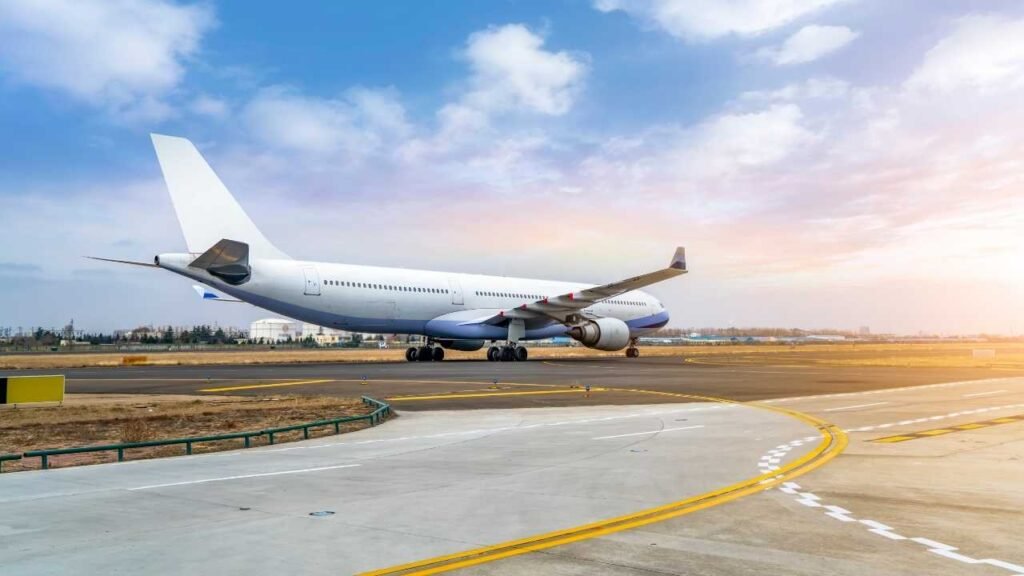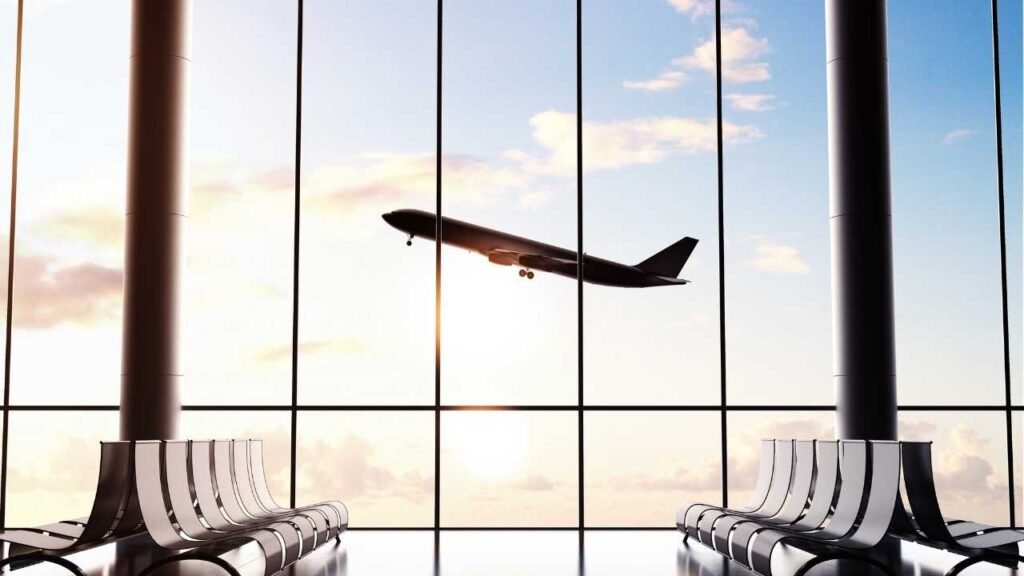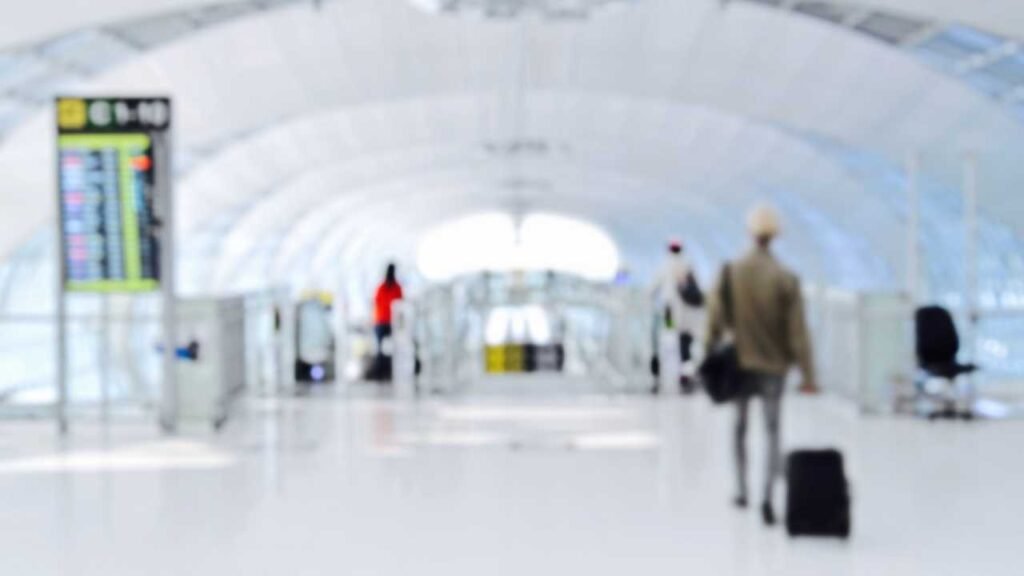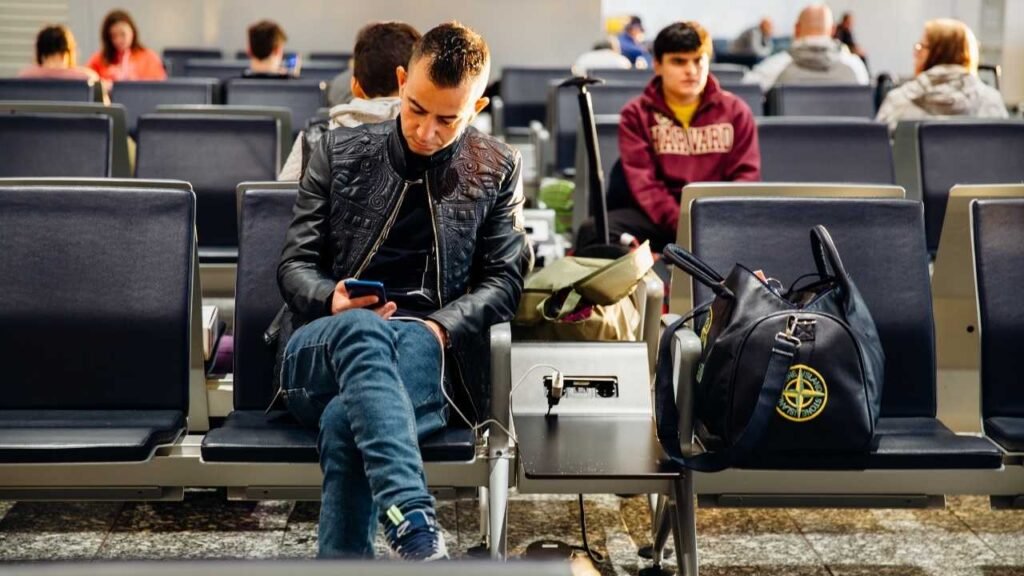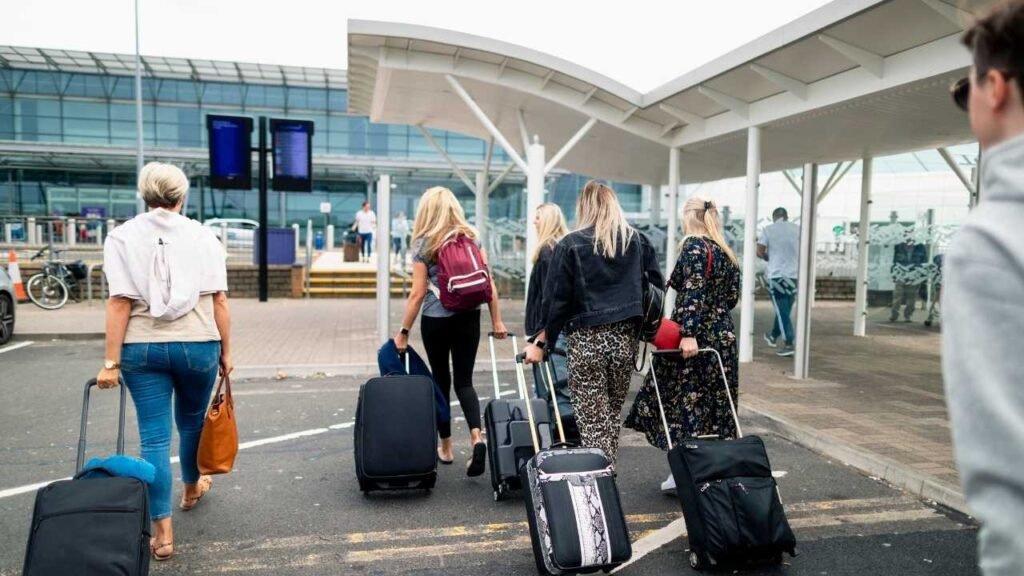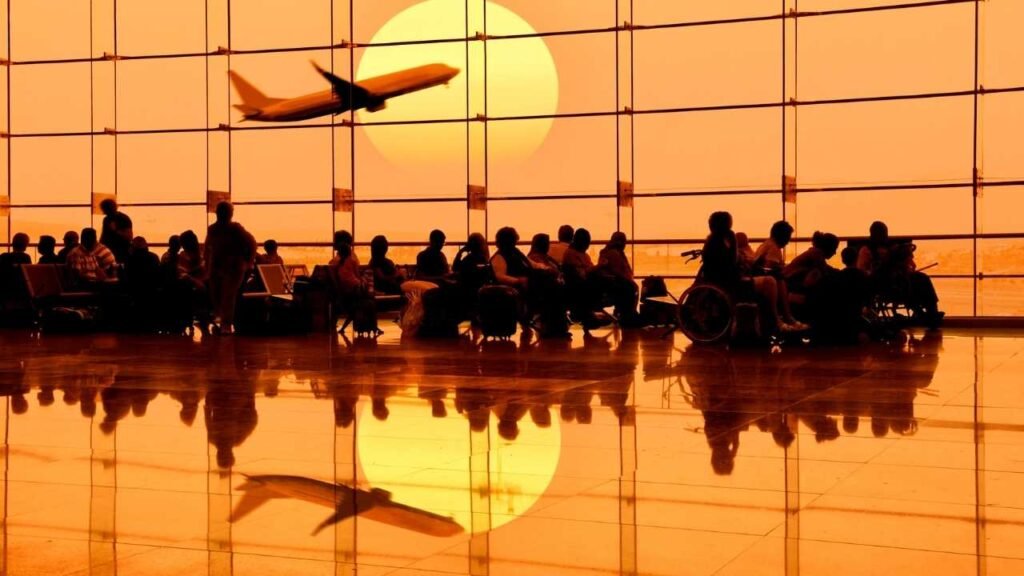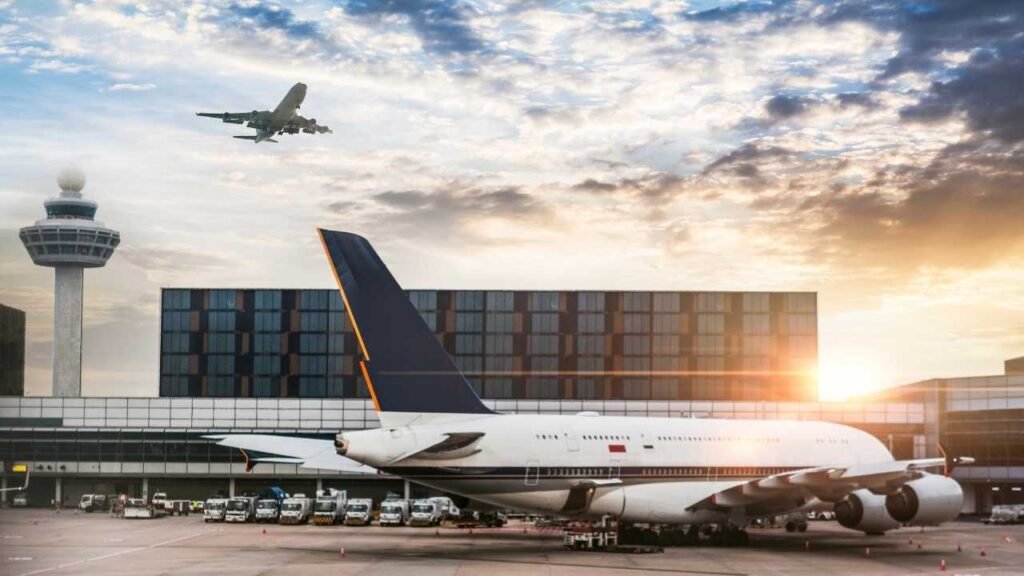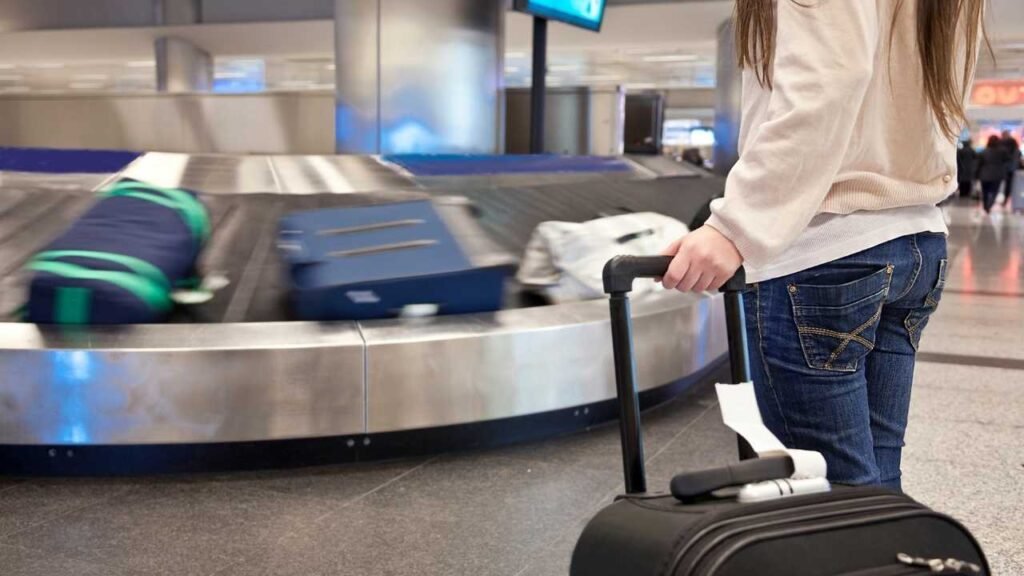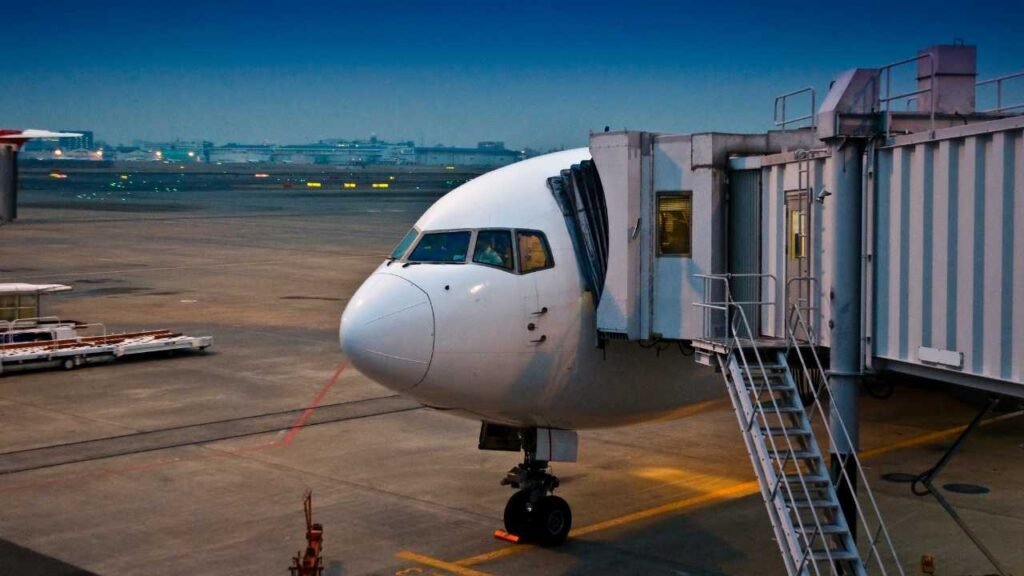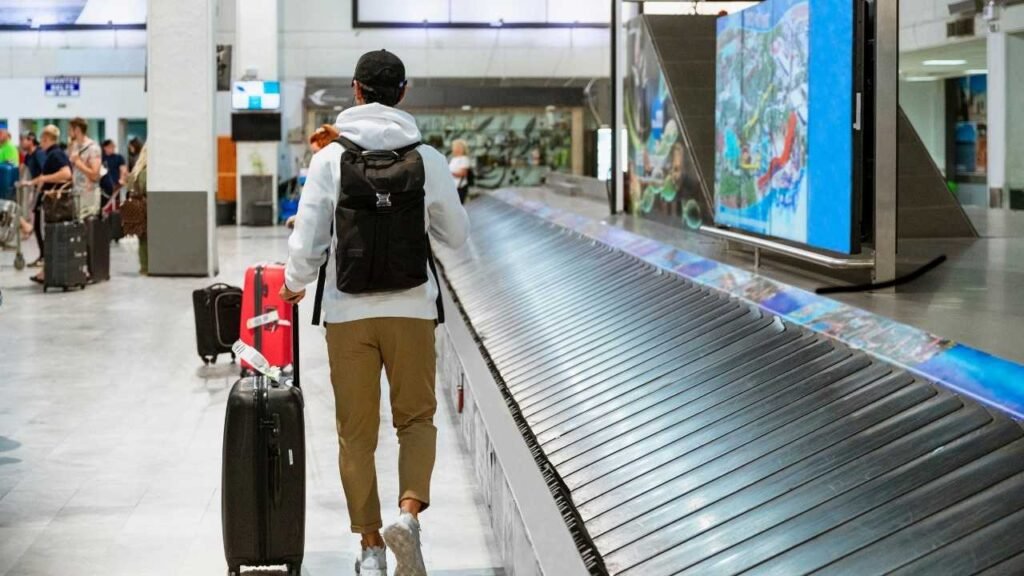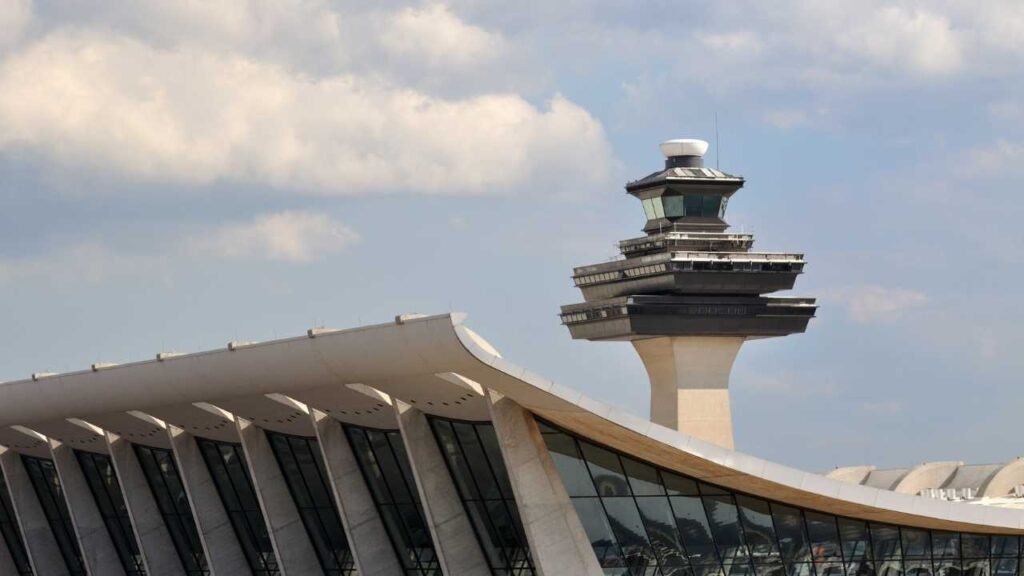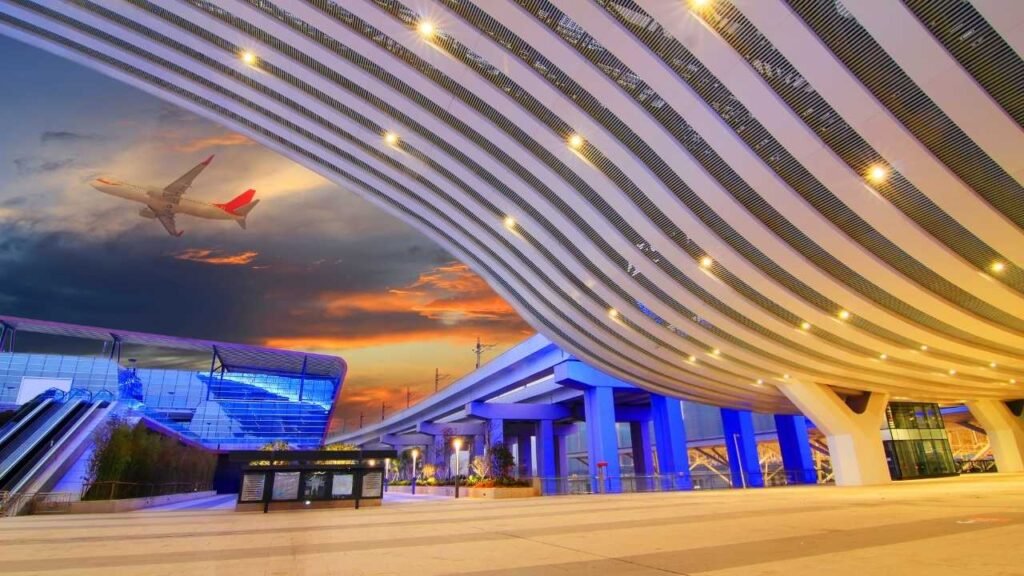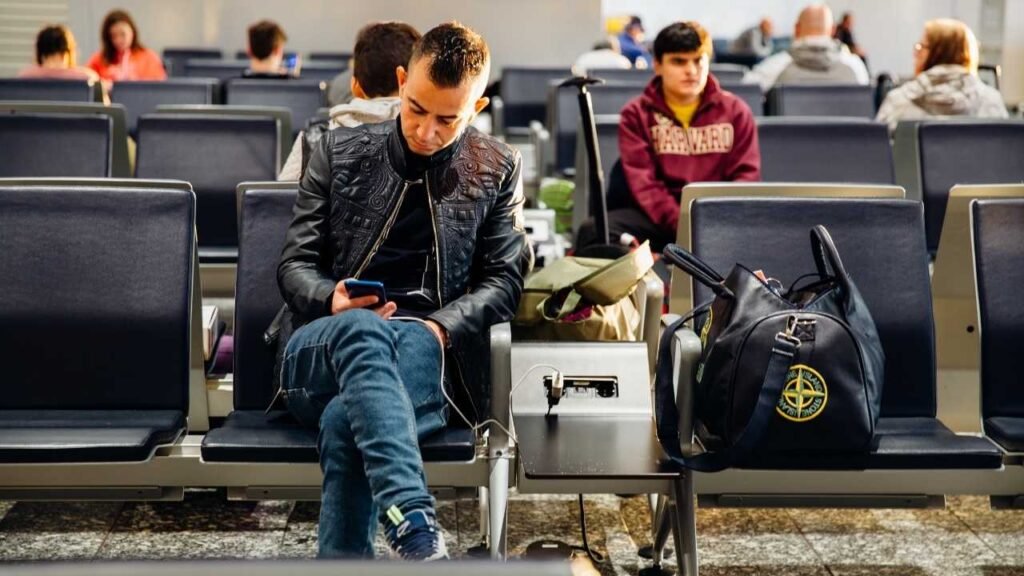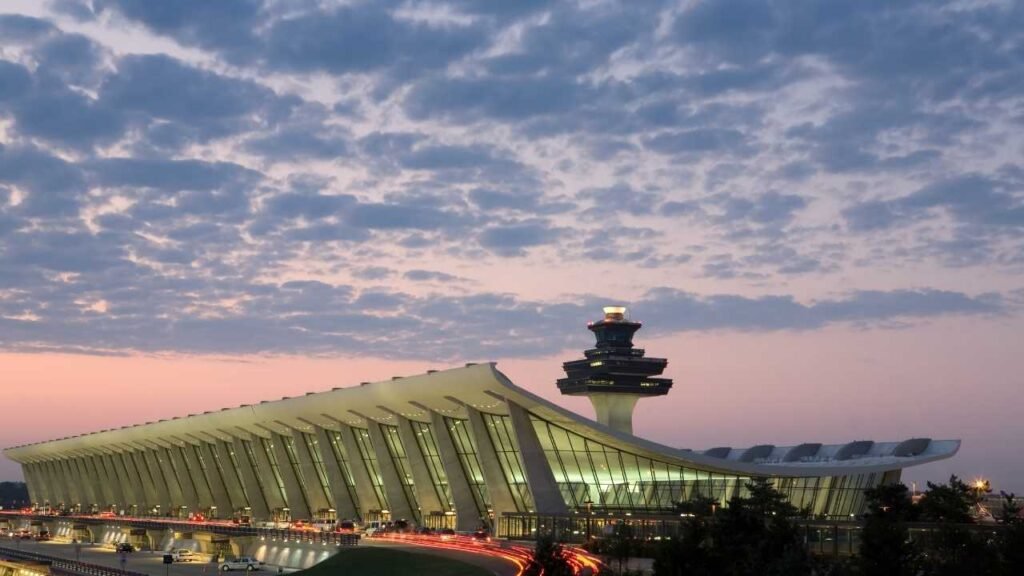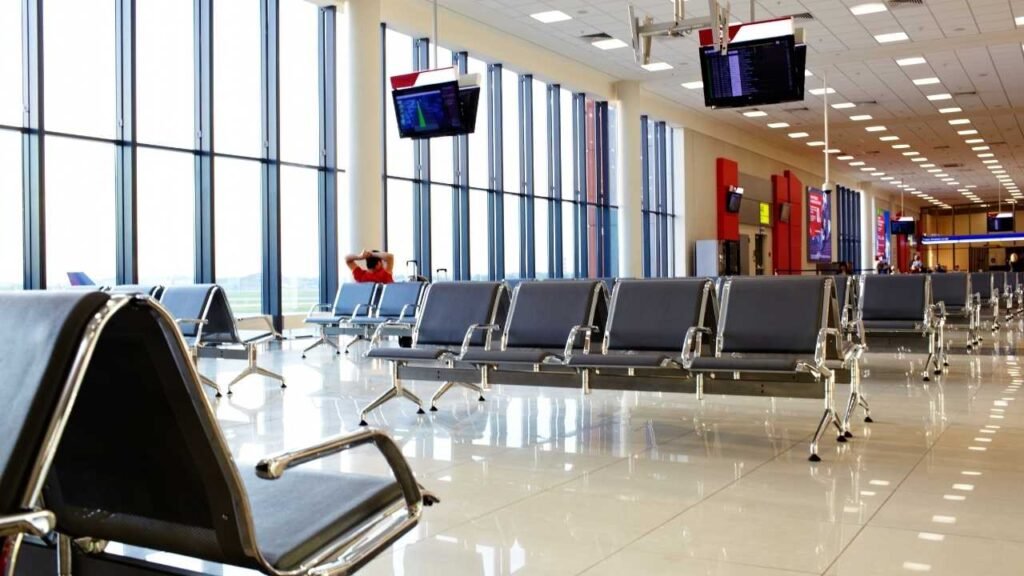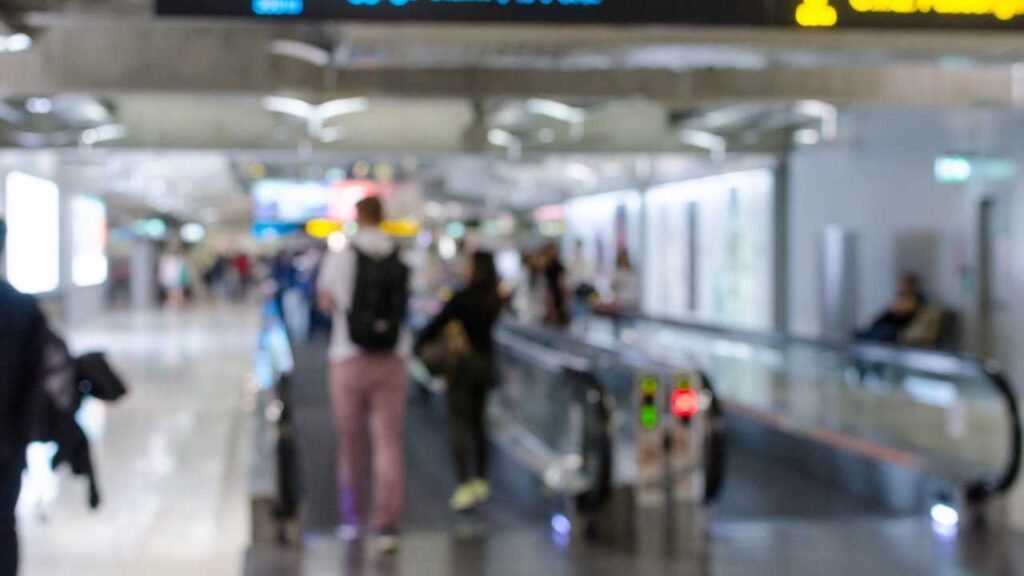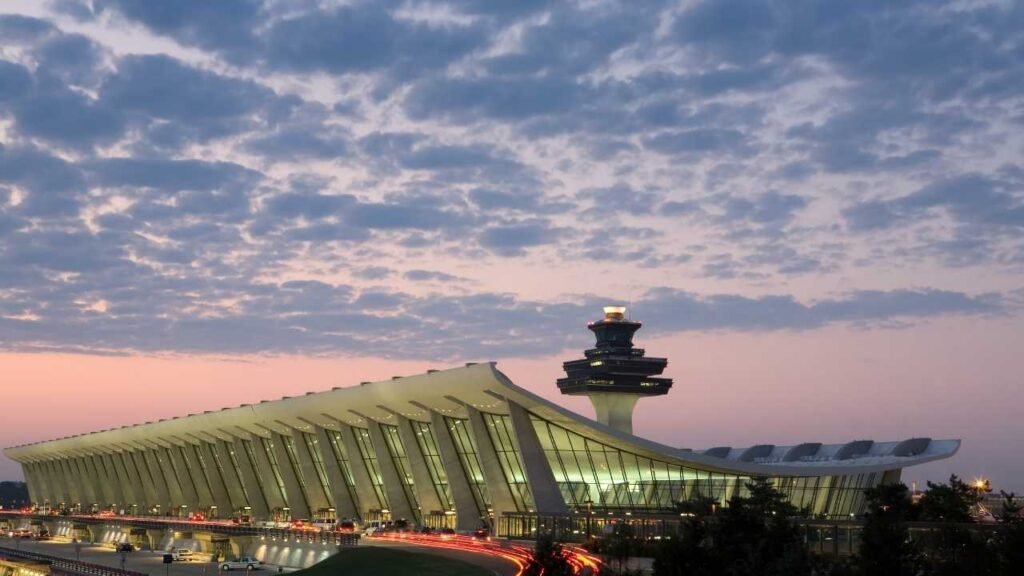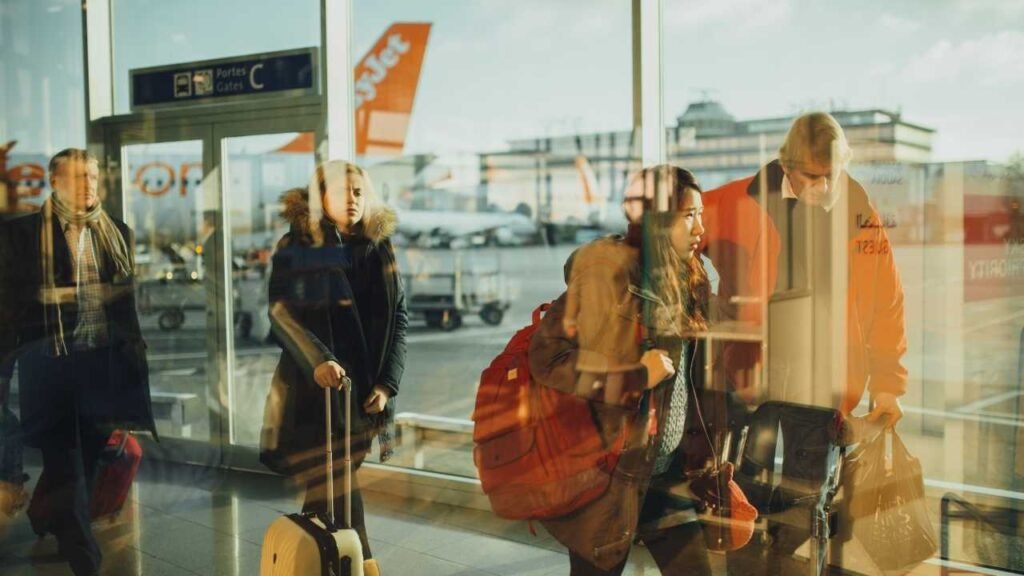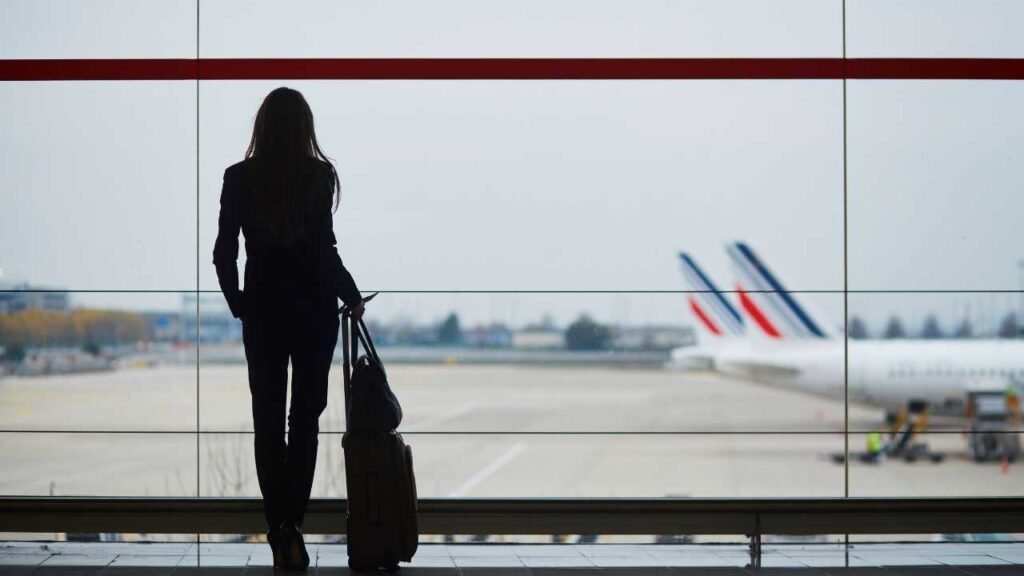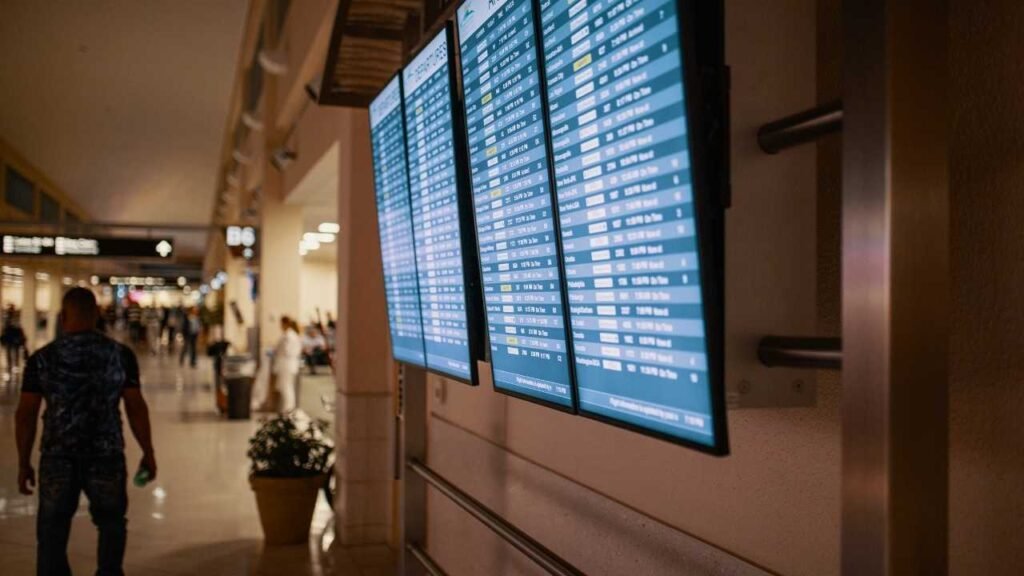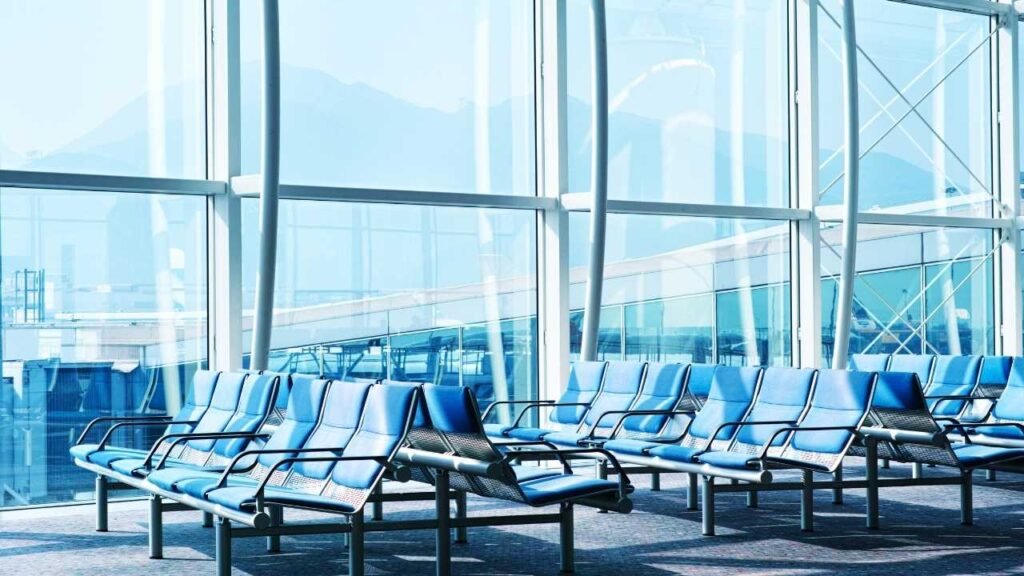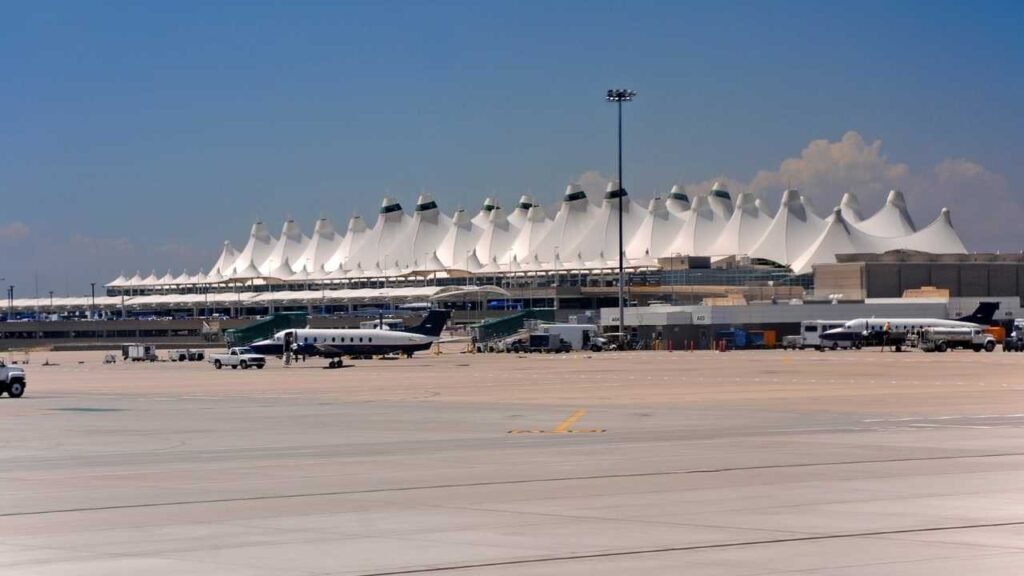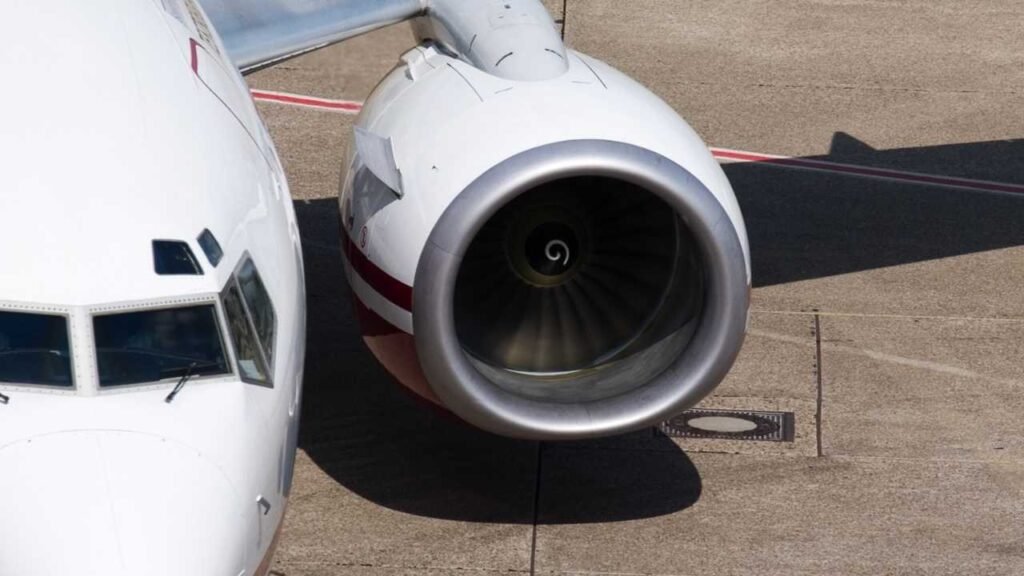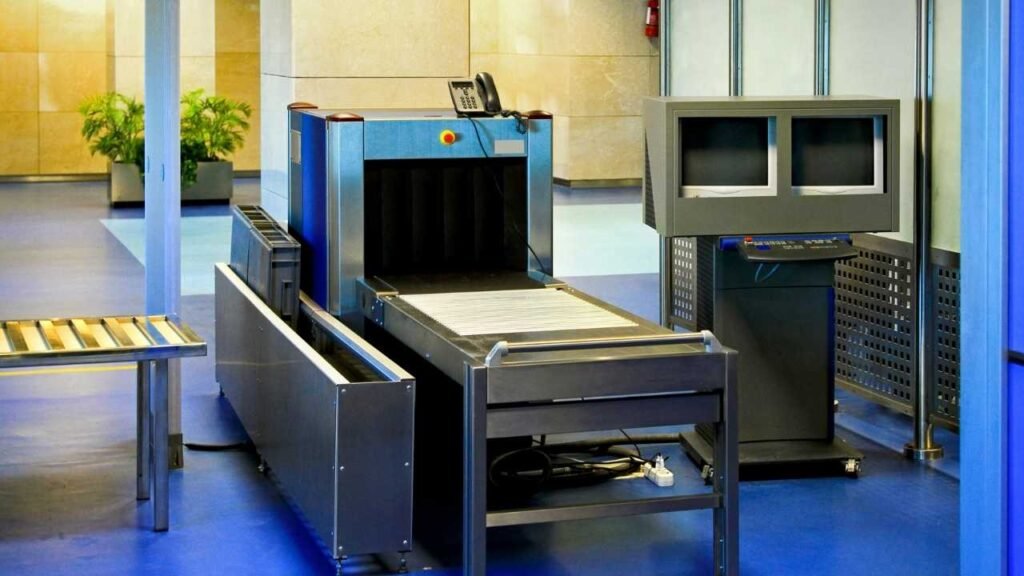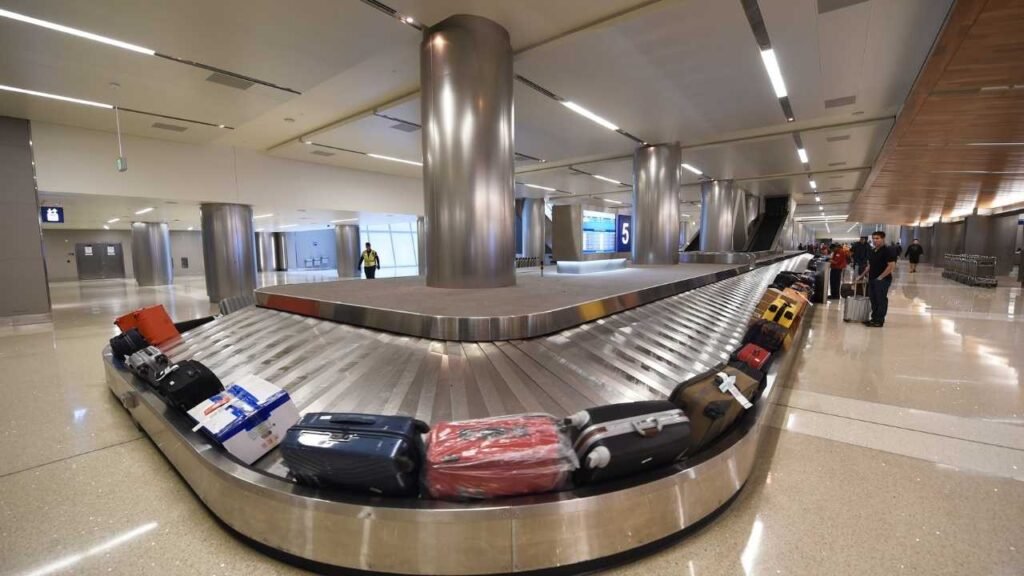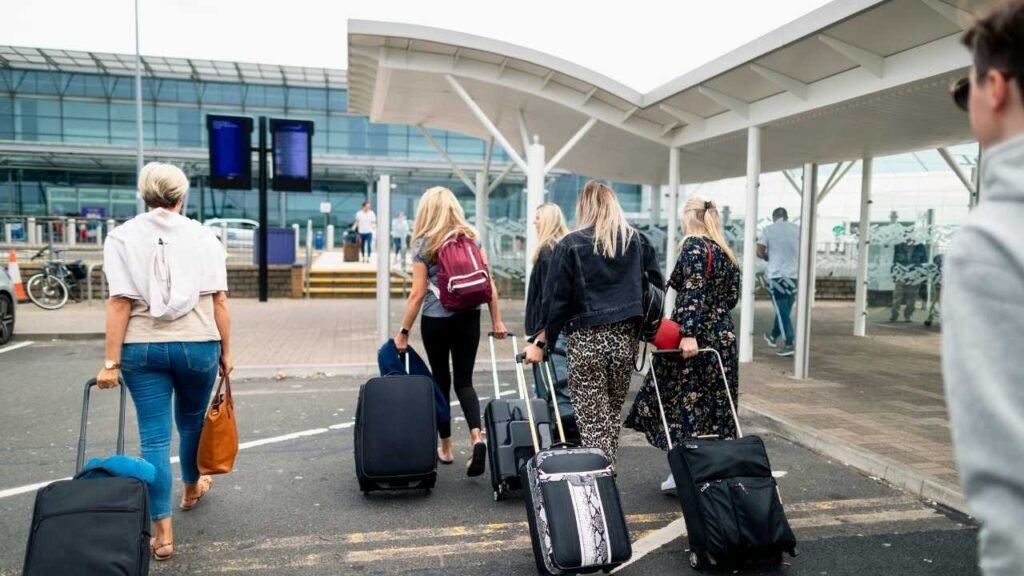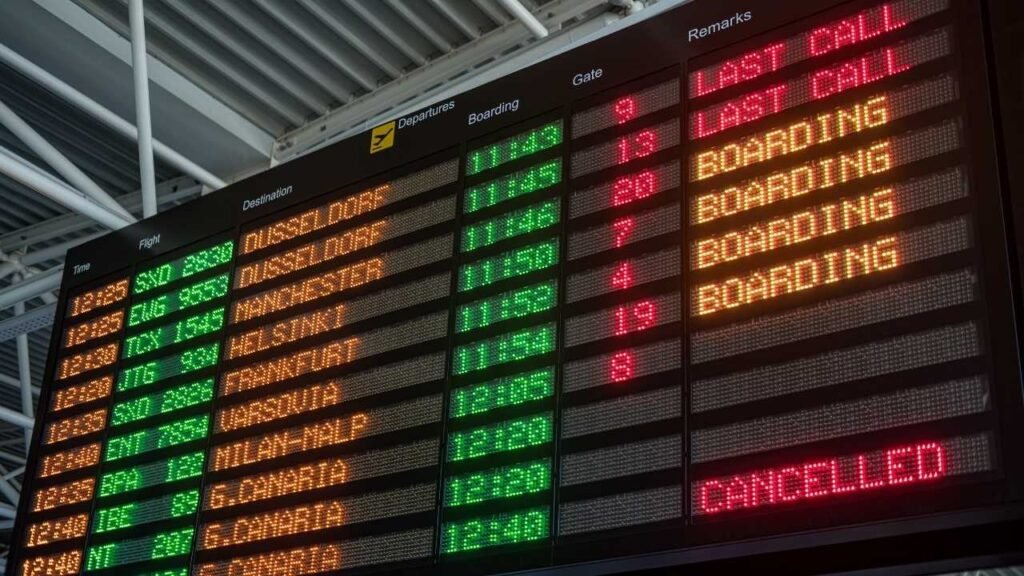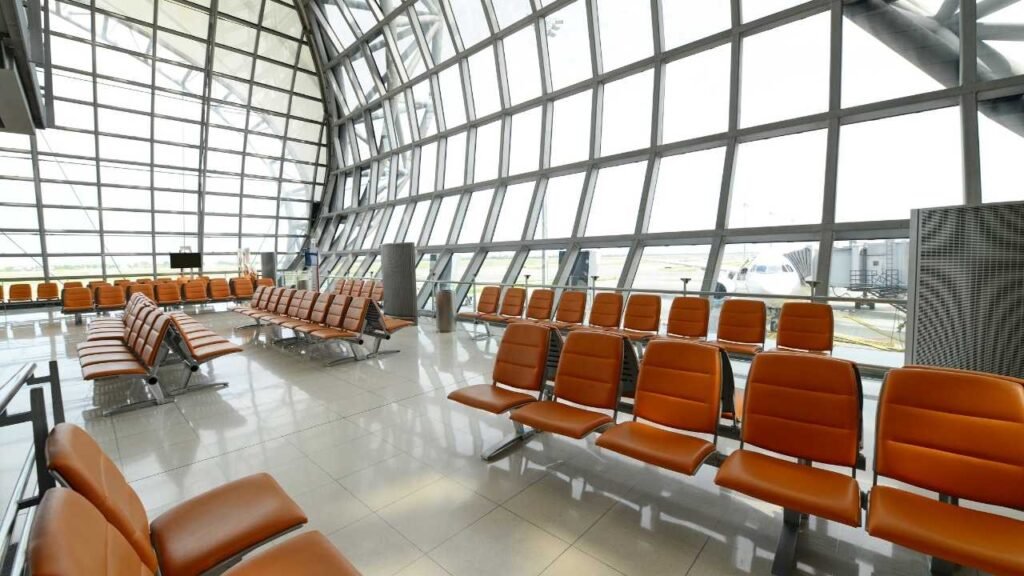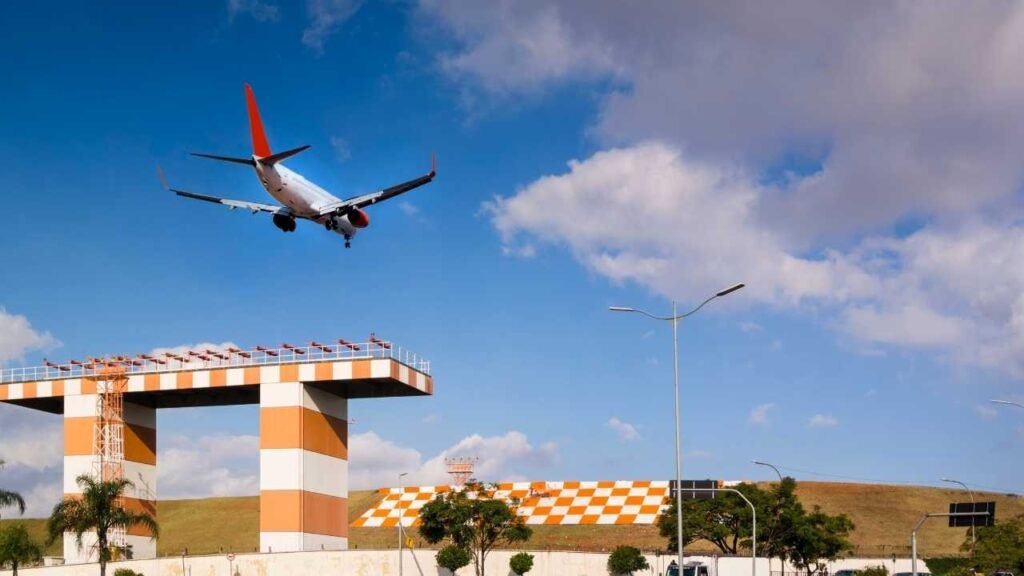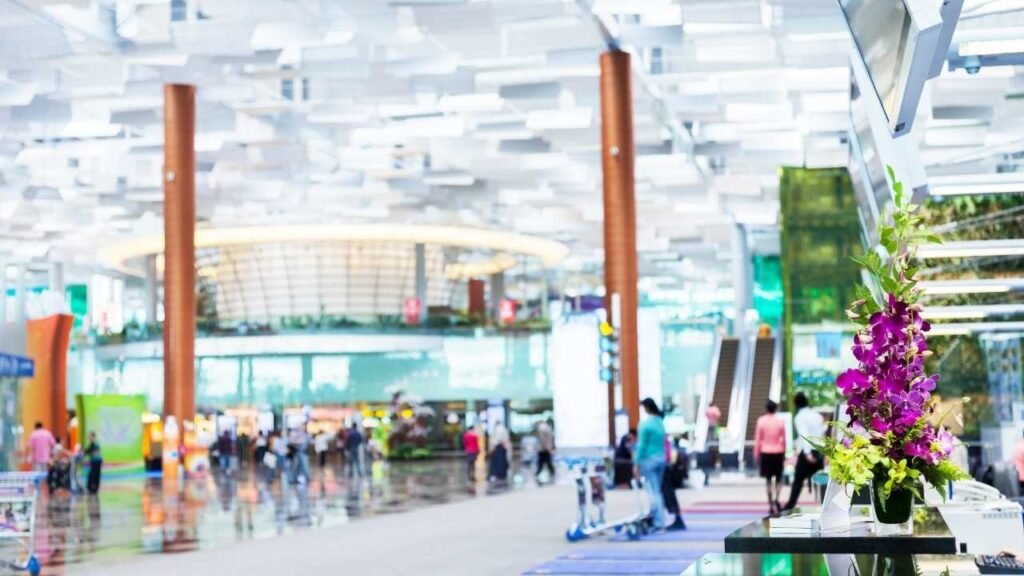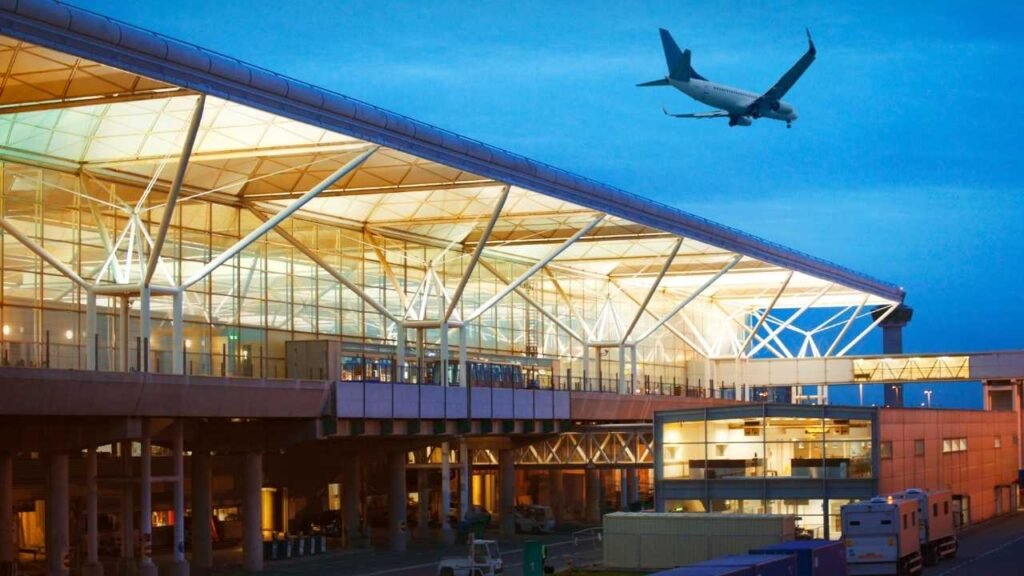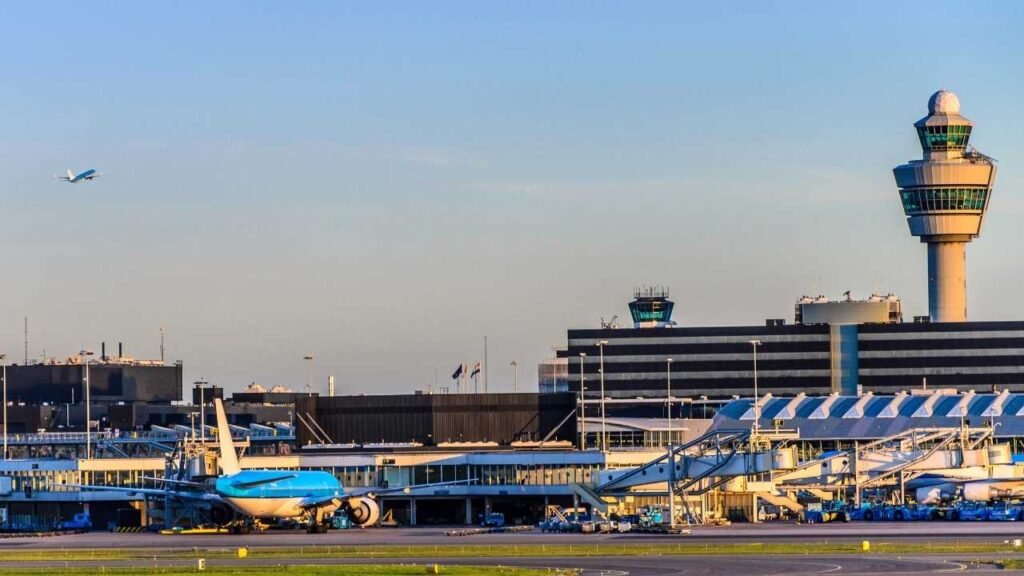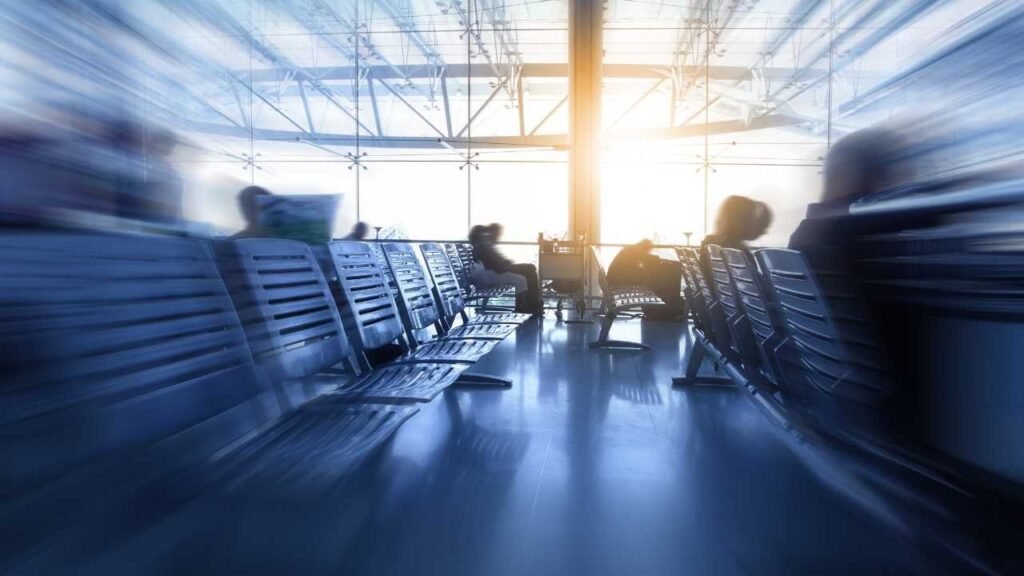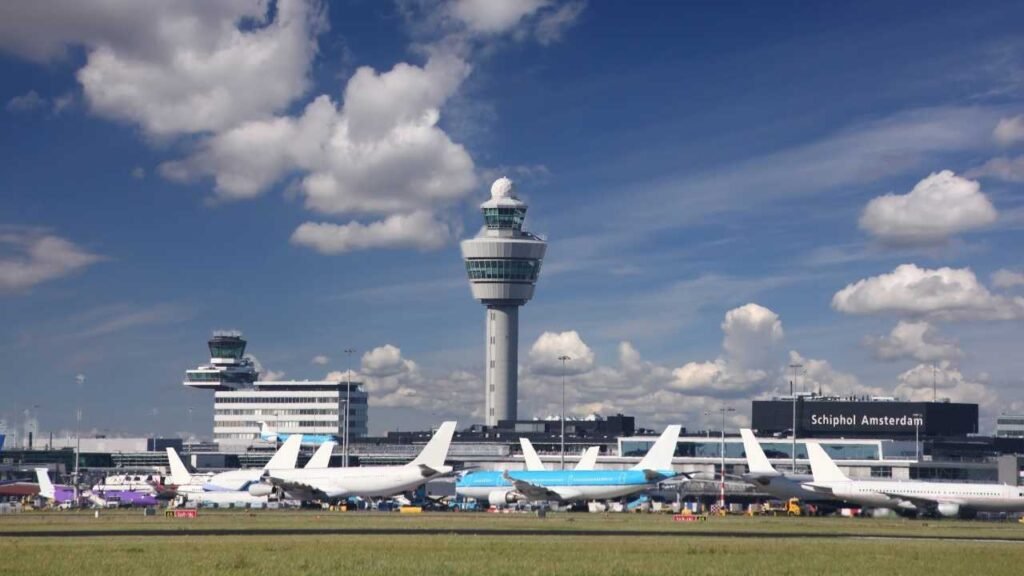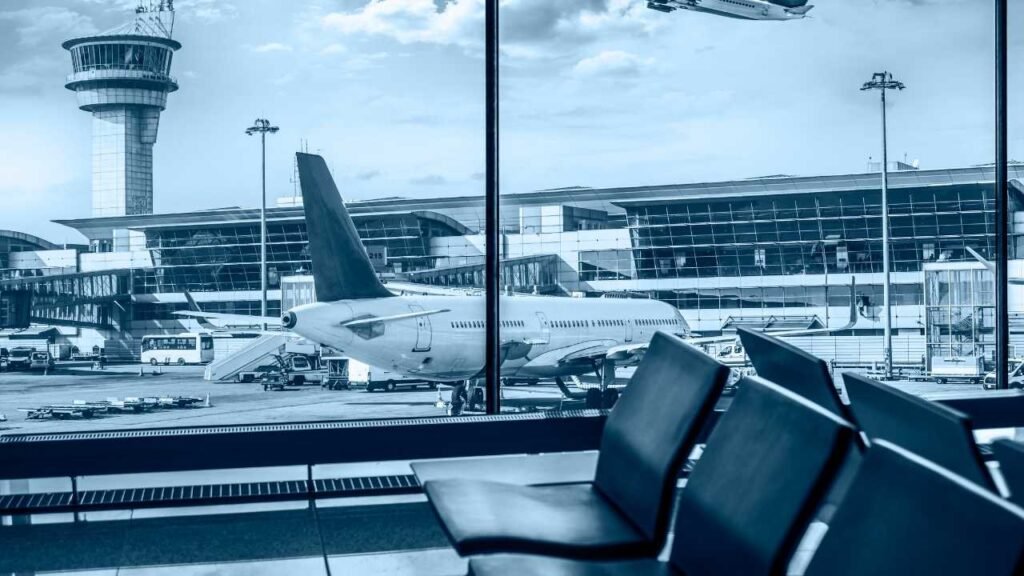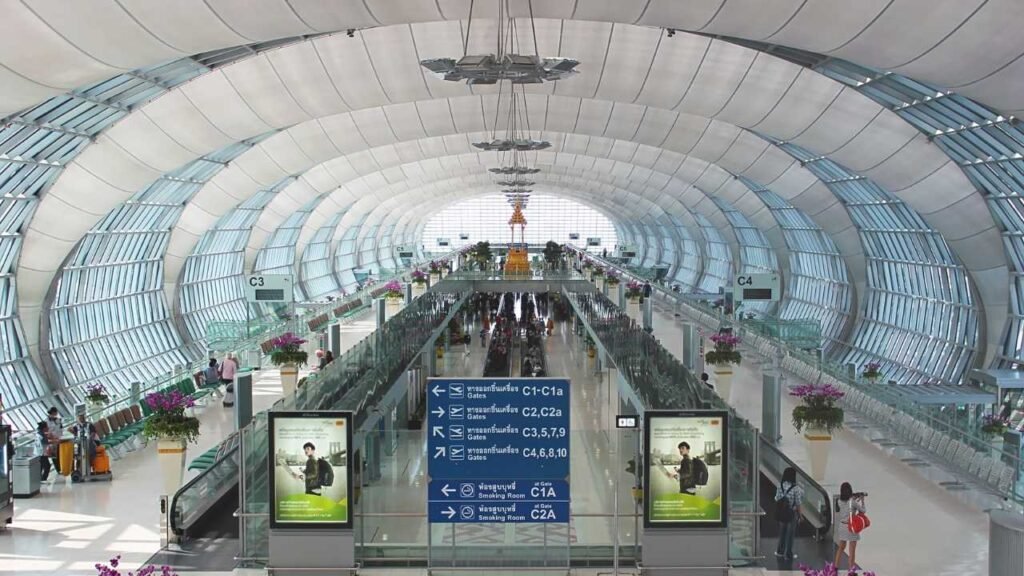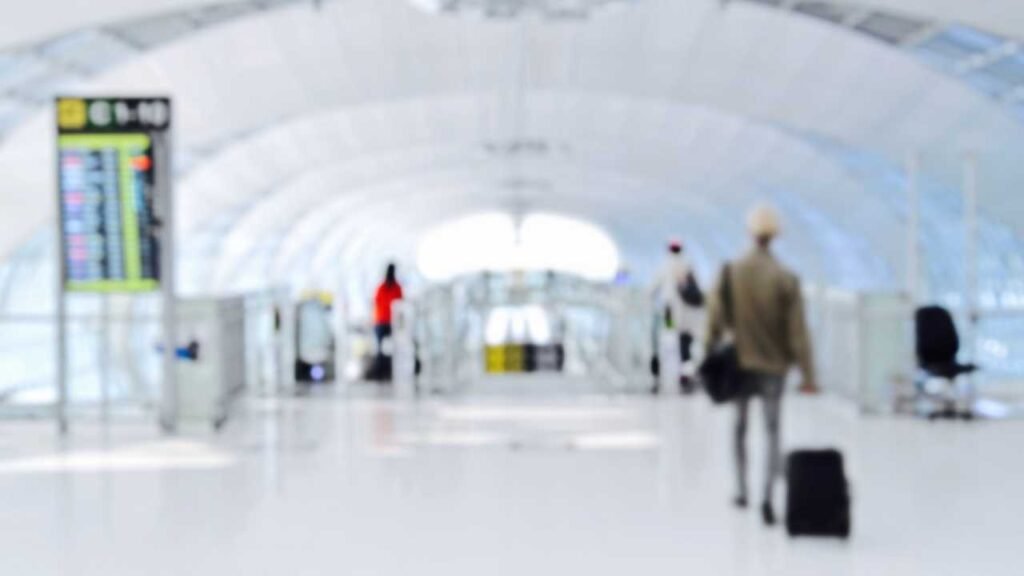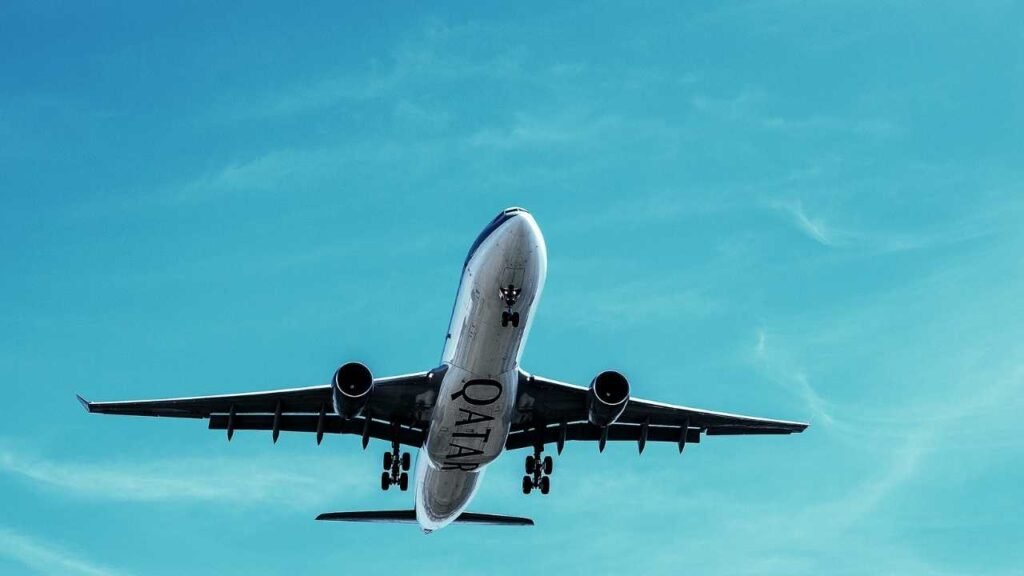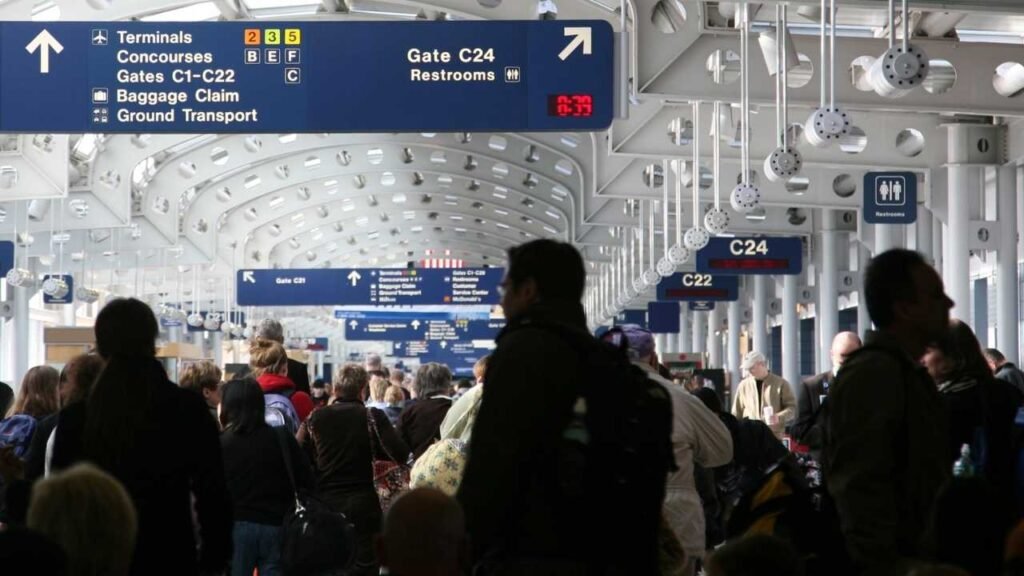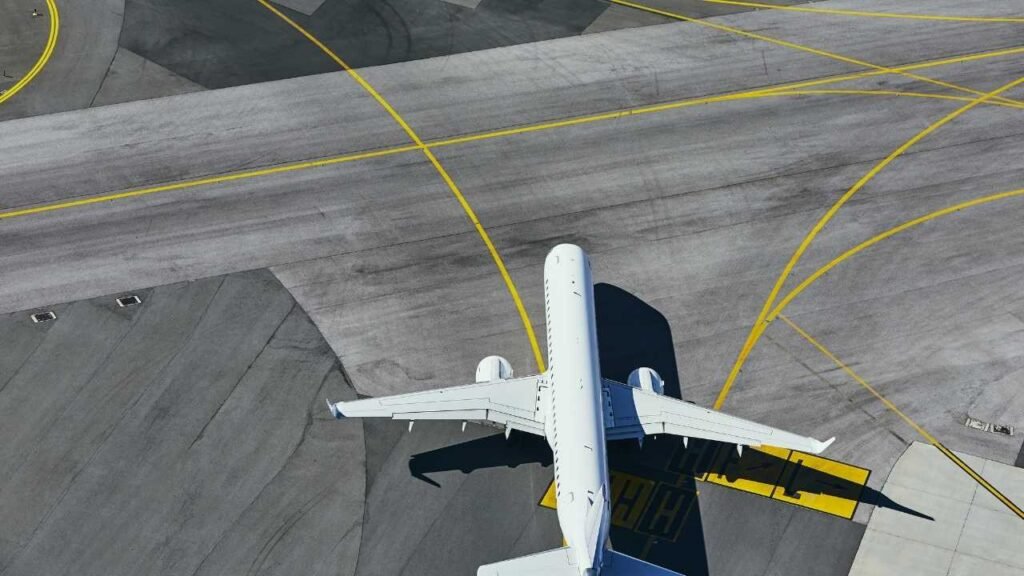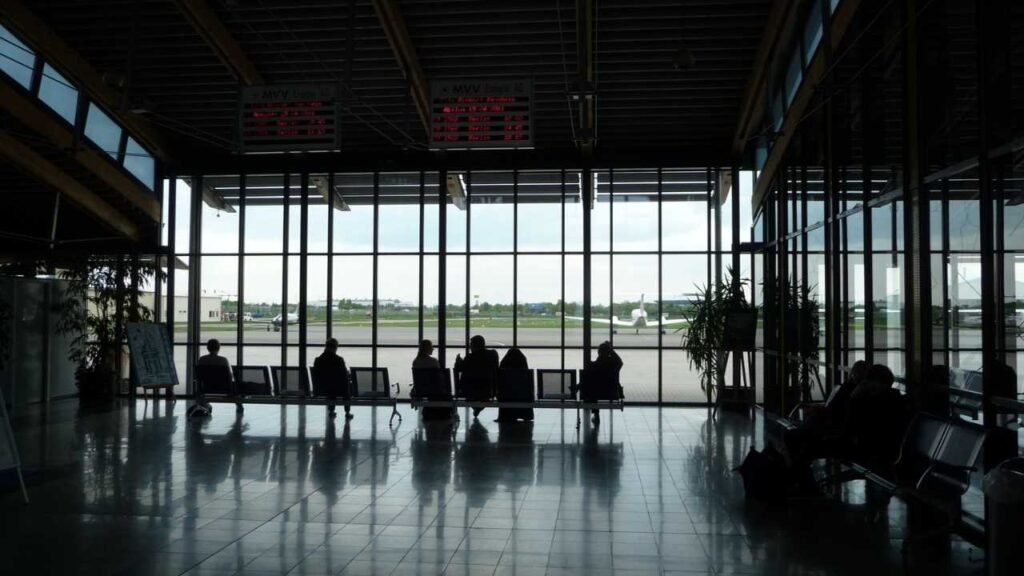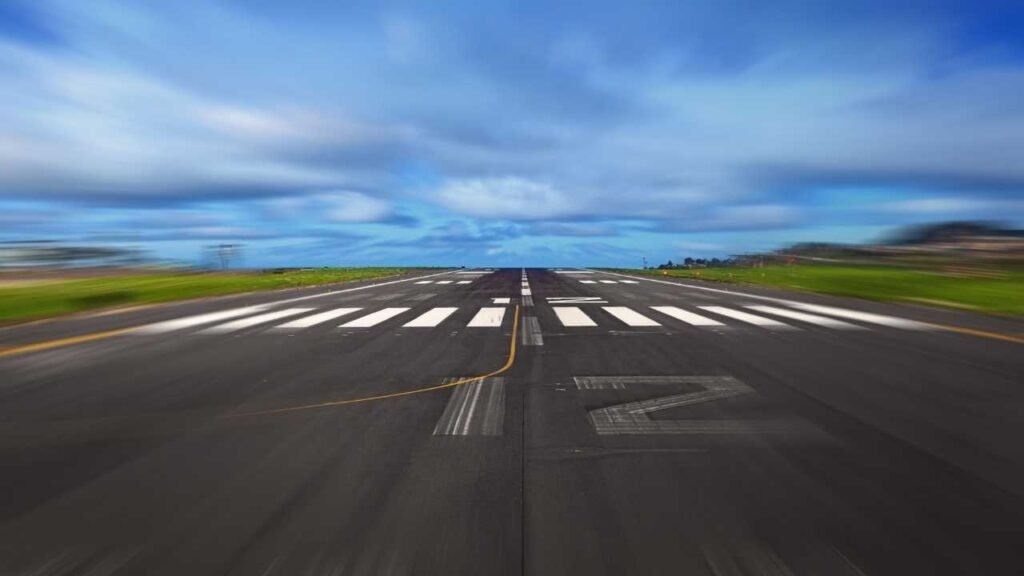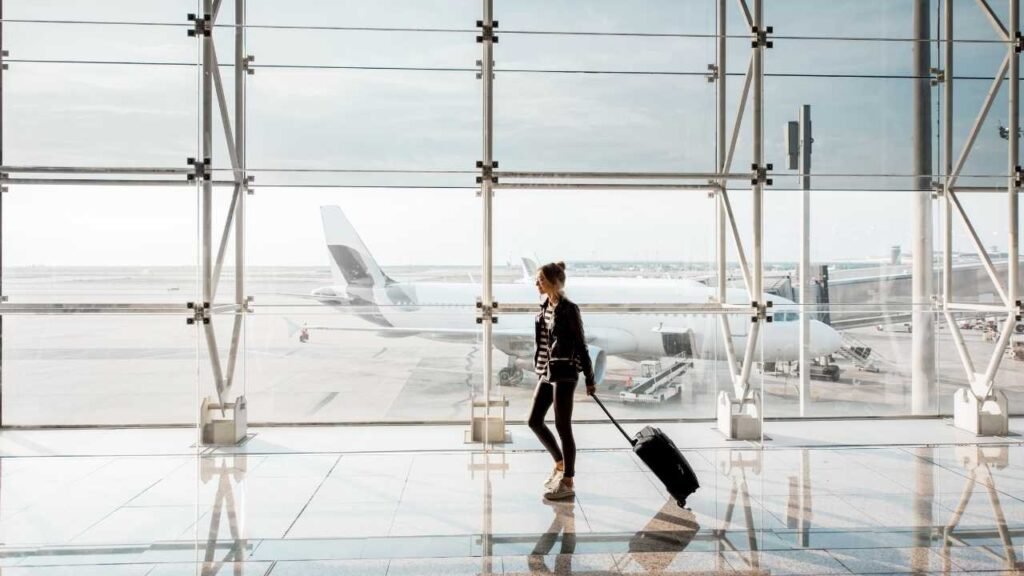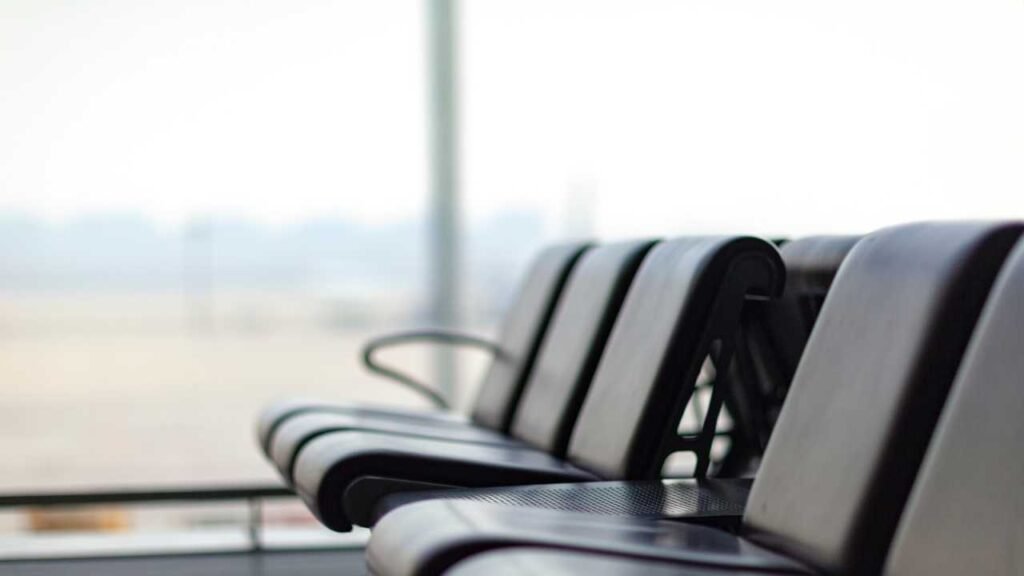- Home
- Portland International Airport
Portland International Airport
Injuries and Accidents at Portland International, Serving Portland, Georgia
Slip and Fall and Other Accidents at Portland International Aiport in Portland, Georgia
Slips, trips, and other mishaps happen more than most expect in busy terminals like Portland International. Crowded walkways, tracked-in rain and poor lighting make hazards hard to spot. If you are hurt, request an incident number, take photos of the scene, and get evaluated the same day so your recovery and any claim start on solid ground.

Frequent Injuries Reported at Portland International
Slip & Fall Accidents at Portland International Aiport
Slip and fall accidents are among the most common of passenger harm in busy terminals.
Hazards commonly involve rainwater tracked through entrances, which can surprise even careful walkers.
High-risk spots tend to be security checkpoints, where tight turnarounds make hazards harder to spot.
Many incidents trace back to condensation from HVAC vents.
Property operators owe a duty of care to travelers under standard negligence law.
Negligence can be shown through ignored work orders.
Injuries commonly involve soft-tissue damage, derailing trips.
Right after a fall, ask for a supervisor and get medical evaluation even if symptoms seem mild.
Useful evidence can include copies or photos of warning signage or the lack of it.
Surveillance footage may be retained briefly, so send a written preservation request within hours.
Multiple parties may share responsibility, including the airport authority, depending on who controlled the area.
Comparative fault is weighed against the operator’s negligence, so do not self-blame prematurely.
Deadlines to file vary by jurisdiction, making it important to confirm the exact timeline.
Compensation may cover pain and suffering, with clear causation documentation strengthening valuation.
When contacted by insurers, avoid broad statements until you’ve reviewed incident paperwork.
A focused legal review aligns evidence with notice requirements and prepares the claim for litigation if needed.
Vehicle Accidents at Portland International Airport
Airport vehicles such as shuttle vans at Portland International in Portland, Georgia can collide with pedestrians.
These crashes frequently happen on the tarmac, where pedestrian safety is often overlooked.
Common causes include driver distraction from radios or devices.
Risk spikes during weather delays, when lane markings are confusing.
Danger zones often involve crosswalks near baggage claim.
Responsibility can fall on a shuttle operator for maintenance failures.
Right after an impact, ask for the supervisor on duty and call paramedics if needed.
Helpful evidence includes the unit or license number.
Preservation requests should seek maintenance and inspection logs for the vehicle.
Typical injuries often involve knee, hip, or shoulder damage, so document symptoms.
Comparative fault is weighed against the operator’s duty to drive safely, even if you stepped outside a marked crosswalk.
Time limits can be shorter for claims involving public authorities, so act promptly.
Compensation often considers future care and pain and suffering, and expert opinions strengthen valuation.
If you’re exploring a claim, get a review focused on notice requirements and evidence.
Jet Bridge & Boarding Accidents at Portland International
Boarding areas and jet bridges at Portland International in Portland, Georgia may collapse, causing falls, sprains, and fractures.
Responsibility often falls on airport contractors, especially when they neglect inspections.
Baggage Claim Accidents at Portland International
The baggage claim area of Portland International is one of the busiest sections of the airport, which heightens the chance of accidents.
jammed conveyor belts injure travelers while passengers retrieve their bags.
Risk factors include misaligned belt guards.
Crowding reduces visibility, especially when oversized items roll out.
High-risk zones include the first drop point where bags appear.
Common injuries often involve back strains from sudden twisting.
Contributing errors include delayed cleanup of spills.
If a mishap occurs, report it to the baggage services desk and airport staff.
Capture evidence like names and numbers of witnesses.
Act quickly to note pain that worsens after leaving the airport to support future claims.
Potentially responsible parties can involve a baggage system maintenance vendor.
Liability often turns on whether staff knew or should have known of the hazard.
Comparative fault is weighed against the operator’s duty to keep the area safe.
Time limits to file can be shorter if a public authority is involved, so confirm the applicable period.
Recoverable damages may include pain and suffering, and early evidence preservation strengthen the case
Security Checkpoint Injuries at Portland International Airport
Security checkpoints at Portland International are often the site of accidents, especially when lines are overcrowded.
Common hazards include falls from hurried belt unloading, which lead to falls.
Bottlenecks make hazards harder to spot, particularly during peak departures.
Contributing factors often include equipment left in walkways.
Injuries often involve wrist and ankle sprains that disrupt travel plans.
After an incident, ask for a manager on duty and seek medical evaluation the same day.
Useful evidence can include time stamps from your boarding pass or app.
Video and data sources cleaning schedules and inspection sheets, so send a prompt preservation request.
Responsibility can include the airport authority managing the area, depending on inspection and response records.
Comparative fault does not automatically bar recovery, even if you were rushing.
Deadlines to file vary by jurisdiction, so confirm the exact requirement before filing.
Compensation may include future care needs, and clear causation documentation strengthen valuation.
Worker Accidents at Portland International
Employees at Portland International in Portland, Georgia face falls from equipment.
Many of these incidents are linked to poor safety standards if management maintained equipment correctly.
International Airport Accidents Linked to Portland International Airport
International travelers injured at Portland International in Portland, Georgia may face challenges with foreign laws.
Because Portland International connects Portland to international carriers, liability often becomes legally complex.
Escalator & Elevator Accidents at Portland International
Escalators and elevators inside Portland International in Portland, Georgia sometimes stop suddenly, causing head and back trauma.
Responsibility may lie with maintenance contractors when inspection is neglected.
Shuttle Bus & Ground Transportation Accidents at Portland International Airport
Shuttle buses, trams, and ground transportation vehicles at Portland International in Portland, Georgia can suddenly stop, injuring airport visitors.
These accidents often occur at crowded pickup areas, creating serious dangers for residents of Georgia.
Parking Lot & Curbside Accidents at Portland International Airport
Parking lots and curbside zones at Portland International in Portland, Georgia are common accident zones.
Hazards include icy sidewalks, leading to vehicle collisions.
Luggage Cart & Conveyor Belt Accidents at Portland International Airport
At Portland International in Portland, Georgia, runaway luggage carts or broken conveyor belts can trap hands.
These incidents may result from equipment defects.
Food Court & Restaurant Accidents at Portland International Airport
Restaurants and food vendors inside Portland International in Portland, Georgia can cause food poisoning.
Liability often rests with airport restaurant operators when they ignore safety regulations.
Airport Construction Zone Accidents at Portland International
Renovation or construction areas inside Portland International in Portland, Georgia expose travelers to blocked walkways.
Injuries here may involve lack of proper barriers.
Disabled Passenger Assistance Accidents at Portland International
Disabled passengers at Portland International in Portland, Georgia can be harmed during wheelchair or electric cart assistance.
Failures to comply with ADA standards often lead to serious accidents.
Boarding Stair & Ramp Accidents at Portland International
Portable boarding stairs and ramps at Portland International in Portland, Georgia sometimes aren’t secured properly, causing falls.
These accidents are especially common at gates without jet bridges.
Lost Luggage & Property-Related Injuries at Portland International
Lost luggage at Portland International in Portland, Georgia is not just inconvenient — it can create health risks, such as when safety gear is lost.
Travelers may pursue claims for damages linked to mishandling of personal property.
Airside & Tarmac Accidents at Portland International
Restricted airside areas at Portland International in Portland, Georgia expose workers and sometimes passengers to collisions.
These incidents are high-risk and often fall under negligence claims against contractors or airlines.
What you do in the time right after following your injury at Portland International in Portland, Georgia will influence whether you have a winning case and one that fails to move forward. Here’s how to protect your rights.
See a Doctor Immediately After the Accident
Medical care should always be the top priority. After an injury at Portland International in Portland, Georgia, it’s essential to obtain medical help right away. Even if you don’t think you’re badly hurt, internal damage that isn’t obvious may become serious if untreated. Request on-site medical staff or go to the nearest hospital and make sure you get a written medical report. This medical record will strengthen your case when negotiating with insurers.
Document and Collect Evidence
One of the most vital steps after an accident at Portland International in Portland, Georgia is to gather evidence. Use your smartphone to capture pictures of the unsafe condition such as poor lighting. Make sure to photograph the location from multiple angles and include foot traffic conditions. Write down exact location inside Portland International and anything unusual you noticed. If there are other passengers who saw the incident, ask for their phone number or email address. This evidence will support your claim when your lawyer pursues compensation on your behalf.
Contact Us for Legal Representation
Contact Us for Legal Representation Once you’ve documented the scene at Portland International in Portland, Georgia, the next step is to contact us for legal representation. Airports and their insurance companies will act quickly to minimize payouts, and without proper representation you may be asked to sign paperwork that waives your rights. A qualified attorney can: Gather witness statements and camera footage Make sure no one who played a role is left out of your claim File claims within strict legal timeframes Fight for maximum compensation Call our legal help desk now for a free consultation. By contacting us today, you can learn your rights and make sure your accident at Portland International in Portland, Georgia leads to fair compensation.
Tell Airport Staff About the Accident
After an slip and fall at Portland International in Portland, Georgia, it’s essential that you make the accident known to airport authorities. Go directly to airport management offices, or call the airport’s accident hotline if you are unable to walk to a desk. Always ask for an incident report, and make sure it includes your address as well as the location inside Portland International. This record serves as an essential record that the accident occurred inside Portland International, and it can support your claim later. If the airport provides a reference number, write it down and keep it safe.
Keep Every Receipt and Report
After an injury at Portland International in Portland, Georgia, it’s essential to hold onto all documents connected to your case. This includes rehabilitation costs, as well as taxi or rideshare expenses. Keep copies of emails or letters from airport staff along with your address. If you lost time from work, make sure to document missed wages to show how the accident at Portland International affected your income. Maintaining a clear paper trail of expenses and correspondence will help prove the financial impact of the accident. Without this proof, the airport, airline, or their insurers may argue that damages were not connected to the incident.
Protect Your Case by Staying Silent on Key Details
After an accident at Portland International in Portland, Georgia, it’s vital that you watch what you say. Airline staff, airport security, or insurance representatives may request a statement while you’re still shaken. Anything you confirm could later be taken out of context. Avoid guessing what happened without first consulting with an attorney. Instead, provide only basic details and let your attorney handle all further communication. By remaining cautious, you strengthen your legal case and allow your lawyer to speak on your behalf.
Frequent Ask Questions About Accidents in {aiport_name} Airport
What counts as an accident at Portland International Airport?
There are many ways travelers may get hurt at Portland International Airport. Some of the most common examples include, slips on freshly mopped floors in the terminal. Danger doesn’t end at the security line — shops and food outlets inside Portland International Airport also see frequent slip and fall incidents. Ultimately, when unsafe conditions cause an injury to a passenger, it may be classified as an compensable accident under the law.
Who may be at fault after an accident at Portland International Airport?
Responsibility depends on how and where the accident happened. In many cases, Portland International Airport management may be directly at fault. But that’s not always the only party. Vendors, shop owners, and food courts inside Portland International Airport can also be held accountable if their negligence created unsafe conditions. In many situations, multiple companies are involved, and they may share legal responsibility. This is why having a lawyer is essential.
What should I do immediately after I’m injured at Portland International Airport?
Make sure you see a doctor immediately, even if your injuries seem minor. Early treatment also protects your health if hidden injuries exist. Be sure to notify airport authorities and ask that a formal incident report be created. This paperwork can be key evidence later on. Use your phone to capture evidence. Witness statements can make or break your claim. Do not wait weeks to call an attorney. Evidence can disappear in hours.
Is it really necessary to have an attorney if I was hurt at Portland International Airport?
It’s highly recommended. Portland International Airport and its contractors will fight hard to avoid paying you. Airports count on injured passengers not knowing their rights. Legal representation forces the airport to take your claim seriously. You only pay if your case is successful. In short, having a lawyer maximizes your chances of getting real compensation instead of being ignored.
Am I allowed to hold the airline accountable if my accident happened while boarding or deplaning at Portland International Airport?
Absolutely. Airlines are responsible for passenger safety during boarding and deplaning. If a jet bridge malfunctions, if there’s no assistance for disabled passengers, or if unsafe procedures are followed, the airline can be at fault. Sometimes both the airline and the airport share liability. If you were hurt during boarding or exiting, don’t assume you have no case — the airline may owe you compensation.
What kinds of compensation are available after an accident at Portland International Airport?
When you’re injured at Portland International Airport, the law allows you to pursue compensation. Medical damages cover everything from emergency room visits and physical therapy to long-term treatment. If you missed work or can no longer perform your job, lost income is included. This covers physical pain, emotional distress, and the overall impact on your quality of life. If you require ongoing care or special equipment, that can be part of your settlement. Your attorney ensures nothing is left out and fights for maximum compensation.
Are accidents at Portland International Airport treated differently?
Yes, they are often more complex. Airports often involve government entities, multiple contractors, and airlines. Different rules can apply depending on whether the airport is city-owned, private, or federally regulated. Airports are prepared to deny liability and minimize payouts. That makes legal representation even more important for these claims.
What happens if the airport says the accident was my fault?
Don’t be surprised if they claim you ignored signs or weren’t watching where you were going. Many states follow comparative negligence rules, meaning your damages are reduced but not eliminated. For example, if you slipped on an unmarked wet floor but were looking at your phone, a court may assign partial fault but still hold Portland International Airport liable. Strong evidence can tip the case in your favor. Don’t let the airport intimidate you into dropping your claim.
Do I have to pay upfront to hire a lawyer for an accident at Portland International Airport?
Most airport accident lawyers work on a contingency fee basis. This means you only pay if you win your case. Most firms clearly explain their contingency percentage. It allows injured passengers at Portland International Airport to hire top-quality representation without financial risk. So, hiring a lawyer is not just affordable — it’s the smartest move to maximize your claim.
